


























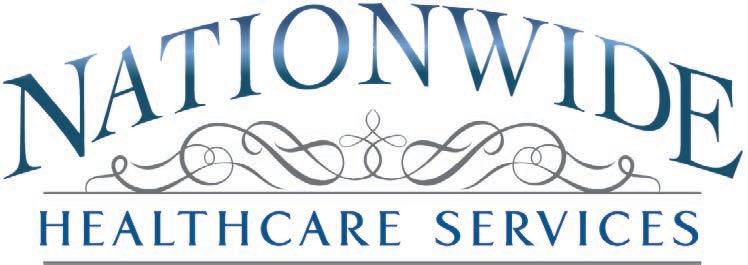
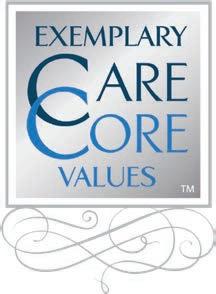
Nationwide Healthcare Centers are renown for delivering exceptional short-term rehabilitation and long-term care in positive and supporting environments.
We are guided by the belief that it takes a village to care for the elderly, with each member of our team focused on the preservation of each resident’s quality of life.
Nationwide Healthcare Services has facilities in Pennsylvania and Delaware
Brookside
Healthcare & Rehabilitation Center
Abington, PA • 215-884-6776 brooksidehealthcare.com
Sterling
Healthcare & Rehabilitation Center Media, PA • 610-566-1400 sterlinghcr.com

Regal Heights
Healthcare & Rehabilitation Center Hockessin, DE • 302-998-0181 regalheightshealthcare.com
Regency
Healthcare & Rehabilitation Center Wilmington, DE • 302-654-8400 regencyhcr.com
Laurel Square
Healthcare & Rehabilitation Center Philadelphia, PA • 215-224-9898 laurelsquarehealthcare.com
Renaissance Healthcare & Rehabilitation Center Philadelphia, PA • 215-727- 4450 renaissancehcr.com
Polaris Healthcare & Rehabilitation Center ~ Spiritus Ventilator Respiratory Unit ~ Milford, DE • 302-503-7650 polarishealthcarerehab.com
Located
With







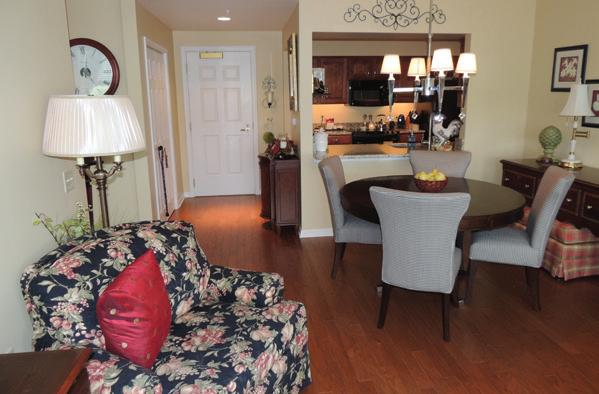














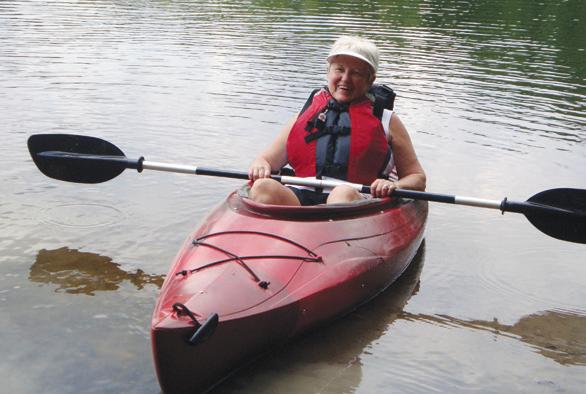
Your life. Your plan. Your community.
At SpiriTrust Lutheran®’s six Life Plan Communities, with both in-town settings and countryside locales, you can find continued growth opportunities with Spirit360TM, a lifestyle filled with flexibility and choice, a variety of sought-after services, and no maintenance. You’ll also secure a plan for any future care needs. Come discover a place where “planning” and “living” merge and allow for living life to the fullest!







• The Village at Gettysburg Gettysburg, PA | 717-334-4443
• The Village at Kelly Drive York, PA | 717-854-5010
• The Village at Luther Ridge Chambersburg, PA | 717-261-1251
• The Village at Shrewsbury Shrewsbury, PA | 717-235-5737
• The Village at Sprenkle Drive York, PA | 717-767-0579
• The Village at Utz Terrace Hanover, PA | 717-646-2420

Relationships are at the core of Morningside House Senior Living’s philosophy. By promoting three different but inherently connected types of relationships, Morningside is working to make senior living in Pennsylvania better…one senior at a time. Morningside is dedicated to restoring family relationships, promoting resident and caregiver relationships, and prioritizing relationships between employees and leadership.
From fitness programs to volunteer opportunities, Dunwoody Village provides a multitude of options to keep residents engaged. That is just one of the many reasons that visitors and residents maintain that Dunwoody Village “feels different.”
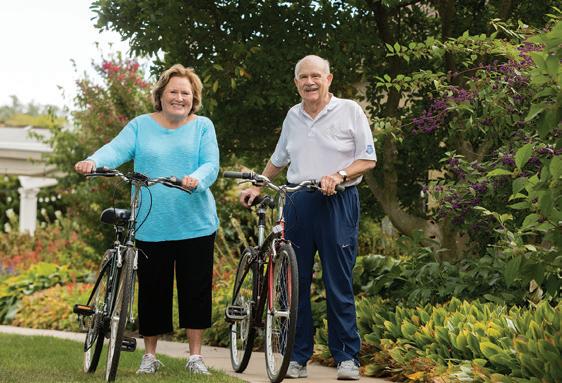

Whether you are committed to remaining in your long-time family home or an amenity rich apartment community, there are plenty of options for aging in place. Home care options include companion care, home healthcare or skilled nursing care. Adult day care centers can also help with aging in place.

The senior living industry includes housing options that are perfect for every person and every situation. Start here to find the right option.

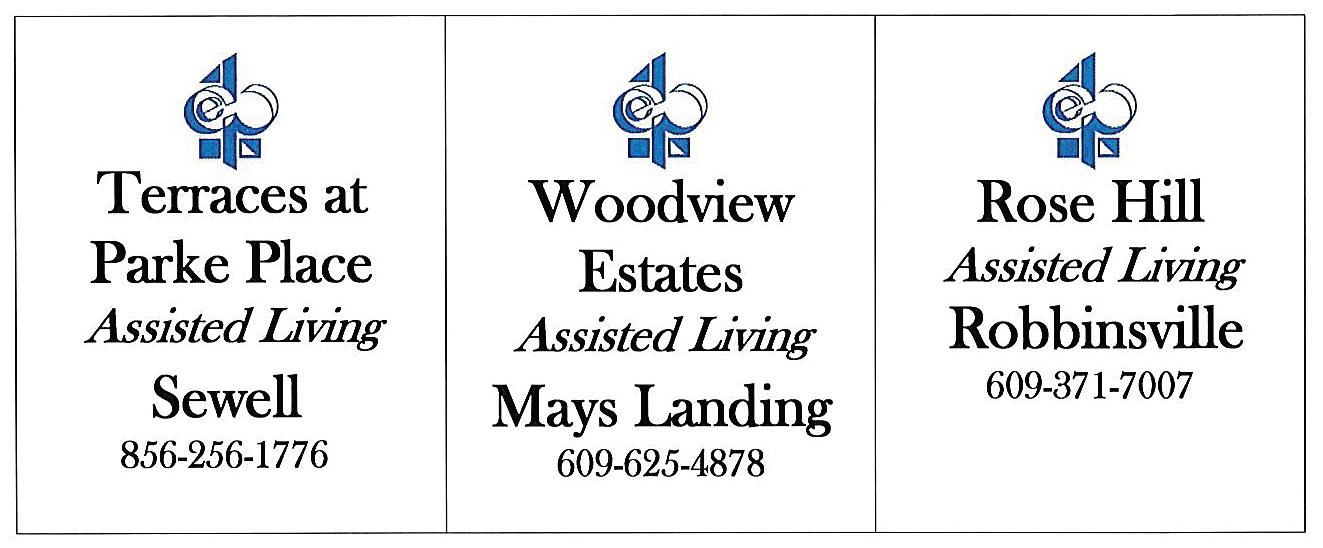
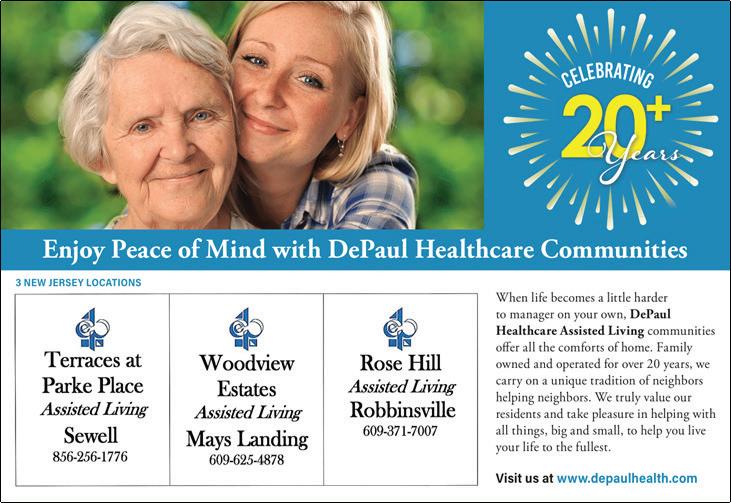
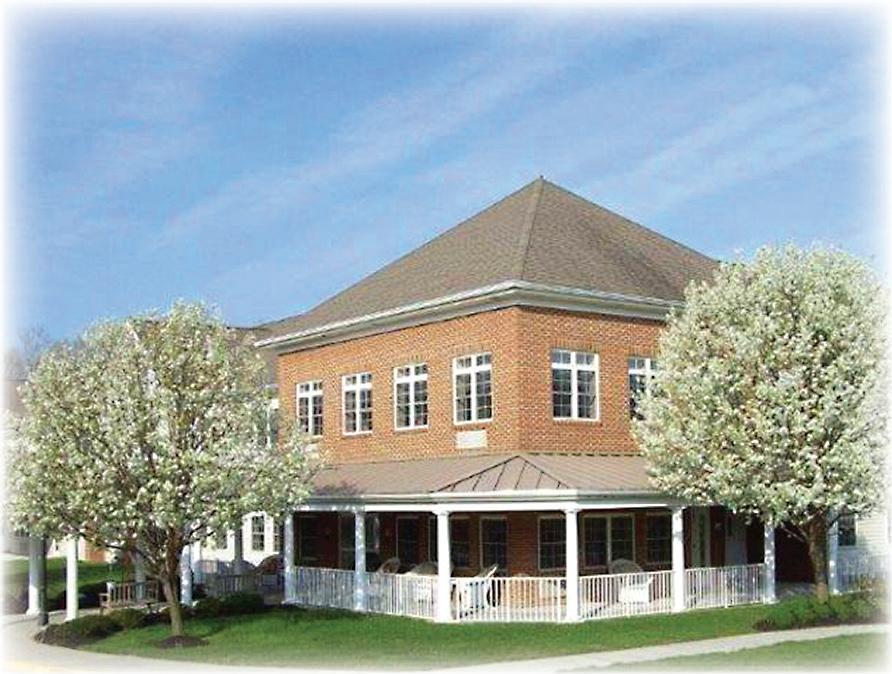
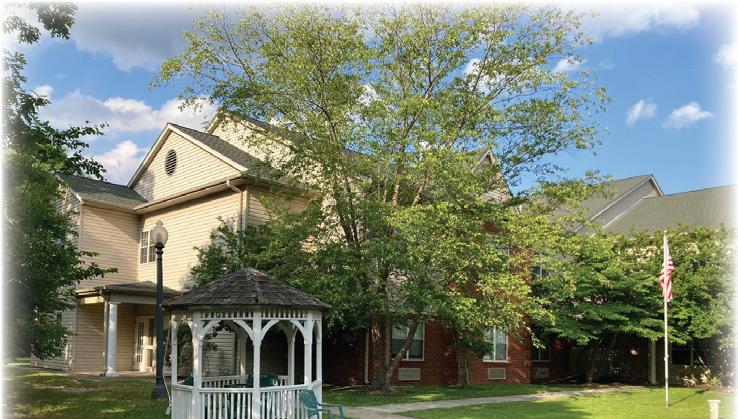



















yrs,
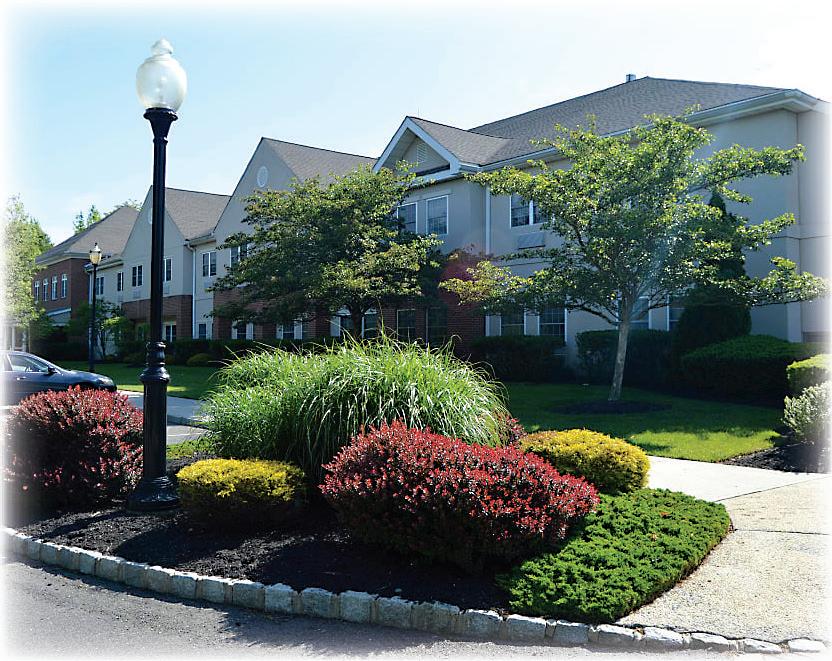

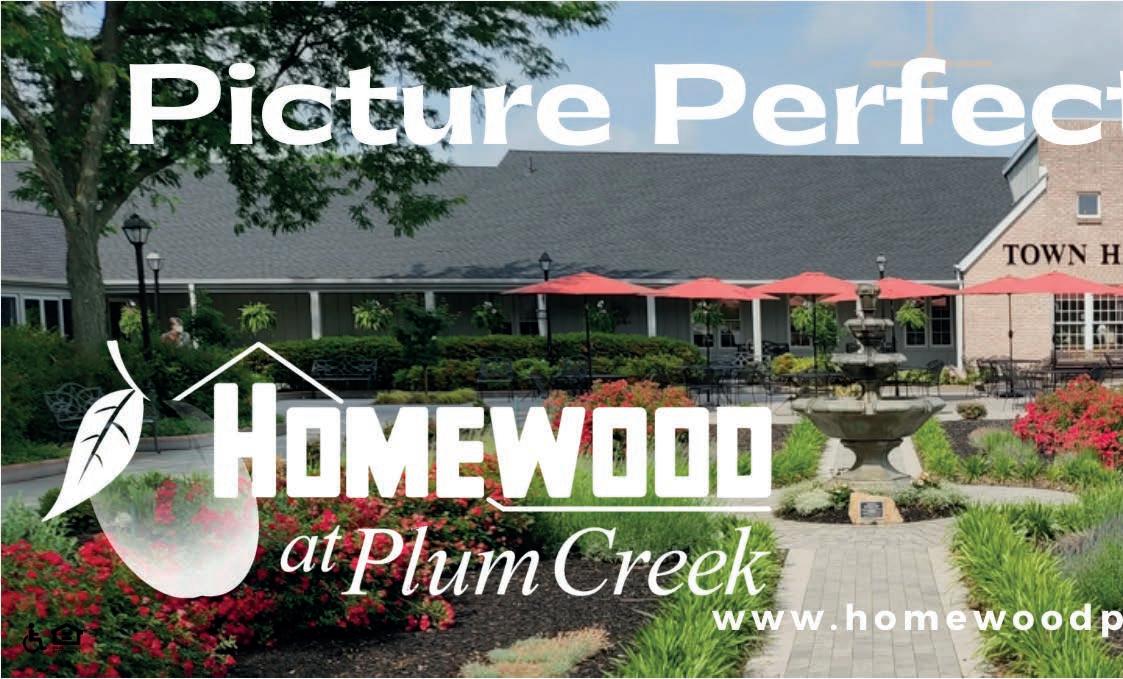
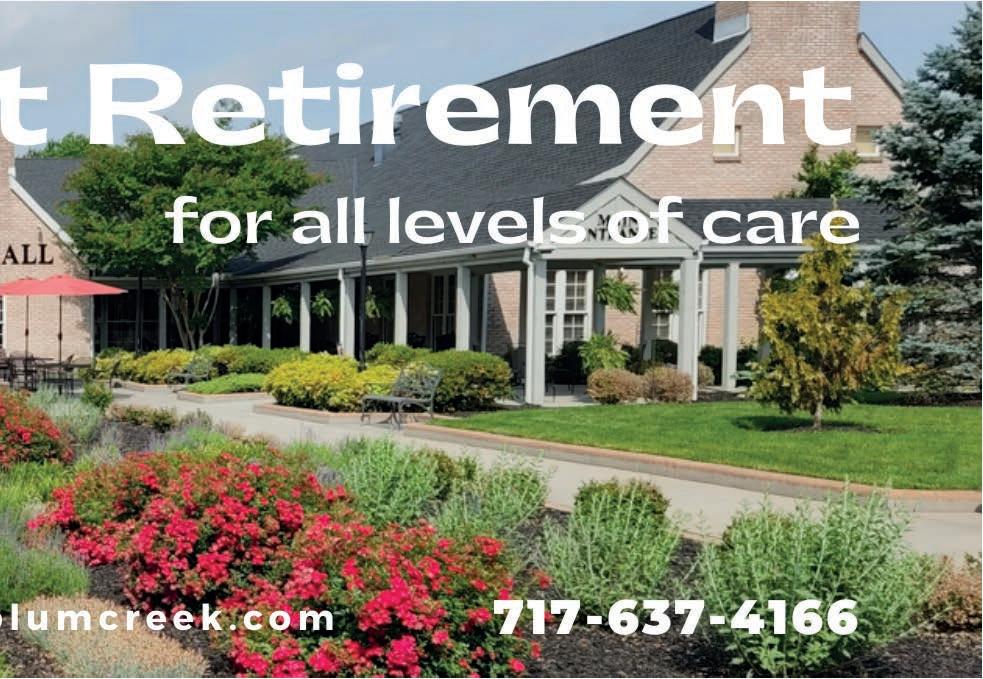





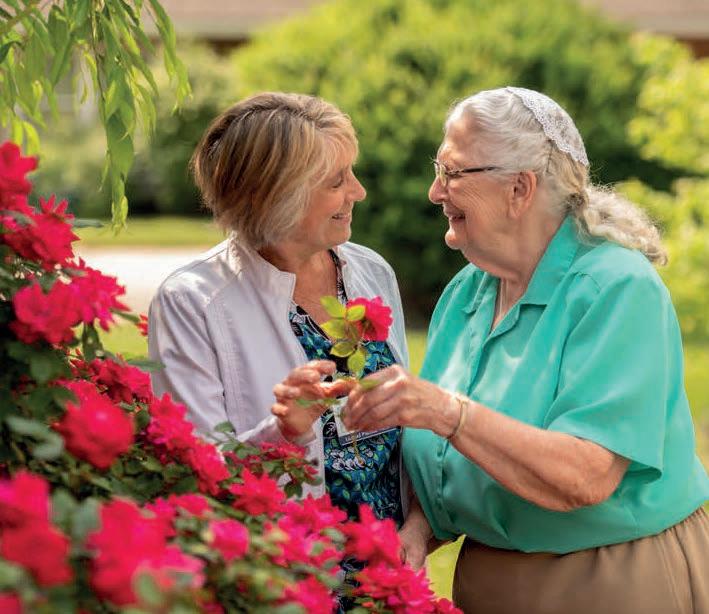

Home to me is a smiling face, a warm embrace, or a cozy corner. Home may be a high-rise in the heart of downtown or a cottage in the woods. Whatever home is to you, it is a place where we all belong.
At Sourcebook, we are proud to help older adults find their forever homes. Whether they are moving across the country or just across the street, we can help older adults and families find the perfect place to live the retirement lifestyle of their dreams.
Some older adults are looking for amenities and activities galore. We know all about that. Others want the promise of continuing care as they age. We have that too. Families often are searching for a safe and comfortable place for mom or dad to receive the care they need. We can help.
From life care communities to nursing and rehabilitation centers, we can help older adults and their families find the community that works for them. No matter what your retirement might look like, you can find a home in the pages of Sourcebook
In addition to listings for thousands of senior living communities in the mid-Atlantic, we also provide helpful articles, interesting profiles, and practical checklists to make your search simple. Our goal at Sourcebook is to give consumers the information they need to fully understand and navigate the senior living industry. There are lots of choices, and we feel confident that there is a community that is your perfect home.
In this issue’s cover story, “Grooving Through The Golden Years,” we meet several residents at Morningside House Senior Living. Morningside is making sure residents feel at home by focusing on three different but connected types of relationships. Morningside is dedicated to restoring family relationships, promoting resident and caregiver relationships, and prioritizing relationships between employees and leadership (see page 14).
Families often are searching for a safe and comfortable place for mom or dad to receive the care they need. We can help.
Regardless of whether you are searching for yourself, a loved one, or a client, we hope that you find a home that makes retirement dreams a reality in the pages of this guidebook. The information we’ve provided will make your search easier. Use our research to ask questions and be an informed consumer. Use our comprehensive listings to review local communities, and then contact the ones that interest you. All the information you need is right here.
And remember, if you need help, we’re always here. Call us at 1-800-394-9990 or visit us online at retirementlivingsourcebook.com.
Turn the page and find your new home. Welcome!
Thank you for supporting SourceBook!
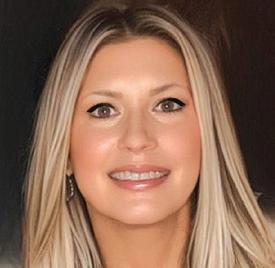
ASSOCIATE PUBLISHER lisa@proaging.com



Willow Valley Communities resident, Jim Comey, says his philosophy on life comes from writer, Jonathan Swift: May you live every day of your life. And that’s exactly what he does. A produced playwright and published author, Jim is the chair of the Willow Valley Communities Writers Group. He teaches Tai Chi and Qigong and performs in plays. And when he’s not doing all that, Jim’s found riding his motorcycle on the gorgeous country roads in Lancaster County. “This is a whole new world for me,” he says. “I have the freedom to enjoy life’s next adventures knowing that my wife and I — and our adult children — have the peace of mind of Willow Valley Communities’ Type A Lifecare for the future.”
Find your Life Lived Forward. Explore Willow Valley Communities today.
1
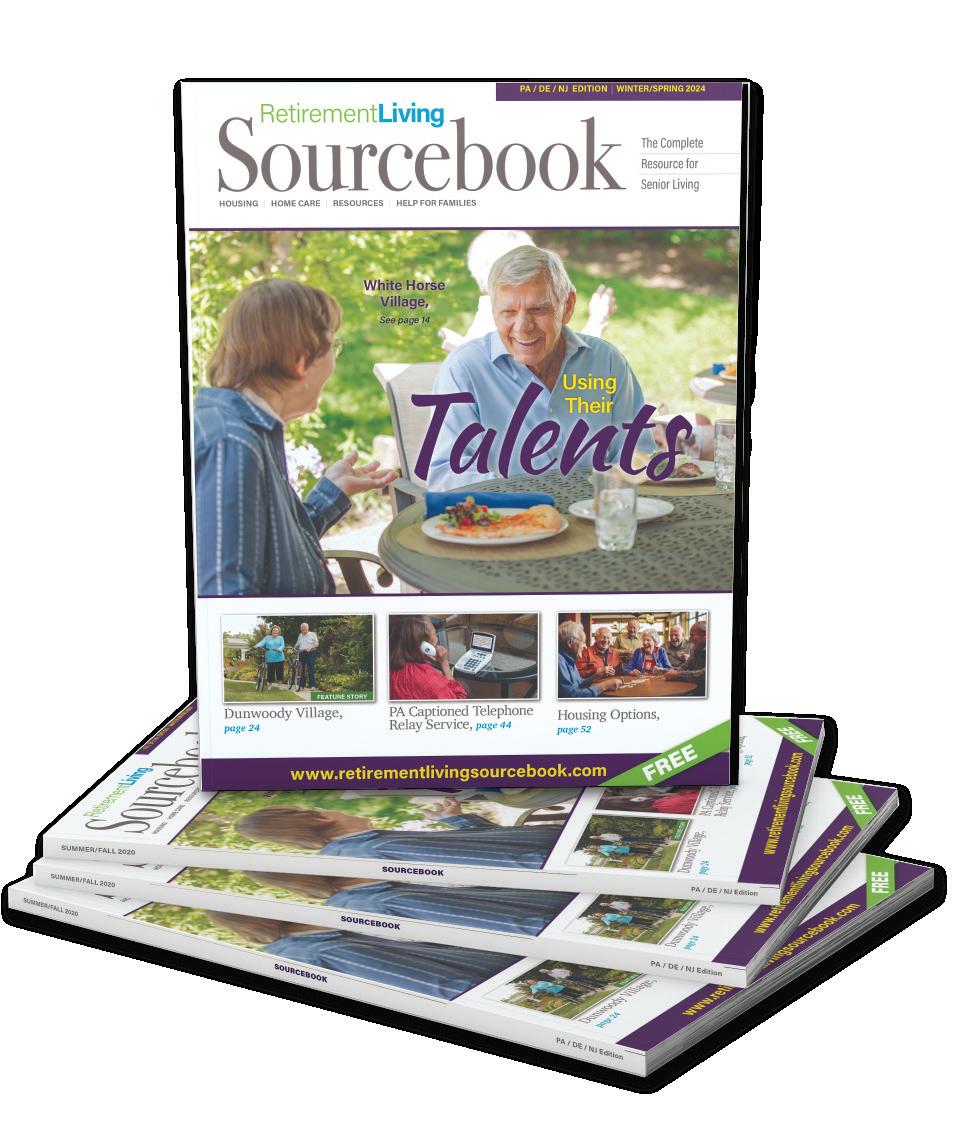
2
Geographically target your search.
3
4
• Consider present and future healthcare needs and lifestyle preferences.
• Use the resources section to find professionals who can help. See page 32.
• Learn about the wide variety of senior living options:
- Resources......................................................................... page 32
- Housing Options page 46
- Age In Place Options page 102
• Use our tables to find providers:
- Resources page 32
- Housing Providers page 65
- Age In Place Providers ........................................ page 104
• Call and email options to get more information.
• Schedule site visits and meetings.
• Use the checklists in every section.

Whether you plan out every minute or always wait until the last minute, there is still time to create a positive aging experience. Find your decision-making style and get ready to take the next—or the first—step.
Planners
Also known as “advance planners,” these older adults research alternatives and plan for retirement while they are still healthy. While everyone approaches decision making differently, planners tend to perform exhaustive research with a clear

goal in mind—whether that is aging in place or moving to a retirement community.
Many planners eventually become second—or third— generation retirement community residents. They saw first-hand what a good experience their parents or other loved ones had at a retirement community, and they work to ensure that they can enjoy the same experience.
Procrastinators
They are “not ready yet.” From their perspective, retirement is years—maybe even decades—away.
Many people put off retirement planning because they are overwhelmed by the magnitude of the decisions or because they simply do not want to deal with the realities of aging.
Procrastinators fall into two distinct categories:
• Reluctant Consenters – These procrastinators are pushed by loved ones to make a change. Often, a loved one notices a decline in the person’s physical or mental health or ability to function independently.
• Wake-up Call Decision Makers –
These individuals often abruptly change their living arrangements or quickly plan for their retirement following a near crisis. These events frequently do not lead to serious injuries, but they serve as the wake-up call that is necessary to push procrastinators to action. Often, this event is a fall.
Scramblers are procrastinators without intervention. Scramblers have never thought about senior living and never discussed a plan with their loved ones. Then, one day, everything changes.
After a serious injury or illness, scramblers are forced to plan during a crisis. Oftentimes, these older adults and their loved ones must make difficult and expensive choices under extreme duress.
It is not uncommon for the children of a scrambler to become planners. They have seen what happens when you wait, and they want to avoid becoming a burden on their own children.




BRANDYWINE FENWICK ISLAND
302.436.0808
BRANDYWINE SEASIDE POINTE
302.226.8750


BRANDYWINE DRESHER ESTATES
215.591.4000
BRANDYWINE HAVERFORD ESTATES
610.527.1800
BRANDYWINE LONGWOOD
484.734.6200
BRANDYWINE UPPER PROVIDENCE
610.933.3250

To learn more, contact our communities by phone or scan the QR Code to visit our website.





BRANDYWINE BRANDALL ESTATES
609.926.4663
BRANDYWINE REFLECTIONS COLTS NECK
732.303.3100
BRANDYWINE THE GABLES 732.836.1400
BRANDYWINE GOVERNOR’S CROSSING 732.786.1000
BRANDYWINE HADDONFIELD 856.429.5500
BRANDYWINE HOWELL 732.719.0100
BRANDYWINE LIVINGSTON 973.251.0600
BRANDYWINE MAHWAH 201.800.8070
BRANDYWINE MIDDLEBROOK CROSSING 732.868.8181
BRANDYWINE MOORESTOWN ESTATES 856.778.0600
BRANDYWINE MOUNTAIN RIDGE 908.754.8180
BRANDYWINE PENNINGTON 609.730.9922
BRANDYWINE PRINCETON 609.430.4000
BRANDYWINE REFLECTIONS 732.785.3370
BRANDYWINE SERENADE PRINCETON 609.430.4000
BRANDYWINE SUMMIT 908.522.8852
BRANDYWINE SYCAMORE 732.212.2600
BRANDYWINE TOMS RIVER 732.240.0043
BRANDYWINE VOORHEES 856.424.0004
BRANDYWINE WALL 732.282.1910

What does an art studio, attending the high school musical, a chef demonstration, and a bike rally have in common?

They’re all happening at Morningside House Senior Living Communities in Pennsylvania!
In the last year, Morningside has entered the Pennsylvania senior living space with 4 newly acquired communities in the greater Philadelphia area. With locations in Exton, Blue Bell, Towamencin, and Collegeville, Morningside is bringing their signature touch to seniors in personal, memory, and respite care.
And just what is that signature touch, you ask? Let’s ask Kelly Mason, Morningside House’s President and CEO:

“Our company strives to transform the senior living experience for residents and their families, creating long-term

relationships in a beautiful, fun, community-driven environment so residents get a new lease on life.”
Relationships are at the core of Morningside House’s philosophy. By promoting three different but inherently connected types of relationships, Morningside is working to make senior living in Pennsylvania better…one senior at a time.
As family members will tell you, their loved one’s increased needs can quickly change their normal dynamic. By taking over the caretaker role, children and spouses lose important connections with their loved one as they become more concerned with their physical care— things like medication management, doctor appointments, meals, and home maintenance. Their relationships turn
into to-do lists. Have you taken your medicine? Are your clothes clean? What is in your fridge?
Meanwhile, the loved one no longer feels like a parent or equal spouse. They watch their independence slowly slip away as their well-meaning family takes over what they do, where they do it, and who they do it with. It’s a recipe for resentment on both sides, right when families need to be cherishing every moment they have together.
As members of the sandwich generation—people caring for both aging parents and their own children—the leaders at Morningside have experienced first-hand the push and pull of independence, safety, and worry. That’s why one of Morningside’s main goals is to restore the family dynamic for their residents. By providing the physical care that an aging loved one needs,
they can help families return to their original dynamic. The adult children and spouses can feel confident that their loved one is well-cared for, and the residents themselves can retain their dignity and independence. With special community events, private rooms for family gatherings, and open visiting hours, Morningside provides the space, care, and opportunities for families to make memories and enjoy each other.
Here’s what Rick G. said about his dad living at Morningside House of Collegeville:
“We moved our father to Morningside House of Collegevillewhat a huge difference! It was exactly what he needed to start enjoying his life again. Dad looks forward to their frequent outings, and he enjoys all of the activities they offer. [Personal
Continued on page 16

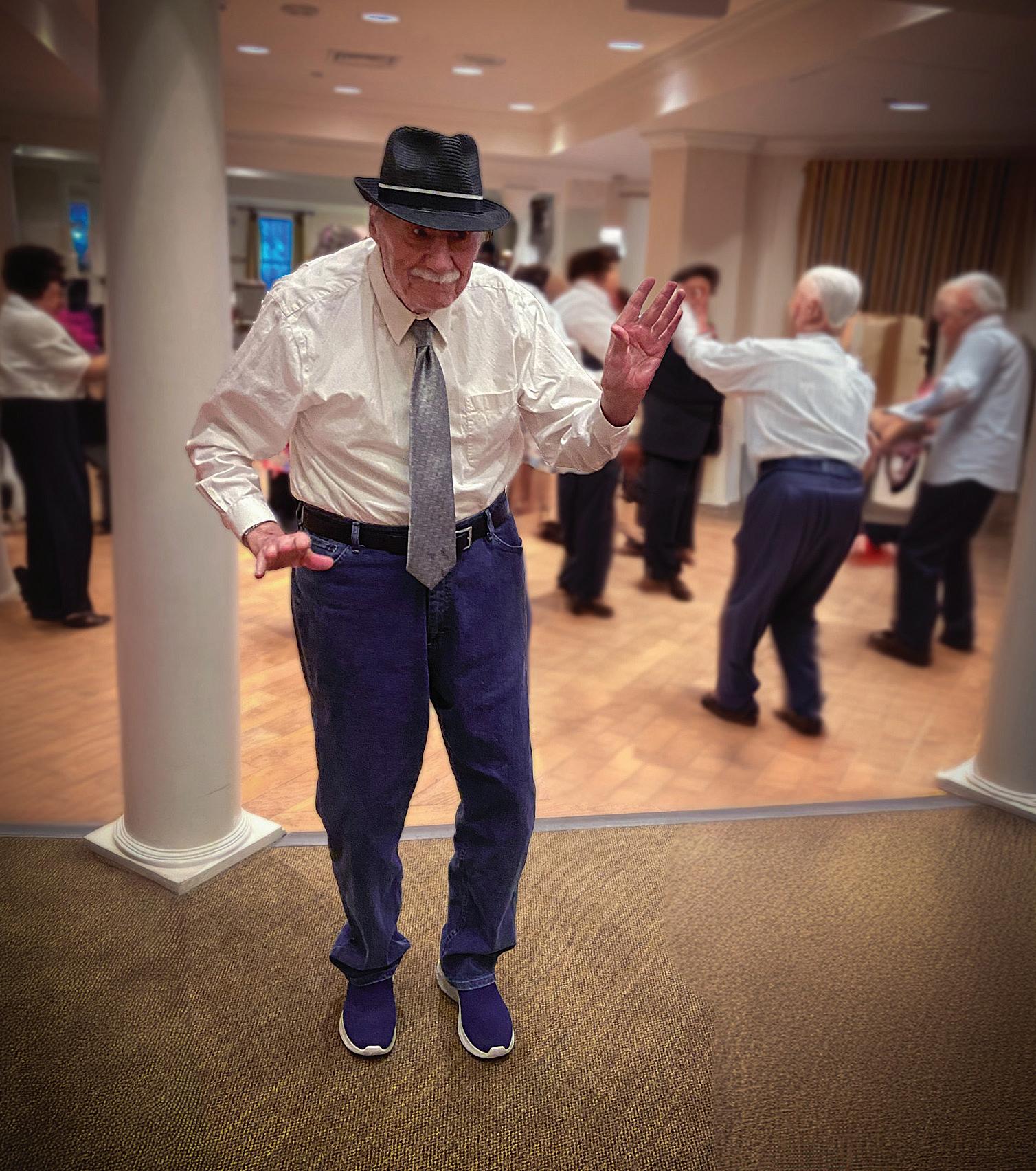
Continued from page 15
care] is definitely an adjustment, but Morningside House of Collegeville has brought back the spark in dad’s eyes. We are all made to feel as if we are a part of their extended family.”
Morningside understands that a senior living community is only as good as the care it provides for its residents. But care isn’t just physical—it’s spiritual and emotional, too. And one of the best ways to provide that holistic care is by fostering authentic, caring relationships between residents and caregivers.
The secret? Keeping caregivers around long enough to form those
relationships. Many senior living communities struggle to keep their facilities staffed, causing a dizzying revolving door for the residents. As soon as they get to know a caregiver, they’re gone. Of course, this makes it even harder for residents to feel settled and satisfied. Caregivers who stay, on the other hand, make it easy for residents to feel known, seen, and appreciated. Caregivers become not just people they can rely on, but authentic friends.
A great example of this is Morningside House of Exton. A resident’s family member, Victoria B., said:
“What I really loved most was the tenure of the team members. In any
business it’s rare to find employees that have started since the building was built, let alone 2 at Morningside House of Exton (Executive Director and Culinary member) both clocking over 20+ years of service. Not to mention, the numerous additional employees they have that have achieved 5, 10, and 15 years of service. To me that speaks volumes to the environment that Exton uniquely fosters.”
While the resident and caregiver relationship is crucial to helping take care of residents’ holistic health, it actually starts in another
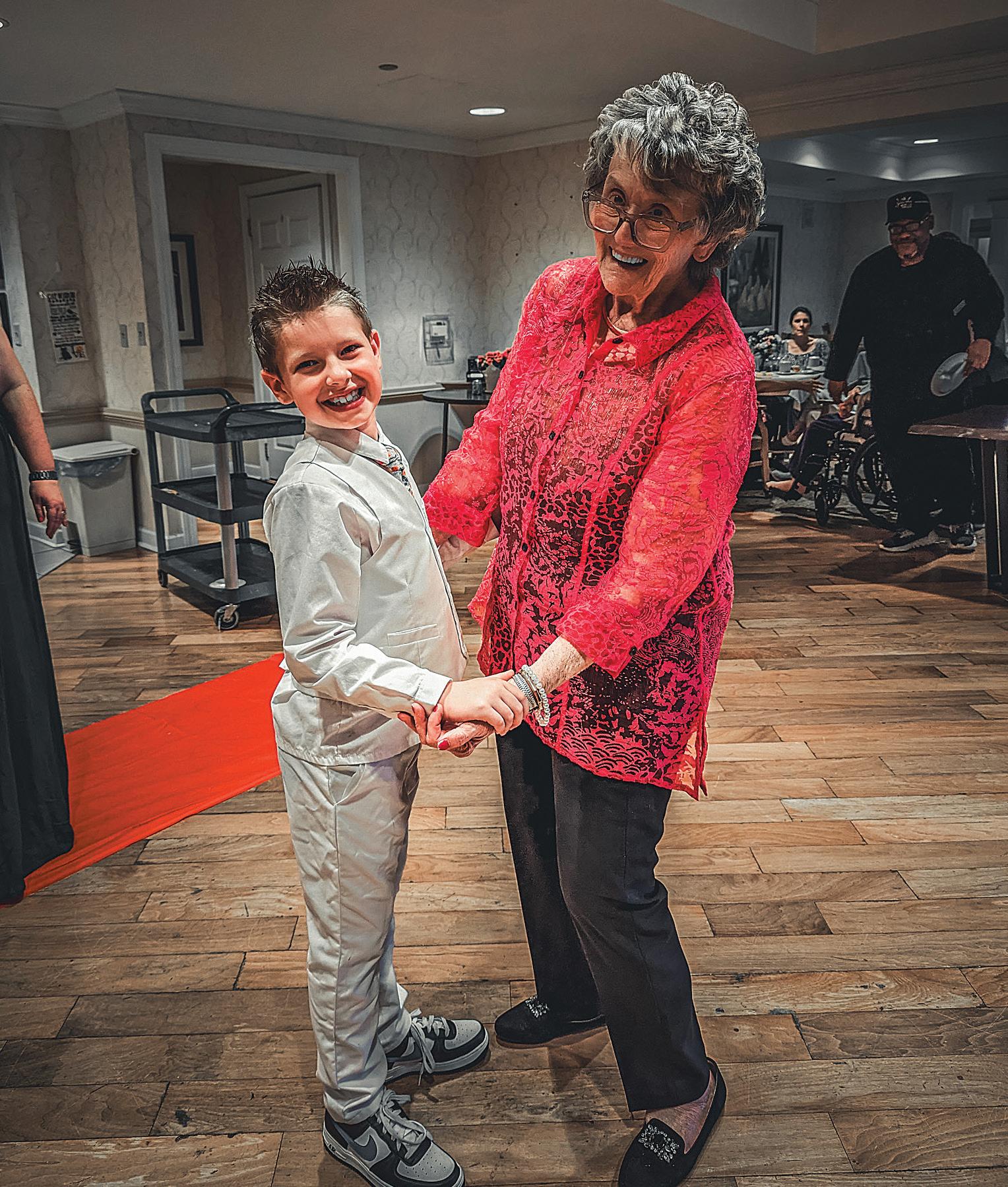
relationship—the one between employees and the company itself. Not only has Morningside been around for 30 years, but it has something that most senior living companies don’t—a 100% female leadership team.
Morningside’s leadership leans into the special insights they bring to the table as women, daughters, and mothers. And at the top of their list is creating nurturing relationships with their more than 1200 employees. Many of the top leadership have started at the bottom and worked their way up in the company, and wanted to make sure to give current employees the same opportunities.
“ This place is my home. It felt like home the moment I came to visit”
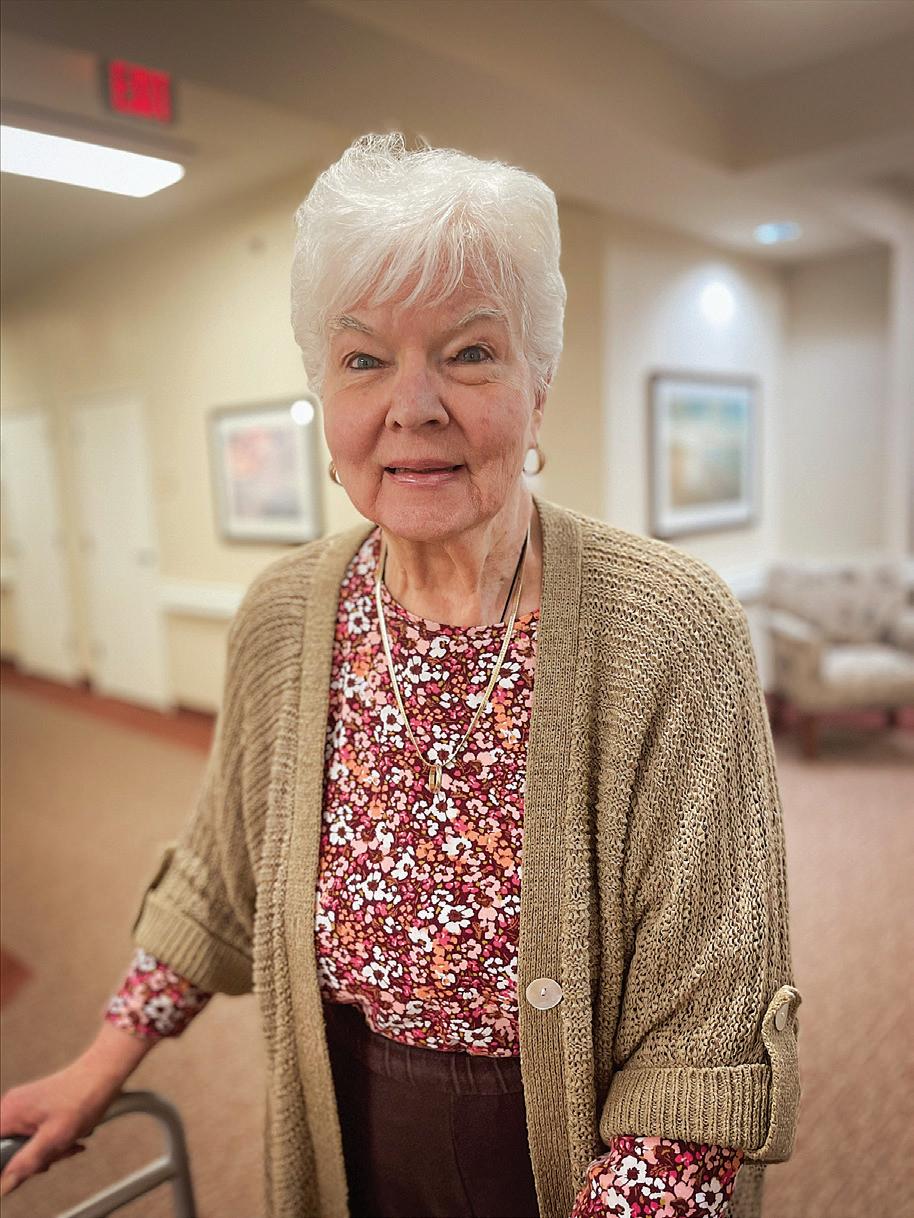
That’s why they offer chances for mentorship, for continuing education, and for career advancement for all of their employees.
What does this have to do with residents? Everything! When staff themselves feel seen and appreciated, they’re going to love where they work and stay loyal to the company. This leads to those long-serving staff who go above and beyond for residents for years and years to come.
Here’s what one happy Morningside House of Towamencin employee, Sandra C, said: “Starting at Morningside House of Towamencin in 2019, just before the world shut down, has been a wild ride. The support
—Ausra T., Morningside House of Collegeville
from management and the corporate team is incredible—they’re always responsive and reliable, yet we have plenty of fun too. Our care staff truly shines, going above and beyond to deliver outstanding hospitality and care. What I love most is our team’s genuine support and encouragement. Every day is an adventure, whether I’m lending a listening ear or stepping up in an emergency.”
While they may be one of the newest companies in Pennsylvania senior living, Morningside House Senior Living is already building the relationships that help seniors and their families live better, happier, more fulfilled lives.



Financially, emotionally, and from a practical perspective, choosing a continuing care retirement community (CCRC, or “life plan” community) is a big decision. We strive to provide information and create resources that can help seniors make a more informed decision about whether this particular senior living option is right for them, and if so, which CCRC may be a good fit. After all, this is a choice that will impact your quality of life, health, happiness, and wallet for years to come.
To help make the CCRC decision process a little easier and more manageable, we have simplified the sometimes-overwhelming list of deciding factors into six key areas that consumers should evaluate when considering a CCRC.
When looking at a CCRC, among the easier things to assess are the physical campus and the various amenities provided by the community. I recommend you take several tours of the community’s residences,
considering different floorplans and features, and then contemplate what is important to you.
Because one of the principal reasons people opt for a CCRC is the continuum of care services they offer, be sure you look at both the independent living residences, as well as the assisted living portion of the community. You want to have confidence that you will feel at home once you are settled into your new surroundings.
There is also an assortment of amenities that will be provided by a CCRC, though these offerings can vary widely from community to community, from basic services to high-end conveniences. You will need to determine which are essential and which, in your opinion, are just niceto-haves.
Some amenities to look for may include: technology that helps residents stay safe as well as keep up with the times; community gardens, walking trails, and manicured grounds; transportation services and planned excursions; multiple dining options like cafés and bistro-style settings; a fitness
center, pool, golf course, and tennis or pickleball courts; and concierge-style services and move-in coordinators.
Generally speaking, there are five common types of CCRC contracts offered among communities: Type A (lifecare), Type B (modified), Type C (fee-for-service), Rental, and Equity/ Co-op. And when it comes to entry fees (which almost all CCRCs require), some are refundable and others are not (or are only partly refundable).
Because they aren’t apples-toapples, comparing the cost of these various types of CCRC contracts, especially in different parts of the country, can be challenging. A lifecare contract in Seattle may be substantially more than a fee-forservice contract in Cleveland. Or, suppose one CCRC’s campus and facilities are older and it has fewer amenities than another community.
Bottomline: It is critical that you have a thorough understanding of which contract is right for your
Continued on page 22



Continued from page 20
particular situation, and which one you are signing.
CCRCs offer numerous attractive services and amenities for those living independently, but let’s keep sight of the primary reason for considering a CCRC: access to a continuum of care services. You want to be sure that the care services—both assisted living services as well as long-term skilled nursing care services within the onsite healthcare center—will be up to your expectations, should you one day need them.
You will want to do your due diligence research on the care provided by the CCRC, and there are a number of resources you can and should explore in order to do this. If the CCRC’s healthcare facility is Medicare-certified (as opposed to private pay only), you can check out their Center for Medicare and Medicaid Services (CMS) rating. You also can reach out to your state’s long-term care ombudsman program to see if the CCRC has had any complaints filed.
It’s wise to do some shoe-leather investigating yourself as well by visiting the healthcare center and observing how residents are being cared for, if the facilities appear clean and wellmaintained, and if the staff appears to be content. Get some first-hand reviews from the CCRC’s residents to see what their impressions have been of the care they and their fellow residents have received.
A CCRC is home to its residents, but it is also a business, and like most businesses, CCRCs are usually only as good as their administrators. You want to ensure the CCRC you are considering is well-managed and in good financial standing.
The financial viability of the community is important. Select a community that will be able to provide

residents the quality of care and services that they expect and have paid for into the future. Consider consulting with an accountant or financial professional who is wellversed in CCRC contracts and finances to ensure you will be getting what you expect and have paid for.
It’s also wise to understand the leadership structure of the community; get a feel for the expertise and experience brought by members of the board, and ask if residents are involved in a leadership capacity.
If you are considering a move to a CCRC, it’s crucial that you understand exactly how it will impact your personal finances in the long-term. Since cost and contract terms vary dramatically, it can be challenging to determine on your own if you will be able to afford the cost of a CCRC over the long-haul, particularly given that different CCRCs offer different types of residency contracts.
If you are comparing multiple communities, you want to be sure you are doing a true comparison of what each will cost, not just today but also in the future, so you can make an informed decision about which one is right for you.
The concept of “lifestyle” relates to the factors that will impact your daily living experience within the community. It makes up the answer to the question, “Will I be happy and comfortable living here?” The CCRC you choose should foster your lifestyle preferences so that you can live the
life you want to live.
“Lifestyle” is a highly individualized concept, so the priorities of one person may be different from another person’s, but important lifestyle-related considerations may include aspects such as lifelong learning opportunities, dining choices and meal plan flexibility, community involvement and volunteer opportunities, size and location of the CCRC, and general vitality level of the residents who live there.
CCRCs are also touted for the many wellness benefits they offer their residents. In fact, a recent study found that CCRC residents are in fact happier and healthier than those who do not live in such a community. From fitness classes to continuing education to nutritious food offerings, a CCRC’s wellness programs should be designed to nurture residents’ minds, bodies, and spirts.
Many communities will allow you to stay on-site for a night or two to get a feel for what it’s like to live there and the lifestyle and wellness opportunities offered by the CCRC.
There are a variety of reasons making the choice to move to a CCRC more complex than most other senior living options. This is a BIG decision; there is no denying that! However, as you explore various CCRCs and consider different contract types, these six key factors above should remain top-of-mind.
Content provided with express written permission from myLifeSite: www.mylifesite.net

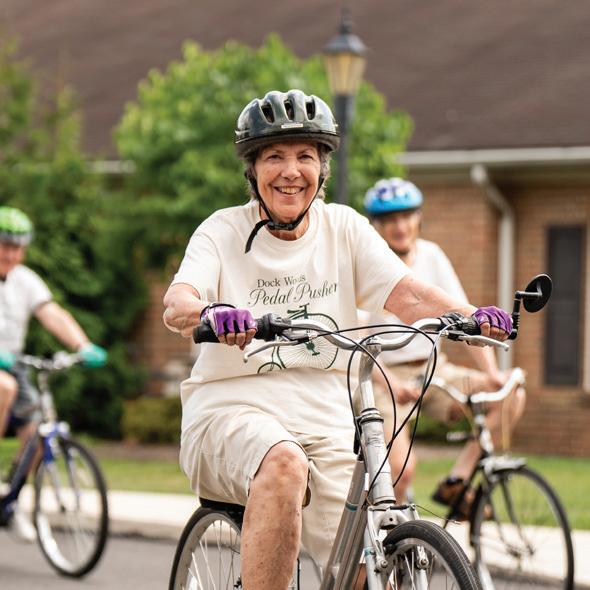


At Living Branches, spend more time doing what you like – with people you love.
There’s something special about living steps away from your friends, surrounded by endless amenities and beautifully kept spaces.
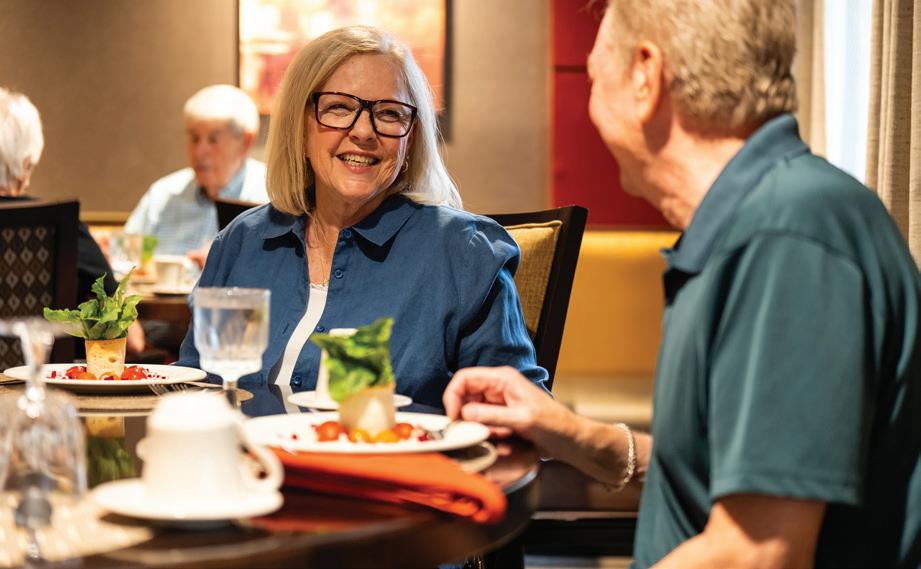

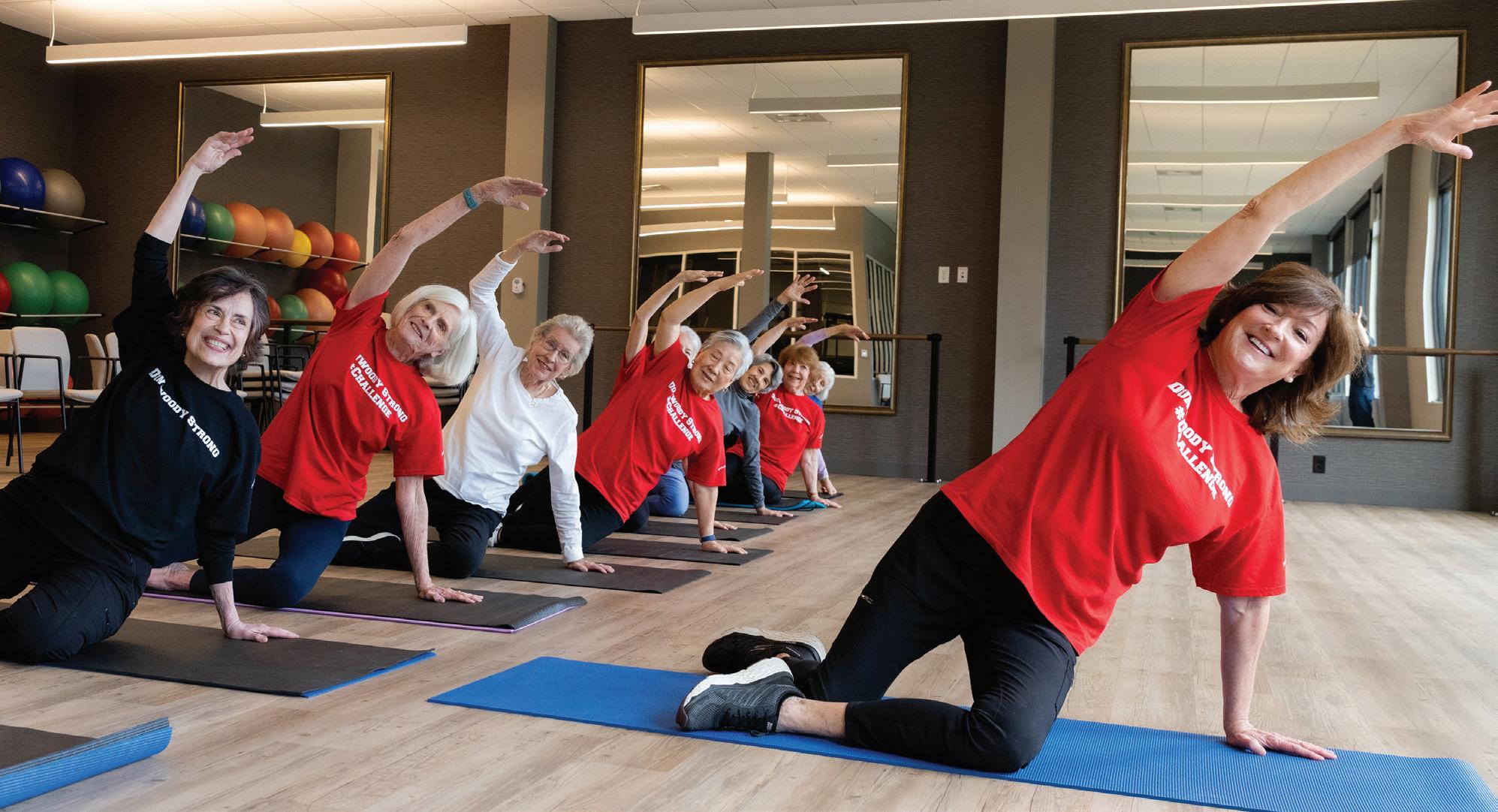
Visitors to Dunwoody Village frequently remark that it just “feels different” from other communities, and it doesn’t take long to understand why. The genuine friendliness, openness and inclusivity that are an intrinsic part of the Dunwoody culture are readily apparent from the moment people walk through the front door.
But Dunwoody Village doesn’t simply offer a friendly, inviting atmosphere. It offers a wide variety of activities and events that enable residents to create the lifestyle that most appeals to them, all within a continuing care retirement community that provides a sense of security for whatever the future holds.
Fitness programs. Residents enjoy classes like Tai Chi, Pilates and water aerobics, but also have plenty of opportunities to frame their own fitness routine. Leading a hike around Dunwoody’s 83 acres, swimming
laps in the indoor pool, or arranging a game of pickleball are just some of the many forms of physical activity available to Dunwoody residents.
Lifelong learning. Through book discussion groups or a lecture series, residents can explore new interests. Residents often serve as both teacher and student: a trip to the Philadelphia Museum of Art is led by a resident who has served as a docent for many years; another resident teaches crochet, not only to fellow residents, but also in Philadelphia’s Main Line communities. The floral committee welcomes new members anxious to learn new design skills.
Volunteer opportunities. With thirty committees within the Dunwoody Village Residents’ Association, there are plenty of ways for residents to use their gifts and talents throughout Dunwoody and beyond. Many residents continue to volunteer with community organi-
zations. Others publish monthly newsletters, oversee the woodshop, or welcome new residents as part of the hospitality team.
Socialization. Some residents arrive already knowing friends or having connections in the Village, which fosters a sense of familiarity. Others find that Dunwoody offers a refreshing sense of change – with new friends who have an array of diverse backgrounds and experiences that make the daily social exchange richly rewarding. By chatting with a neighbor over iced tea on the patio or joining a book club, residents can easily find their niche.
Peace of mind. Dunwoody Village’s continuum of care and longstanding reputation for quality healthcare offers assurance that, no matter what the future holds, a resident’s needs will be met. Dunwoody’s care center includes short-term rehab, personal care, memory care, and skilled nursing.
A strong sense of community. A plethora of programs and activities. A five-star rated care center. All these things are what makes Dunwoody Village a Decidedly Different® choice.
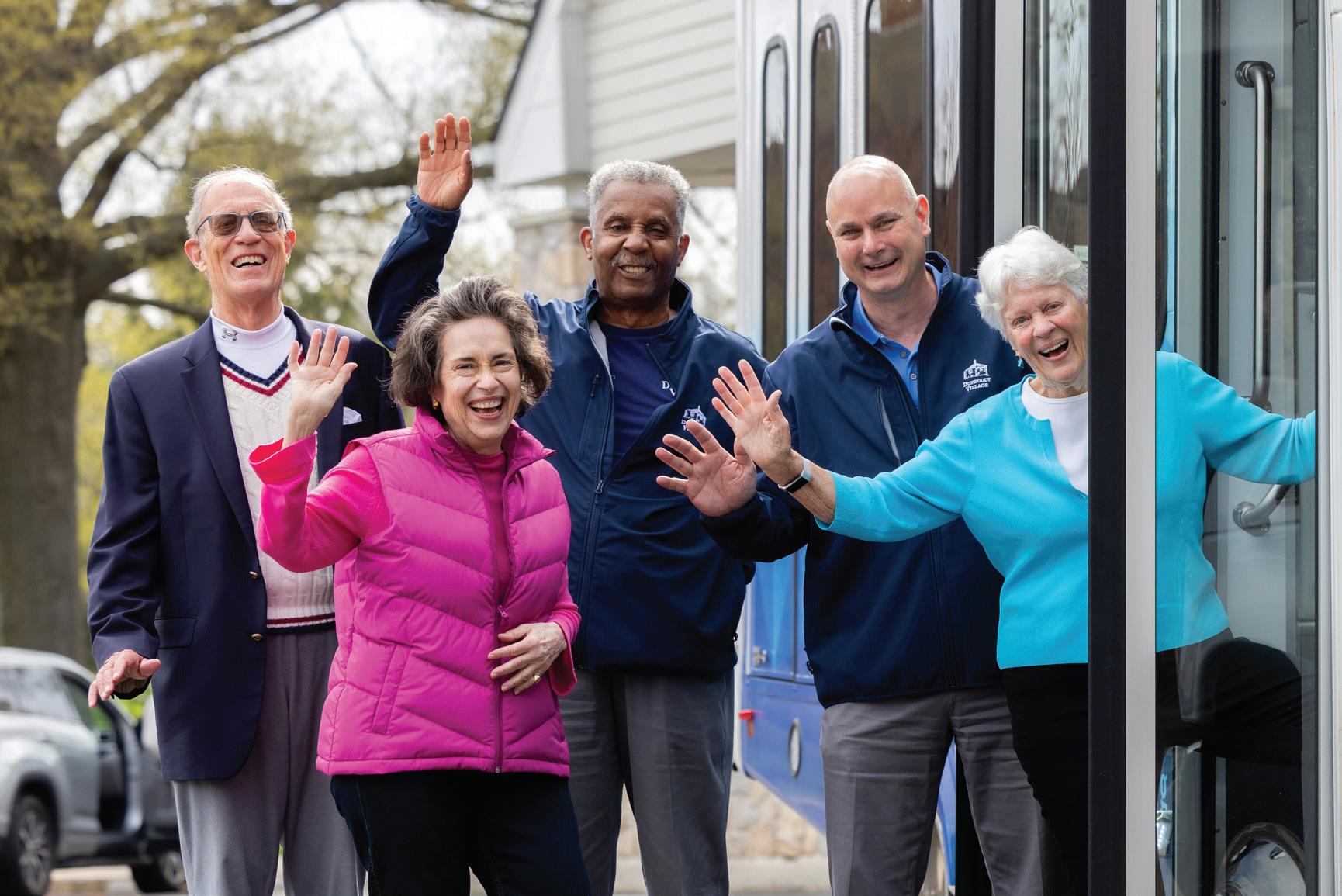
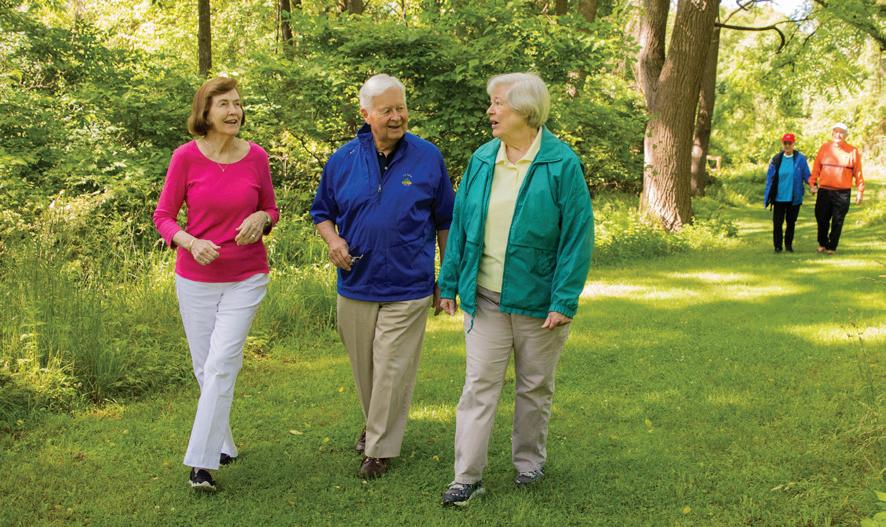
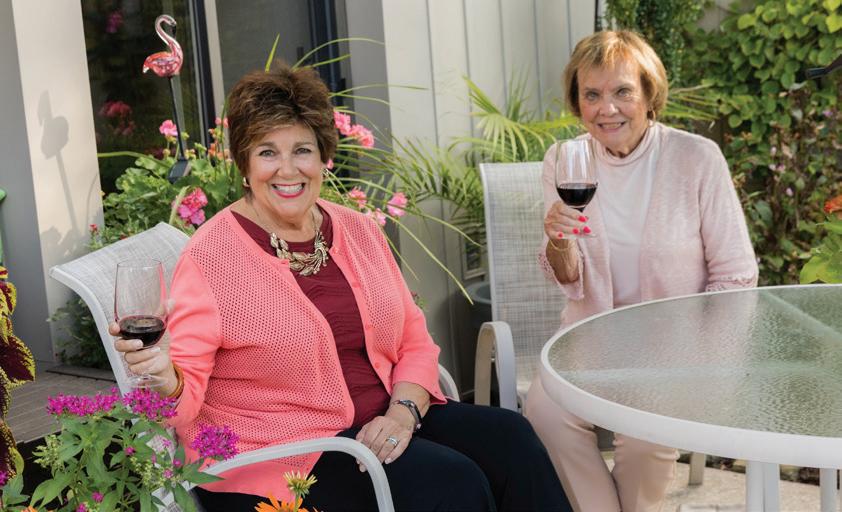
Whenever prospective residents tour our continuing care retirement community, the first thing they notice is the uncommonly friendly atmosphere at Dunwoody Village, the way that staff and residents alike greet them with smiles and genuine curiosity. The second thing they notice is that our 83 landscaped acres were designed to accommodate every lifestyle from fitness fanatics, to art lovers, to card sharks, to singing groups. Making new friends in a new neighborhood is easy when you can bond over shared interests and bring your furry friends along, too. No matter who you are, you’ll be welcomed at Dunwoody. Contact us today to find out more.
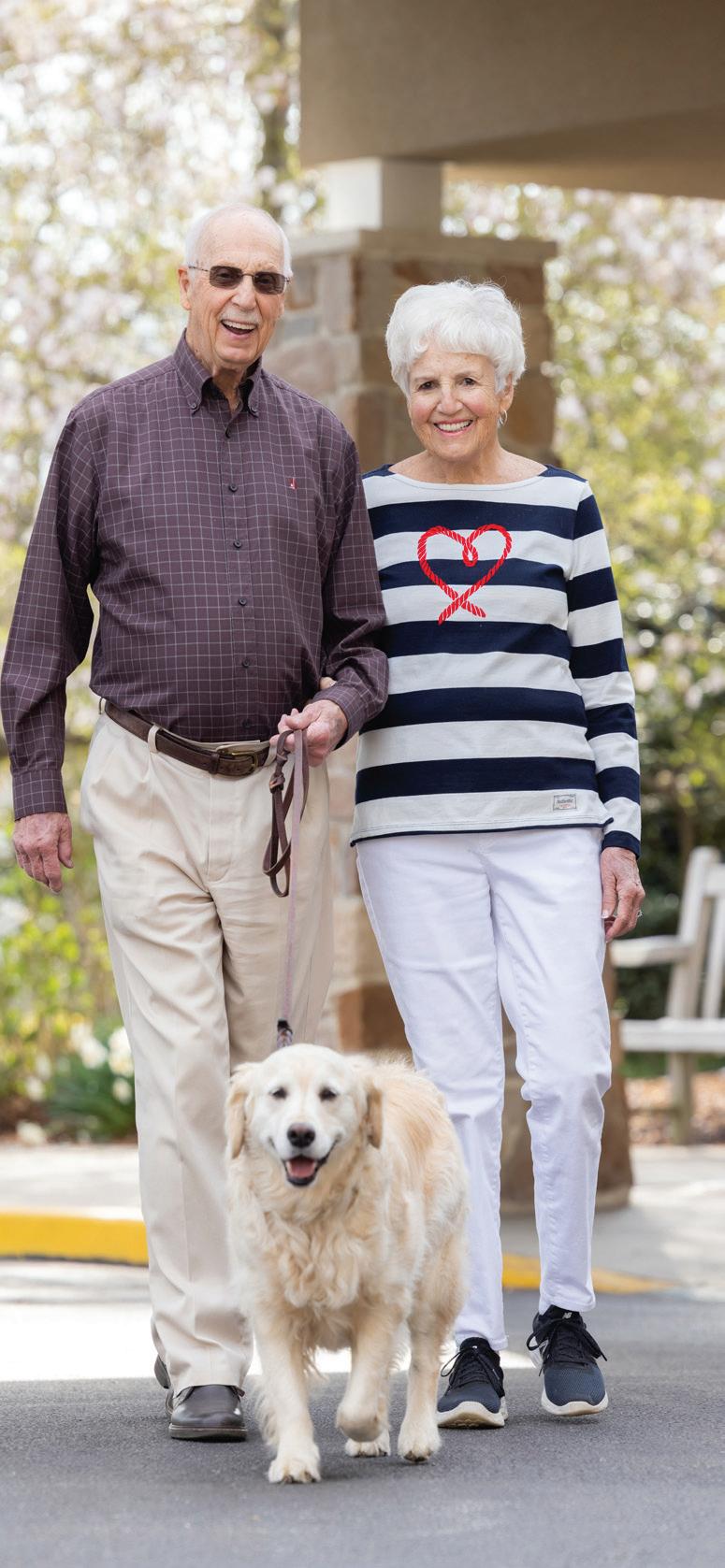
The generation that fought for the rights of people of color and lesbian, gay, bi-sexual, transgender, and queer (LGBTQ) individuals is aging. While the world has undoubtedly become more inclusive since their youth, there is still work to be done.
To serve all older adults, senior living communities and service providers need to be cognizant of and dedicated to promoting diversity and inclusion. Increasingly, senior living providers are acknowledging the diversity of their staff and clients. These forward thinking providers are working to make sure that everyone is comfortable and respected. Our seniors and senior living providers—all of them—deserve no less.
Positive Aging Sourcebook is dedicated to helping senior living providers promote diversity and inclusion. We have held numerous digital discussions on equity, inclusion and diversity in senior living to advance acceptance and expand understanding. View past conversations or join future discussions at retirementlivingsourcebook.com/ digital-discussions.
Many of the LGBTQ seniors who are seeking senior living services today are the same individuals who struggled to come out to friends, families, and employers for decades because of fear of discrimination. Now, as they face
retirement living decisions, they are again fearful that their lifestyle will lead to discrimination or the outright refusal of services.
Unlike other seniors, LGBTQ older adults are less likely to have children to help them in their later years. They may also be estranged from their families. This demographic is far more likely to rely solely on a partner or close friend for their care as they age.
In 2010, a groundbreaking documentary film addressed the dilemmas of LGBTQ seniors. Gen Silent profiles six LGBTQ seniors in the Boston area. Many of them are struggling with the decision to hide their sexuality to survive the long-term health care system.
Unfortunately, the seniors profiled in Gen Silent are not isolated examples. A 2018 analysis by University of Washington professor Karen Fredriksen-Goldsen concluded that unique prevention and intervention strategies needed to be developed to address the needs of queer seniors. The study noted that the number of LGBTQ seniors is expected to double to more than four million by 2030.
During a recent Positive Aging digital discussion, Jennifer Marie Brown, the community relations manager at Seabury Resources for Aging, explained the historical context that drives distrust among LGBTQ seniors. “During McCarthyism, people lost their jobs, people were hounded out of a
lot of federal government positions, because they were gay and lesbians. And it made them even more closeted, more guarded, more suspect of being out or public about who they were,” she said.
Brown continued, “As we provide services for 80-year-olds, 85-yearolds, they are very leery of the consequences of being out in a retirement community or with home health care providers. They lived a life in which it was not okay to be queer in the workplace, was not okay to be queer in a house of worship, was not okay to be queer in the PTA, was not okay to be queer anywhere.”
Brown encouraged local senior care providers to seek out training and enrichment opportunities to better serve LGBTQ seniors. Some communities, including Seabury and Iona, have custom programs to serve this population. Additionally, SAGECare is an independent organization that provides training and consultation on LGBTQ aging issues to service providers.
When thinking of senior living challenges, most people focus on eliminating ageism. However, racism is a significant issue in senior living—just as it is throughout our society. Equity, inclusion and diversity are important topics that senior living providers must confront directly.
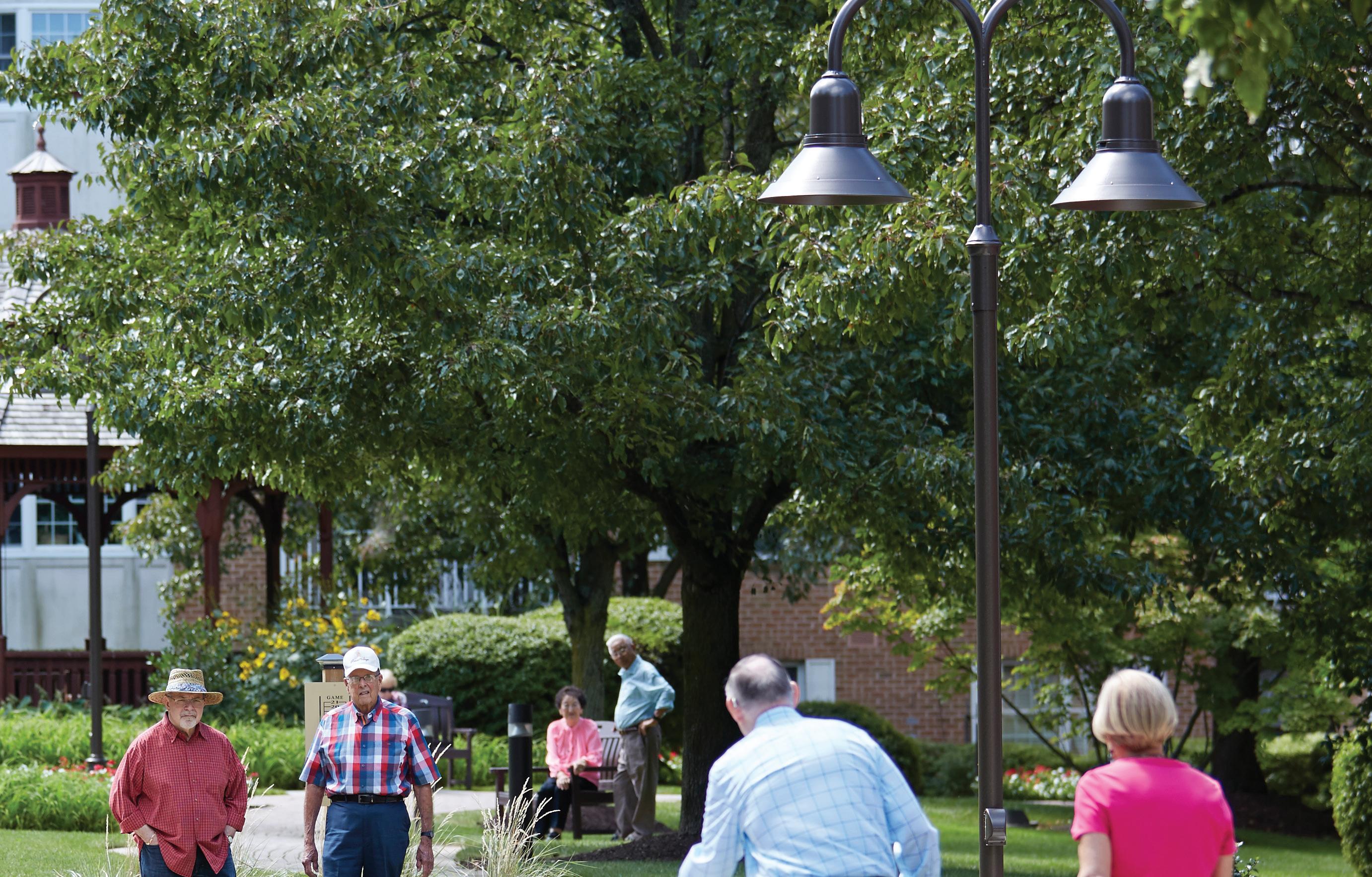
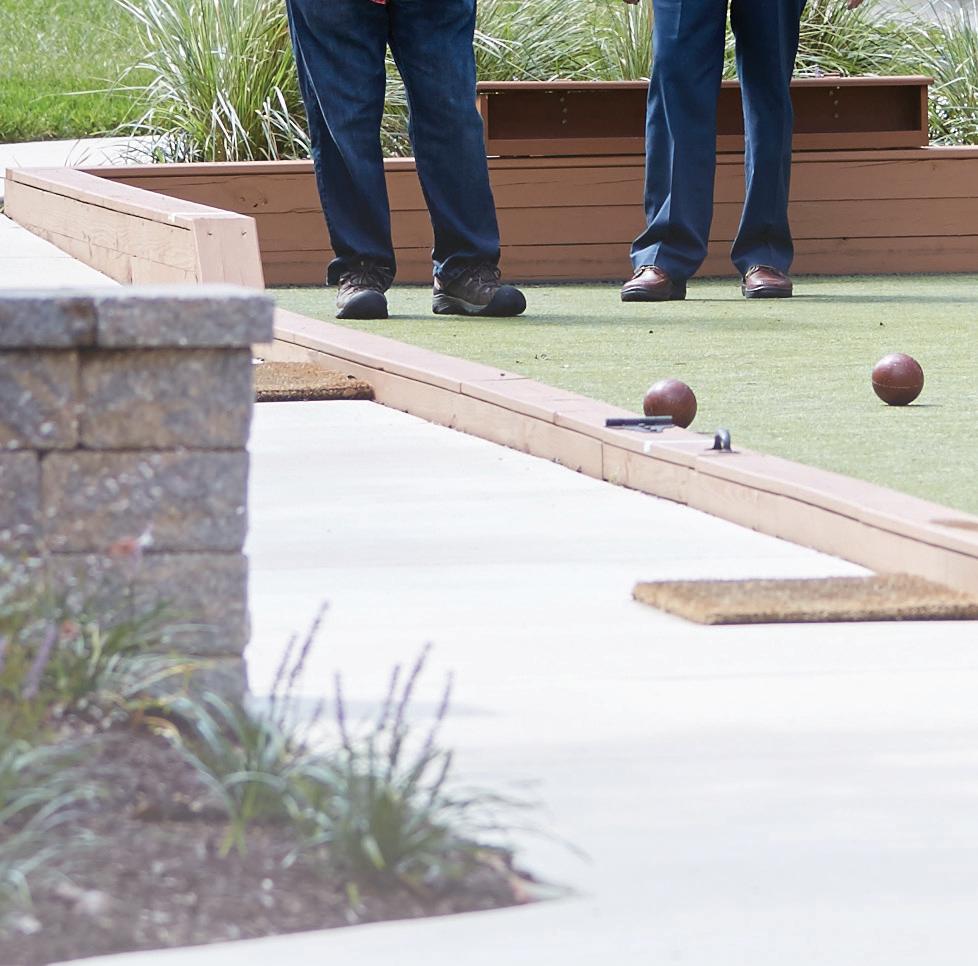







With new experiences and worry-free living, moving to Riddle Village is just the beginning of an amazing future.

With amenities and services that include weekly housekeeping, home maintenance, a dining plan that gives you access to four restaurants and a full-service bar, state-of-the-art fitness center, transportation, our Lifecare contract and so much more; the lifestyle at Riddle Village opens up your world so you can focus your energy on doing what you love.
You give us 60 days; we give you the future you deserve!

Reach out today to learn more about our apartment renovation program and how we can have you living your best life in just 60 days.


Continued from page 26
Historically, people of color have underutilized senior living services. Many senior living communities have completely homogenous populations— often all white. For senior living service providers, systemic racism and its corresponding economic disparities may prevent people of color from accessing services. There are also cultural barriers to access. Even for hospice services, which are primarily covered by Medicare and Medicaid, a recent study of utilization by race revealed that 83 percent of hospice patients in the United States are Caucasians, while African Americans represent only 8 percent, followed by Hispanics at 6.4 percent, Asians at 2 percent and Native Americans at .05 percent. People of color do not use senior living services like they could— or should.
Beyond utilization, one of the biggest challenges facing senior living providers seeking to promote diversity and inclusion is diversity in hiring. In senior living communities and home care agencies, frontline caregivers are disproportionately people of color, while clients are disproportionately white.
Companies that are not already doing so need to actively recruit and promote people of color. Frontline caregivers should be made aware of opportunities and paths for promotion. They should be encouraged to recruit other people like them to work in the organization. They should also see themselves reflected in the management.
To improve hiring practices, senior living providers can turn to local colleges. “You’ve all heard of Howard University. You’ve all heard of Morgan State. You’ve all heard of UMBC. So if you’re not doing active recruiting in those locations, then you’re not looking hard enough,” explained Cordell Martin, community relations coordinator at Tribute at Melford, an assisted living and memory care community in Bowie, Md, during a
digital discussion. “I’m talking about bringing in talented people. I’m not talking about bringing in someone just so you can say you’ve fulfilled a quota, because that’s often how it’s presented.”
During Positive Aging’s digital discussion, many of the panel members and the participants highlighted discrimination by clients, especially in the home care sector. Many caregivers, particularly those who are from foreign countries, face discrimination from clients.
Caregivers may be mistreated or misjudged simply based on racist ideas. Home care workers and owners alike reported clients asking for caregivers who “didn’t have accents”

or who “looked like them.”
Sambal Johnson, a caregiver with HomeCare.com, relayed her personal experience. “I’ve been discriminated against because of my name. They assume that there will be a language barrier or that I don’t know what I’m doing. But once you get in and you understand them and explain yourself to them, the majority of the people are understanding and it works out.”
Companies have to support and defend their workers—to the point of removing them from uncomfortable or unsafe situations. Todd Walrath, the CEO of HomeCare.com, spoke of how he supports his frontline workers by ensuring that they know they can always refuse a client if they feel they are in danger or being discriminated against. With clients, Walrath tries to keep the focus on the qualifications of
the caregiver, instead of their race or ethnicity.
To truly change the make-up of senior living, diversity and inclusion must become a way of life for companies. Dr. Jeffrey Ash the associate dean for diversity and inclusion at the University of Maryland School of Nursing explained that the single best way to encourage diversity in hiring practices and inclusion in employee experiences is to attach them to metrics. Dr. Ash encourages companies to add questions about diversity and discrimination to their employee and client reviews and to track the responses.
To help the health care industry as a whole better address these issues, HomeCare.com established a coalition called Nurses Against Racism. The mission of the group is to unite healthcare providers to make meaningful change towards racial equity in the nursing industry. For more information or to get involved, visit NursesAgainstRacism.com.
Capital Caring Health, a nonprofit provider of advanced illness, home and hospice care services throughout the Washington metropolitan area, recently established The Center for Equity, Inclusion, and Diversity to serve more minority elders who need hospice care, as well as those who need traditional medical care to remain independent in their homes.
Finally, Broadmead, a senior living community near Baltimore, is engaging in a coordinated effort to recruit a more diverse resident population.
Led by Jennifer Jimenez Maraña, the community’s director of diversity and inclusion, the effort focuses on promoting social justice by ensuring that the population of residents is as diverse as the caregivers.
While none of these efforts can eliminate systemic racism or homophobia in the senior living sector, they are small and important steps in the right direction. They can also serve as a model for larger efforts to ensure that senior living services truly serve all seniors and that the industry presents real opportunities for care professionals. If we advance a system that serves all, we will all be better served.
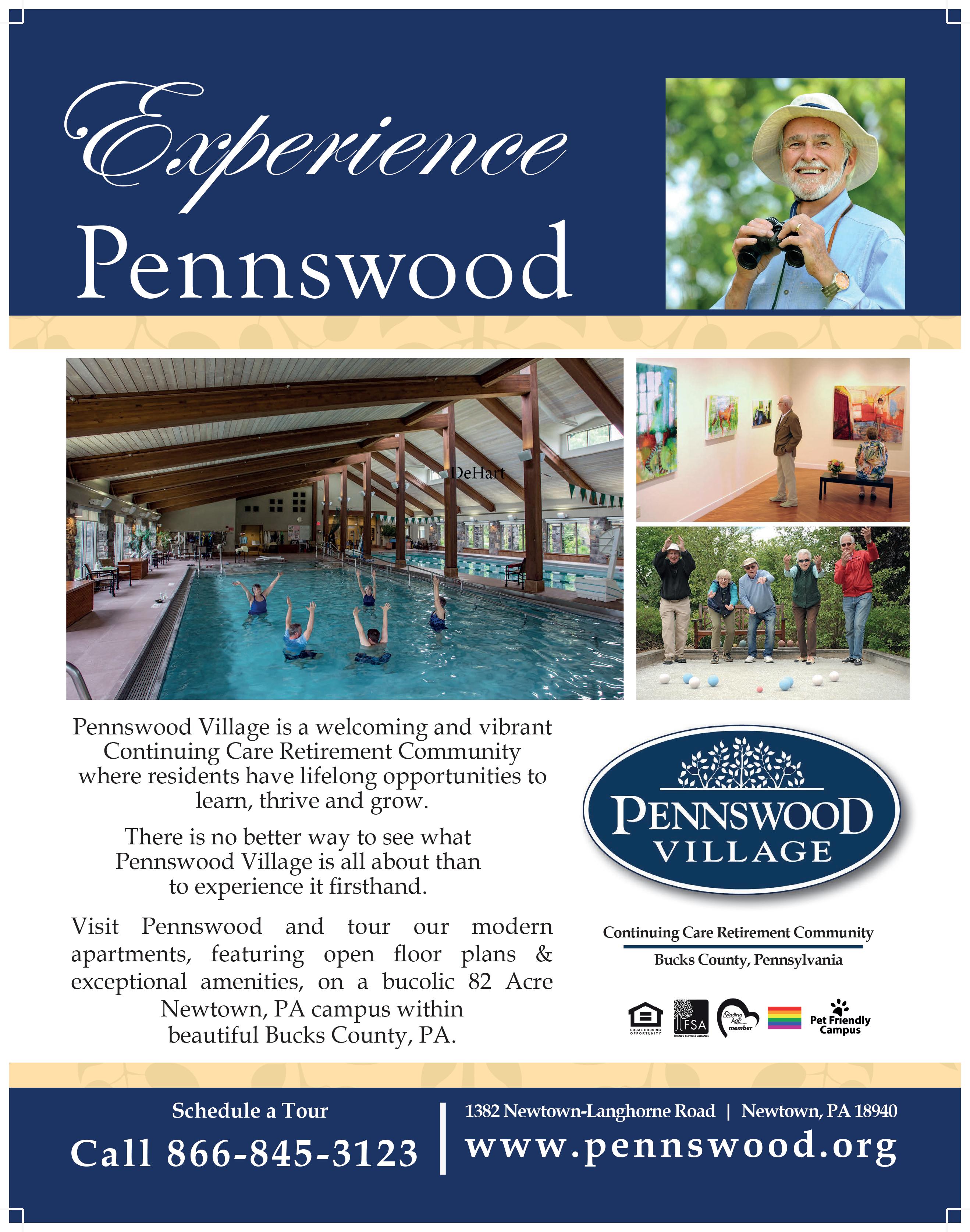

www.chg.org
PHILADELPHIA
Immaculate Mary Center For Rehabilitation & Healthcare 2990 Holme Avenue Philadelphia, PA 19136 215-335-2100 IMrehab.org
St. Francis Center For Rehabilitation & Healthcare 1412 Lansdowne Avenue Darby, PA 19023 484-493-7111 SFrehab.org
St. Martha Center For Rehabilitation & Healthcare 470 Manor Avenue Downingtown, PA 19335 610-873-8490 STMrehab.org
St. Martha Villa For Independent & Retirement Living 490 Manor Avenue Downingtown, PA 19335 610-873-5300 STMrehab.org
St. Mary Center For Rehabilitation & Healthcare 701 Lansdale Avenue Lansdale, PA 19446 215-368-0900
SMMrehab.org

St. Mary Villa For Independent & Retirement Living 701 Lansdale Avenue Lansdale, PA 19446 215-368-0900 SMMrehab.org
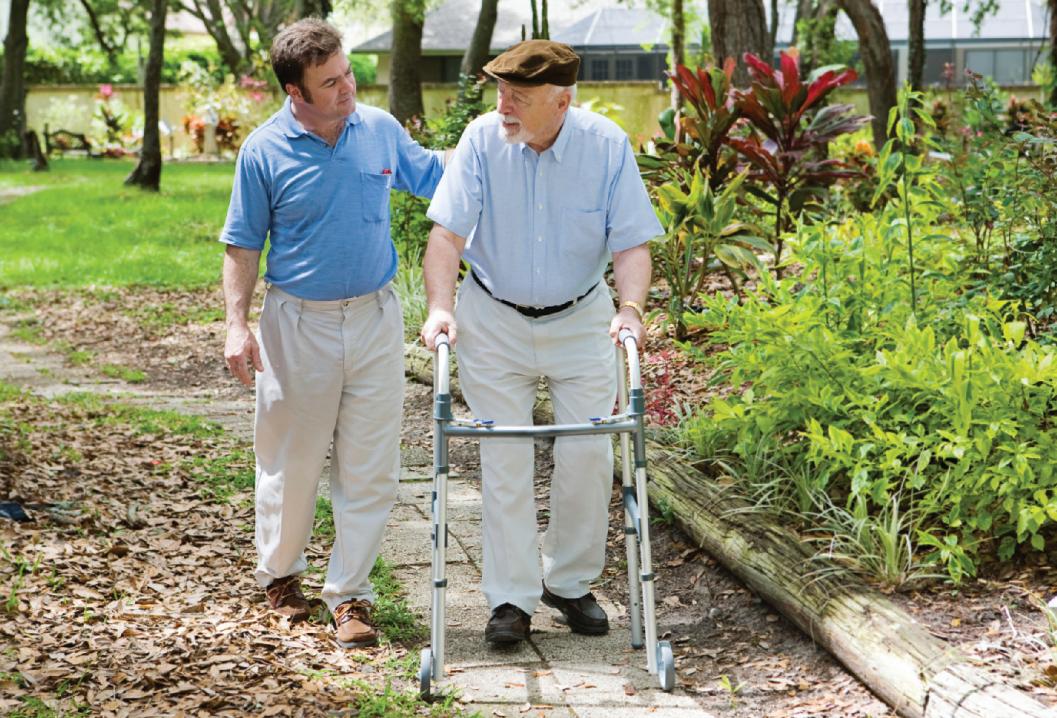
Solo aging is simply aging on your own. For most people, this means aging without a spouse, adult children, or other close relatives. Whether they are widowed, divorced, estranged, or never had a spouse or children, many solo agers find themselves in their 70s, 80s, and beyond without any immediate family members.
Long misunderstood and misrepresented, solo aging is emerging as a desirable and increasingly popular way to age. Even for individuals who didn’t necessarily choose solo aging, it can be a positive phase of life with the right attitude and some advance planning.
Anyone and everyone who is over age 65 and living independently. Solo agers are making decisions on their own as they age. It is important to remember that solo aging is not just for individuals who have always been single. For instance, an older adult may become a solo ager when their spouse predeceases them. Even individuals with kids may become solo agers if their children live far away or if they are unable to be involved in aging decisions or caregiving.
Joy Loverde is a senior living expert and industry veteran, as well as the author of The Complete Eldercare Planner and Who Will Take Care of Me When I’m Old? She joined a recent Positive Aging Sourcebook Digital Discussion on solo aging. In the last decade, Joy’s focus has shifted from helping individuals care for their elderly loved ones to helping them plan for their own future.
When should you start planning for solo aging?
Yesterday. Or today. Or as soon as possible. Planning for solo aging is much easier and far less stressful if it is done BEFORE a crisis.
Especially if you realize that your circumstances will mean that you will become a solo ager, it is important to start as early as
Long misunderstood and misrepresented, solo aging is emerging as a desirable and increasingly popular way to age.
possible to plan for the future. This includes planning for your financial, emotional, and physical well being.
Solo agers need to consider how they want to live and receive care (if necessary) as they get older. They should also give serious thought to whether they want to “age in place” or move to a senior living community of some type. Aging in place means that you will be living in your current neighborhood or live in another community that is not age restricted. There are also a wide variety of senior living communities—ranging from communities where residents are fully independent but enjoy amenities to properties that provide varying levels of care for residents as needed.
How do you maintain and build connections and friendships as you age?
Joy explained that there are community organizations, events and clubs in every town and city— many designed specifically for older adults.
With no shortage of places to meet people, you have to focus on not just meeting volumes of people, but on being a good friend and forming long-term, deep commitments. Friendships take time and perseverance, and there must be a balance of give and take. As a start, Joy recommends seeking out county and city groups for older adults run through Area Agencies on Aging. She also suggests a quick google search of “free activities” and your city or town’s name.

What do you need to be a successful solo ager?
While the specific answer varies widely according to personal desires, the short answer is quite simple: a clear, actionable plan. Solo Aging has many facets including:
• Location – Decide where you will age. Do you plan to age in place in your current private residence or move to a different location or senior living community?
• Accessibility – If you are aging in place, does your current residence need updates or modifications to accommodate your needs as you age?
• Finances – Do you have the financial means to see your plan through? Have you calculated your projected expenses?
• Legal – Both financial and medical planning may require the assistance of a legal professional. You should at the very least have a power of attorney appointed to oversee your decisions and estate if you can longer do it.
• Medical – Do you have any longterm health conditions you need to plan for? Do you have a strong family history of a certain condition? Have you appointed someone (friend, family, or attorney) as a medical power of attorney?
• Emotional – Do you have a social safety net? What can you do to create one? Do you have relationships with your neighbors or friends close by?
For more information on solo aging, download the digital discussion at retirementlivingsourcebook.com . You can also find Joy Loverde’s books at www.elderindustry.com .
Few things are guaranteed in the game of life. Healthcare costs just might be one of them. At some point, most people will face ongoing and potentially large healthcare costs. The odds increase dramatically with age. Now is the time to prepare for healthcare costs as you age.
Do you have a plan to get to the store and doctor appointments when you stop driving?
Have you considered having services come to your home when you stop driving?
Do you know how your health conditions will progress with age?
Have you thought about staying in your home versus moving elsewhere as you age?
Do you know the senior services support organizations in your community?
Do you have a support system in place if you are caring for a loved one with Alzheimer’s Disease or another form of dementia?
Do you have social security and if so, do you know your monthly income?
Do you have a pension and if so, do you know your benefit income?
Do you understand social security and pension survivor benefits?
Do you know the direct and indirect costs of your health insurance?
Are you saving to cover for emergency healthcare costs?
Do you understand what Medicare will and will not pay for?
Do you understand the three qualification areas to apply for Medicaid financial assistance?
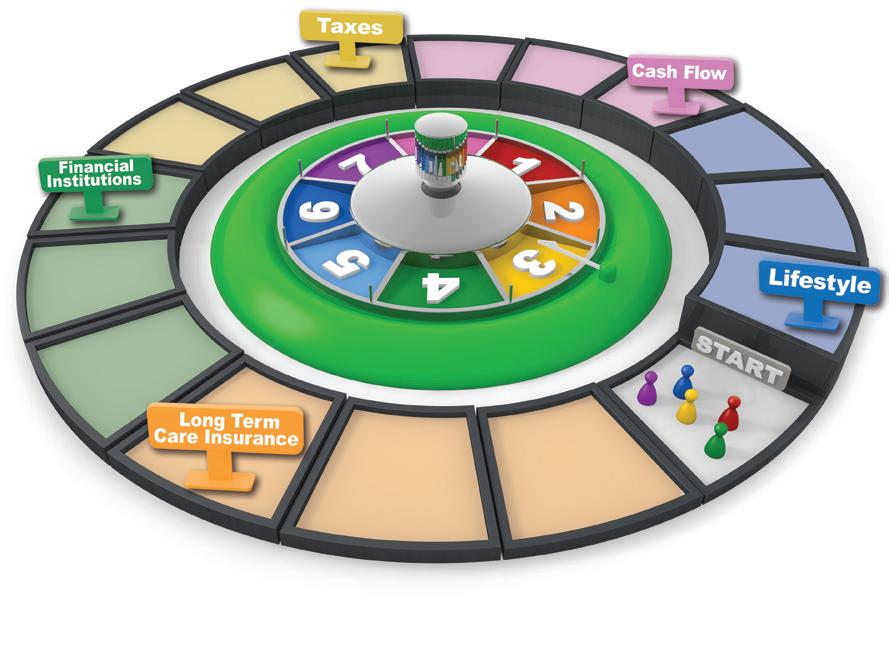
Do you know how your monthly income will change if one spouse dies?
Do you know the kinds of expenses that could be considered deductible when faced with a chronic illness?
Have you consulted with your tax preparer to optimize deductions relating to increased healthcare costs for this year?
Do you know how the SECURE Act affects your retirement?
Do you work with a financial professional?
Do you know when to change your investment strategy (cash, CDs, bonds, stocks, etc.) based on an increase in healthcare costs?
Have you considered if it still makes sense to have accounts at multiple financial institutions versus simplifying or consolidating?
Can family members access and understand your accounts to help when needed?
Do you understand what your LTCI policy will and will not pay for?
Do you know if your policy has a maximum payout?
Do you know your options if asked to pay a higher premium?
Do you know the criteria for submitting a claim?
Are you aware of the actual cost of care compared to your LTCI reimbursement amount?
Do you plan to stay in the same area, move closer to family, or move to warmer weather?
If you want to age in place in your home, have you had your home assessed by a healthcare professional for livability?
If you are planning to work with an agency to provide help in the home, have you researched the hourly/daily fee?
If you are considering moving to a retirement community, do you have an idea of the services offered and pricing models?
Are you or your loved one in need of 24-hour care?
Are you familiar with all of the senior housing options?
What do you want your retirement to look like? At Senior Supportive Services, Inc., business for over 30 years, we take the time to address what is typically beyond the services. Your lifestyle objectives should be an integral part of your Retirement Planning.
We specialize in helping you decide whether "To Move or Not to Move?". We will which community best fits your Lifestyle and Financial Resources. We will assist choose to ''Age in Place".
Our Retirement Specialists review your assets, investments, health benefits, long term tax information and budget, as well as other areas of importance to you and your family. personalized plan which will fund your retirement goals. A sound retirement plan guaranteed income that you can never outlive, will result in your complete peace of
Together, our team will deliver a program that is a powerful collaboration resulting financially secure retirement strategy in a comfortable environment in order for well-deserved New Beginning!


Call the Eldercare Locator: 1-800-677-1116
The National Aging Network, headed by the Administration on Aging, includes 56 state Agencies on Aging, 622 Area Agencies on Aging, and more than 260 Native American aging programs. All individuals age 60 and older are eligible for services through this network. Most services are delivered on the local level by Area Agencies on Aging (AAAs).
AAAs are public or private nonprofit agencies designated by a state to address the needs and concerns of all older persons at the regional and local levels. AAAs operate in specific service areas that may include a city, county, or multicounty districts. AAA is a general
Visit: eldercare.gov
term—names of local AAAs may vary.
AAAs coordinate and offer services that help older adults remain in their homes or stay engaged in the community. Services vary widely, but a list of typical offerings is included below. By making a range of supports available, AAAs make it possible for older individuals to choose the services and living arrangements that suit them best.
Email: eldercarelocator@USAging.org

To help individuals find services, the federal government established the Eldercare Locator. The Eldercare Locator is a nationwide service that connects older Americans and their caregivers with trustworthy local support resources.
See the table with information for local AAAs on the following page.
Older adults and caregivers should tap into these federal, state and local resources to get the help they need to age well or to care for an aging loved one.
• Adult Day Care is available for individuals who need daytime supervision.
• Case Management Services are conducted by professionals who can assess needs and arrange for services to encourage continued independence.
• Elder Abuse Prevention Programs provide investigative services and intervention in cases of abuse.
• Financial Assistance and benefit counseling is conducted by professionals.
• Home Health Services provide needed care in the home environment.
• Home Repair Programs help older adults complete needed repairs to avoid major problems.
• Home Modification Programs provide renovations to make the home safer and more secure for individuals who choose to age in place.
• Legal Assistance is available for individuals aged 60 and older with legal problems involving government benefits, tenant rights and consumer issues.
• Nutrition Services Programs provide home delivered meals to homebound individuals and congregate meals in specified locations in the community.
• Respite Care provides caregivers with a much needed break from the constant care and supervision of their elderly loved one.
• Senior Centers offer educational, recreational and social activities for older adults.
• Transportation Programs can provide doorto-door transit for individuals who do not have private transportation and/or cannot use public transportation.
To find services near you, visit n4a.org
Aging Life Care / geriatric care management is a holistic, clientcentered approach to caring for older adults or others facing ongoing health challenges.
An Aging Life Care Professional™, also known as a geriatric care manager, is a health and human services specialist who acts as a guide and advocate for families who are caring for older relatives or disabled adults. The Aging Life Care Professional is educated and experienced in any of several fields related to aging life care / care management, including, but not limited to gerontology, nursing, social work, psychology or occupational therapy.
The Aging Life Care Professional assists clients in attaining their maximum functional potential. The individual’s independence is encouraged, while safety and security concerns are also addressed. Aging Life Care Professionals have extensive knowledge about the costs, quality and availability of resources in their communities.
Aging Life Care Professionals are members of the Aging Life Care Association™ (ALCA) and differ
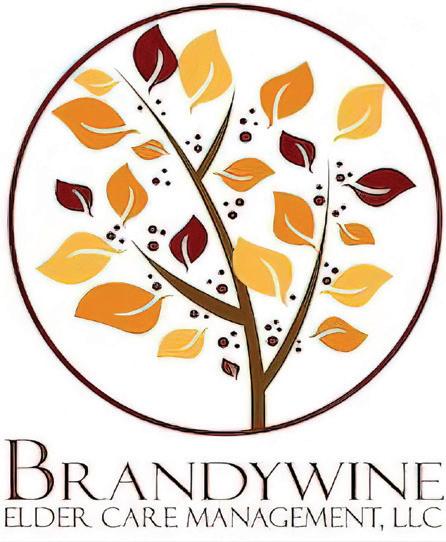

from Patient Advocates, Senior Advisors, Senior Navigators and Elder Advocates. ALCA members must meet the stringent education, experience and certification requirements of the organization, and all members are required to adhere to a strict code of ethics and standards of practice.
Aging Life Care Professionals provide guidance to help families ensure quality care and an optimal life for those they love through:
• Assessment and monitoring
• Planning and problem-solving
• Education and advocacy
• Family caregiver coaching
• Long-distance caregiving
Aging Life Care Professionals are engaged to assist in a variety of areas, such as:
• Housing – helping families evaluate and select the appropriate level of housing or residential options.
• Home care services – determining the types of services that are right
Continued on page 36

Whether you’re interested in learning about your options with our Proactive Planning program or have current needs, trust Brandywine Elder Care Management’s multidisciplinary team of Aging Life Care Managers to assess, coordinate, advocate, and support you through the process.

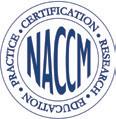
Continued from page 35
a client and assisting the family to engage and monitor those services.
• Medical management – attending doctor appointments; facilitating communication between doctor, client and family; and if appropriate, monitoring client’s adherence to medical orders and instructions.
• Communication – keeping family members and professionals informed as to the well-being and changing needs of the client.
• Social activities – providing opportunities for the client to engage in social, recreational or cultural activities that enrich quality of life.
• Legal – referring to or consulting with an elder law attorney; providing expert opinions for courts in determining level of care.
• Financial – may include reviewing or overseeing bill paying or consulting with an accountant or client’s Power of Attorney.
• Entitlements – providing information on Federal and state entitlements; connecting families to local programs.
• Safety and security – monitoring the client at home; recommending technologies to add to security or safety; observing changes and potential risks of exploitation or abuse.
• Long-distance care –coordinating the care of a loved one for families that live at a distance, including crisis management. Local, cost-effective resources are identified and engaged as needed. A care plan tailored for each individual’s circumstances is prepared after a comprehensive assessment.
How do you know that you need an Aging Life Care Professional?
You may need an Aging Life Care Professional if:
• The person you are caring for has limited or no family support.
• The person you are caring for has multiple medical or psychological issues.
• The person you are caring for is unable to live safely in his/her current environment.
• Your family is either “burned out” or confused about care solutions.
• Your family has limited time and/or expertise in dealing with your loved ones’ chronic care needs.
• Your family is at odds regarding care decisions.
• The person you are caring for is confused about his/her own financial and/or legal situation.
• Your family needs education and/or direction in dealing with behaviors associated with dementia.
• You live at a distance from your loved one.
Thank you to the Aging Life Care Association™ for permission to share this information. You may learn more about Aging Life Care™ at aginglifecare.org.
• Your family has just become involved with helping the individual and needs direction about available services.
Here’s what an Aging Life Care™ Professional (aka Geriatric Care Manager) did for you today:
1. Listened. She* listened to your concerns and began to assess your short-term and long-term needs with regard to caring for a parent. She heard that your loved one wants to age in place, but the house, the finances and her ability to care for herself has diminished.
2. Asked questions. She asked about important aspects of your life and the life of an aging loved one. How has quality of life diminished? What worries you the most? What happens when you talk about your concerns to your loved one? What motivates him/her? Who has Power of Attorney? What is the medical history? What is the financial picture?
3. Created a mutually agreeable plan of care. The Aging Life Care Professional assessed the risks and needs and created a dynamic plan of care to solve problems and monitor outcomes. She helped you select a home care company. She did a home
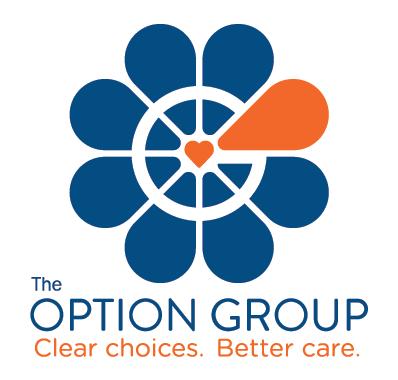 Ellen Platt, MEd, CRC, CCM
Ellen Platt, MEd, CRC, CCM
Schedule
safety evaluation and coordinated changes. She tracked medical appointments and made sure medication management was in place. She advised you on senior living communities if desired. She made sure your loved one had purposeful and enjoyable things to do each day.
4. Gathered information and created an emergency file. She put all the pieces of information together (doctors, medications, medical history, do not resuscitate (DNR) order, family contacts, legal contacts and other documents) and told you that she would be there for you and your loved one 24/7 when they go to the doctor or hospital. She was there when you went on vacation, so you could enjoy a break.
5. Became the neutral party. She helped you and your loved one meet common goals. And most importantly, she helped you be the daughter,** instead of a harried, potentially short-tempered caregiver.
Use this checklist to interview professionals:
What is your area of expertise?
How long have you been working with senior clients?
What certifications or licenses do you have?
What are your professional credentials?
What special training have you received?
Can you provide examples of other clients you have worked with who had situations similar to mine?
Do you work with other professionals to provide referrals if needed?
Are you available for emergencies?
What are your fees? (These should be provided to the consumer/responsible party in writing prior to services starting.)
“The help you have given us can only be described as priceless. If I have any regret, it is in not having made the connection earlier.”
–W.D.R. JR., CLIENT’S SON
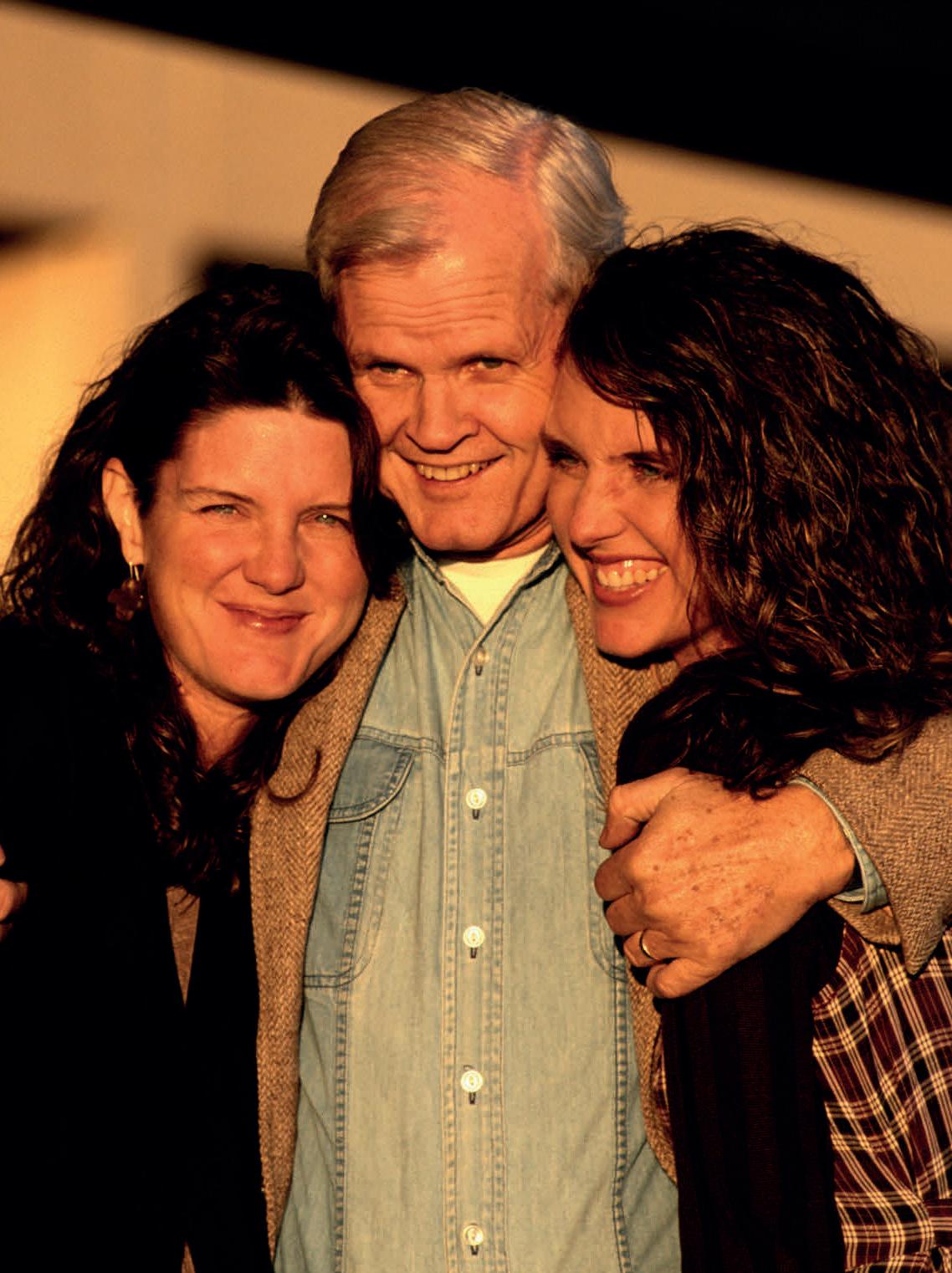
Can you provide me with references?
What resources will it take to handle this situation?
Are there any alternative courses of action?
What are the advantages and disadvantages of each alternative?
Who will be working with you?
How many professionals may be involved?
What about off-hours and backup?
How are fees computed?
How are travel time and mileage handled?
How are services terminated?
How often do you bill?
Are there additional out-of-pocket fees?
Our highly qualified and trained professionals can assist clients in working with their special needs trusts by monitoring health care, providing wage assessment proposals, assuring quality of life, obtaining relevant entitlements, and supporting client compliance.
MID-ATLANTIC CHAPTER
Mid-Atlantic Chapter
We are grateful to the Retirement Living Sourcebook for continuing to be a champion for older adults by connecting them to the resources and services they need to thrive as they age. As Aging Life Care Professionals, we provide seniors with a personalized tailored plan that integrates resources and other pertinent professionals into your care plan team. Integrated planning relies upon professionals who understand the health care system and you. Healthcare and senior care can be confusing, overwhelming, and ambiguous. Our organization of health and human service professionals will provide you with advocacy, guidance, and resources by integrating these services into a meaningful plan designed to optimize your health and wellbeing.
Because many of us have diverse backgrounds, we work in concert with one another to address your concerns across several health care fields. We adhere to a high code of ethics and commitment to the highest standards of care for our clients. We answer only to our clients’ best interest for their best possible quality of life. As the President of the Mid-Atlantic Chapter, I am proud to serve an organization that has upheld the gold standard of Care Management since 1986. I look forward to the future and to serving the Mid-Atlantic chapter and my community. Visit us at midatlanticalca.org. We look forward to working with you.
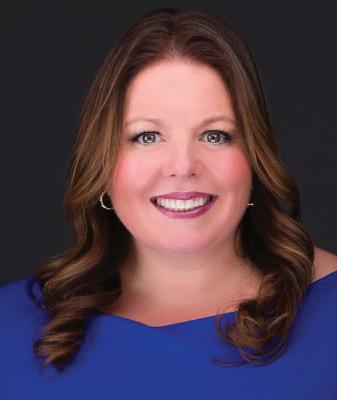 Rebecca Roskey-Brunner BSN, RN, CEN, CMC President
Rebecca Roskey-Brunner BSN, RN, CEN, CMC President
Aging Life Care™ Association
Mid-Atlantic Chapter

Advanced Professional Members must:
• Hold a Bachelor’s, Master’s or Ph.D. with at least one degree in a field related to Aging Life Care/ care management (i.e. counseling, gerontology, mental health, nursing, occupational therapy, physical therapy, psychology or social work);
• Be primarily engaged in a paid position in the direct practice, administration or supervision of clientcentered services to the elderly and their families;
• Have two years of post-degree supervised experience in a paid position in the field of Aging Life Care/care management within the last ten years; and
• Hold a current ALCA-approved certification.
Professionals can also qualify for the Advanced Membership level if they hold a Bachelor’s, Master’s or Ph.D. degree in a field unrelated to Aging Life Care/care

management. However, these members must meet all of the other criteria outlined above, and they must have three years of post-degree supervised experience in the field of Aging Life Care/care management within the last ten years.
The Advanced Professional level also includes members designated as Fellows of the Leadership Academy.
Professional Members must:
• Hold an Associate’s, Bachelor’s, Master’s or Ph.D. degree with at least one degree held in a field related to Aging Life Care/care management (i.e. counseling, gerontology, mental health, nursing, occupational therapy, physical therapy, psychology or social work);
• Be primarily engaged in a paid position in the direct practice, administration or supervision of client-centered
Continued on page 41
Susan Hammond Decisions 4 Life, LLC (302) 528-3789 decisions4life.com
Lisa Kane
Ellen Platt
Suzanne Wiesenberg
PENNSYLVANIA
Catherine Abreu Navita Health Advocates, LLC (908) 528-3977 navitahealth.com
Kelly Campbell Cardinal Lifecare Planning (724) 487-0519 cardinallifecare.com
Rhiann Condon
Aimee Lynn Curry SAGE Care Advisors (610) 212-3990 sagecareadvisors.com
Bonney Dahlgren DosSantos Kith Elder Care (215) 391-0038 kithcare.com AVP
Dana D’Amico 38 Complete Care Strategies (610) 389-8841 completecarestrategies.com PRO
Janice Duffin CareDirect (610) 649-2078 caredirect.net
Elizabeth Dunleavy Kith Elder Care, LLC (215) 880-3541 kithcare.com
Cynthia Ellis 38 Complete Care Strategies (610) 389-8841 completecarestrategies.com
Laura Enslen Senior Management Services (717) 235-3008 smseldercare.com PRO
Helene Feldman Helene Feldman Inc./Elder Care Mgmt. (215) 483-1231 feldmancare.com AVP
Michael Gallagher Geriatric Care Manager (814) 490-2760 AVP
Kimberley Gately
721-1975
Lisa Grillo Catholic Social Services (610) 284-0497
Aimee Gustitis Good Caregiver, LLC (610) 724-8950 goodcaregiver.net PRO
Patricia Hanson
IKOR of Western PA (412) 275-0345 ikorofwpa.com PRO
Page Hinkle 35 Brandywine Elder Care Mgmt, LLC (888) 721-1975 BrandywineECM.com ASC
Beverly Bernstein Joie 38 Complete Care Strategies (610) 265-4300 completecarestrategies.com AVP
Sandra Katz Sandra Katz (610) 664-0565 sckphilly522@gmail.com PRO
Erin Kershaw
Brandywine Elder Care Mgmt, LLC (888) 721-1975 BrandywineECM.com AVP
Virginia Kirk 38 Complete Care Strategies (610) 389-8841 completecarestrategies.com PRO
Deborah Klock DLK Managed Care Solutions, Inc. (610) 631-5689 AVP
Kiralie Konde Generation Crossroads, LLC (267) 546-7551 generationcrossroads.com AVP
Louise Kostick Senior Solutions (610) 258-0700 senior-solutions.com AVP
Gary Kozick Gary Kozick Elder Care Solutions, LLC (215) 510-8901 garykozick.com PRO
Joan Krechmer Points of Life Services LLC (717) 880-9420 jkkrechmer@gmail.com AVP
Theresa Kuhar IKOR of Eastern Pennsylvania (267) 530-1709 ikorepa.com AVP
Mary Catherine Lain 35 Brandywine Elder Care Mgmt, LLC (888) 721-1975 BrandywineECM.com AVP
C. Barbara LeMunyon Elder Care Advocacy Services, Inc. (215) 357-7200 ecasinc.org AVP
Wendy Liebling Liebling Elder Care (610) 733-1473 AVP
Barbara Lyon BAL Eldercare Management, LLC (623) 824-9799 PRO
Dolores Tracey Magid 38 Complete Care Strategies (610) 265-4300 completecarestrategies.com AVP
Carole Mancini
Peggy McFarland
Marian Mullahy
Newman Elder Law (215) 534-3612 newmanelderlaw.com PRO
Senior Management Services (800) 253-9236 smseldercare.com PRO
Chestnut Hill Hospital, S.B.H.U. (610) 585-2709 chestnuthill.towerhealth.org AVP
MID-ATLANTIC CHAPTER
Mid-Atlantic Chapter
Sandy Myers 35 Brandywine Elder Care Mgmt, LLC (888) 721-1975 BrandywineECM.com AVP
Kristy Neff Holistic Aging (412) 486-6677 holisticaging.com AVP
Michael Newell LifeSpan Care Management LLC (800) 808-9844 LifeSpanCM.com AVP
Sonali (Soni) Pahade Aging Advisors (609) 815-5959 agingadvisors.com AVP
Jami Pazuchanics Optimal Aging Advisors, LLC (724) 470-7517 optimalagingadvisors.com AVP
Ellen Platt 37 The Option Group (215) 896-6756 theoptiongroup.net AVP
Holly Reigh A Ray of Care, LLC (814) 826-3926 arayofcare.com ASC
Heather Reilly Waverly Connect (267)521-4025 WaverlyConnect.com AVP
C. Denise Rissell Patient Care Advocates (610) 856-1050 patientcareadvocates.com AVP
Katherine Rosenblatt (518) 366-6424 Krosenblatt218@gmail.com PRO
Rebecca Roskey-Brunner 38 Complete Care Strategies (610) 265-4300 completecarestrategies.com AVP
Jodi Rush-Goldman 35 Brandywine Elder Care Mgmt, LLC (888) 721-1975 BrandywineECM.com AVP
Mindy Shaw (724) 787-0698 AVP
Jayma Sitton Whole Senior Care, LLC (267) 997-8866 wholeseniorcare.com AVP
Cynthia Smith A New Beginning Counseling Service, LLC (724) 504-1281 AVP
Janelle Solomon Elevation Home Care Agency (267) 281-7755 elevationhca.com PRO
Deborah Soltis Soltis Senior Care Connections (814) 355-9434 soltisseniorcare.com AVP
Tammy Steier Avail Care Managers, LLC (717) 552-1883 availcare.com PRO
Nicole Stroman Waverly Connect (215) 837-1404 WaverlyConnect.com AVP
Debbie Thomas SAGE Care Advisors (610) 331-0036 sagecareadvisors.com PRO
Susan Weiss-Cedillos 36 AgeWise Family Services (215) 659-2111 agewisefamilyservices.com AVP
Helena Wallace 37 The Option Group (302) 858-6449 theoptiongroup.net PRO
Marian Worthington Worthington Home Care Agency, LLC (610) 489-4663 worthingtonhomecare.com AVP

Continued from page 39
services to the elderly and their families; and
• Have two years of post-degree supervised experience in a paid position in the field of Aging Life Care/care management within the last ten years.
Members may also qualify if they hold an Associate’s Nursing degree or Diploma in Nursing and meet all of the other criteria outlined above.
Practitioners can also qualify for the Professional Membership level if they hold a Bachelor’s, Master’s or Ph.D. degree in a field unrelated to Aging Life Care/care management. However, these members must meet all of the other criteria outlined above, and they must have

three years of post-degree supervised experience in the field of Aging Life Care/care management within the last ten years.
ASSOCIATE MEMBER
Associate Members must:
• Hold an Associate’s, Bachelor’s, Master’s or Ph.D. degree;
• Be primarily engaged in a paid position in the direct practice, administration or supervision of clientcentered services to the elderly and their families. Members may also qualify if they hold an Associate’s Nursing degree or Diploma in Nursing and meet all of the other criteria outlined above. Practitioners can also qualify if they hold an LPN, PTA or OTA license and meet all of the other criteria outlined above.

FEATURED DESIGN:
Kitchens can be designed to accommodate varying abilities.


FEATURED DESIGN:
Railings with no gaps enhance safety.

The optimal home would have all living areas on one level with no stairs. However, most homes in the region feature living areas on multiple levels, which makes the stairway a critical element of design. Some solutions include:
• Adequate grip rails on both sides that extend beyond the landings
• Lighting on and around the stairway
• Contrasting colors to provide visual cues
• Floor treads
• Chair lifts, platform lifts, elevators
Well designed kitchens can accommodate the different heights and abilities of family members or visitors to the home. Some designs and products to consider include:
• Varying counter heights
• Elevated dishwasher
• Roll-out & pull-down shelves
• Swiveling cabinet doors with lazy Susan style shelving
• Rolling carts
• Dark and light colors for visual contrast
• Pull-out countertops below ovens
• Side-by-side refrigerator
• Knee space underneath cook tops and sinks
• Front control touchpad appliances
• Heat-proof surfaces
• Eliminating sharp corners
• Additional lighting including under-cabinet lighting
• Ergonomic utensils & products
“We’ve lived, laughed and loved in our home for more than 30 years. I never thought our own bathroom would become the source of such worry. As Bill got older, he had trouble lifting his legs over the sides of the tub, and I was afraid he would fall and hurt himself. That’s when I called P.J. Fitzpatrick Bath Solutions. Their tub to shower conversion along with their safety package, that places handrails and even a seat in the shower, took the worry out of our day. We’re not worried anymore about not being able to stay in the home where we raised our family. Thanks PJ!” — PJ Fitzpatrick Client

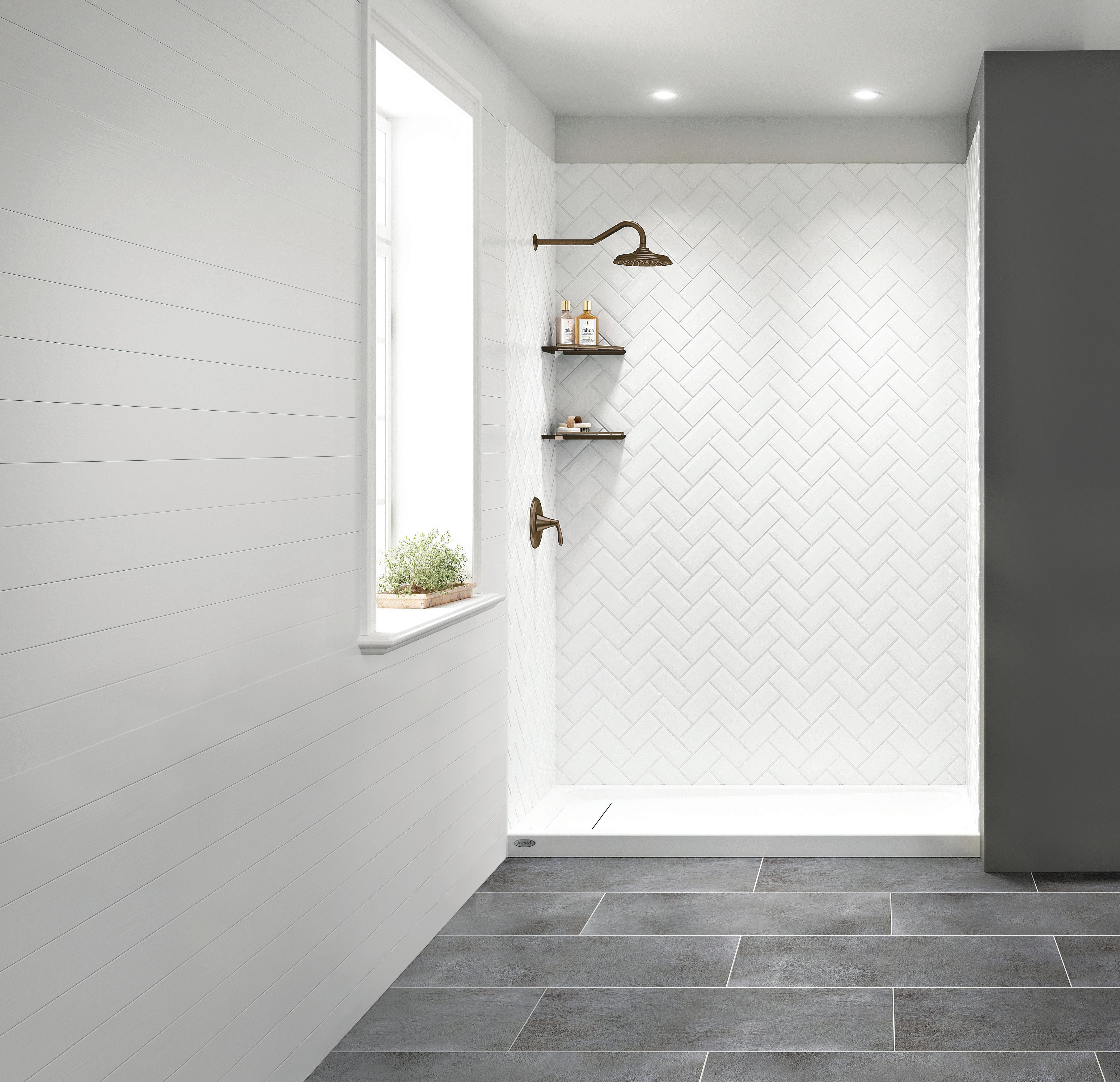
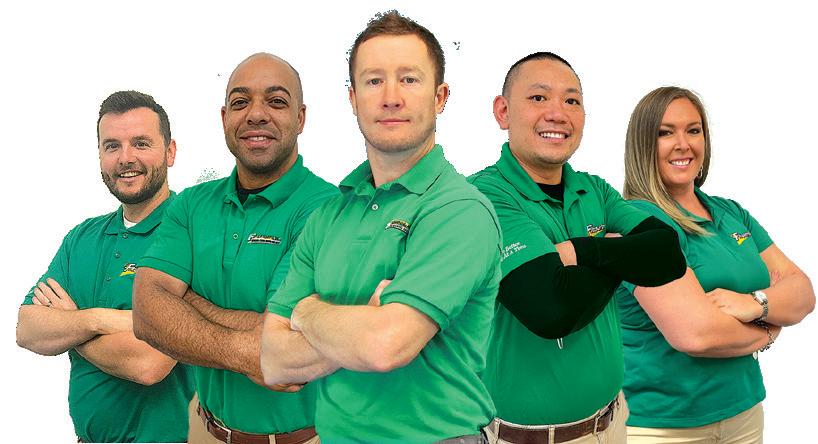
Legal issues that affect people as they age and people with special needs are growing in number. Our laws and regulations are becoming more complex, and each state has different laws. Actions taken with regard to a single matter may have unintended legal outcomes.
It is important for attorneys working with seniors, people with special needs, and their families to have a broad understanding of the laws that may have an impact on a given situation to avoid future problems. Elder and Special Needs Law encompasses many different fields of law.
Some of these include:
• Preservation/transfer of assets seeking to avoid spousal impoverishment when one spouse enters a nursing home
• Medicaid
• Medicare claims and appeals
• Social Security and disability claims and appeals
• Supplemental and long-term health insurance issues
• Tax planning
• Disability planning, including use of durable powers of attorney, living trusts, “living wills” for financial management and health care decisions, and other means

of delegating management and decision-making to another in case of incompetency or incapacity
• Access to health care in a managed care environment
• Conservatorships and guardianships
• Estate planning, including planning for the management of one’s estate during life and its disposition on death through the use of trusts, wills and other planning documents
• Probate and administration of estates
• Administration and management of trusts
• Long-term care placements in
Use this checklist to interview professionals:
How long has the attorney been in practice?
Does his or her practice emphasize a particular area of law?
How long has he or she been in this field?
What percentage of his or her practice is devoted to Elder or Special Needs Law?
Is there a fee for the first consultation, and if so how much is it?
Is there a flat fee for this service?
nursing homes and life-care communities
• Nursing home issues, including questions of patients’ rights and nursing home quality
• Elder abuse and fraud recovery cases
• Housing issues, including discrimination and home equity conversions
• Age discrimination in employment
• Retirement, including public and private retirement benefits, survivor benefits and pension benefits
• Health law
• Mental health law.
Source: www.naela.org
What is the estimate of the cost to resolve my problem and how long will it take?
Do you bill weekly, monthly, or upon completion of work?
Will there be any out-of-pocket expenses (charges for copies, postage, messenger fees, court fees, deposition fees and other such costs)?
Source: National Academy of Elder Law Attorneys
According to Genworth’s cost of care survey, in 2021, the median cost of nursing home care in a semi-private room in Pennsylvania was $10,403 monthly ($124,836 annually) . The staggering cost of nursing home care can be financially devasting. When faced with the fear of the skyrocketing cost of long-term care, many worry that they will lose their house to pay for their nursing home care.
Nursing home care is generally paid for in three different ways: (1) with the individual’s own money; (2) with a long-term care insurance policy; or (3) by qualifying for Medicaid. It is a common misconception that you must sell your house to qualify for Medicaid or that the nursing home will take your house. Although you generally do not need to sell your house to qualify for Medicaid, and the nursing home will not literally take your house, the fear of losing your house to the cost of long-term care is warranted if you do not plan ahead.
Your house is not a countable resource when determining Medicaid eligibility if certain exceptions apply. One of those exceptions is if the Medicaid applicant is married and their spouse is residing in the house. When there is a spouse residing in the home, the value of the home will not be counted as an available resource for Medicaid. However, if the house is sold or if the spouse moves from the house, the protection is lost.
There is a lot of misinformation on

how to protect your house. Gifting your house to your children is not the best idea. Medicaid has a five year “lookback” period. This means that any gift or transfer for less than fair market value that was made during the lookback will create a period of ineligibility known as the “penalty period.”
There are circumstances where you can transfer your real estate without incurring a penalty. Some of the exemptions include when you have a disabled child or a child under a certain age. There is also an exemption when there is a child taking care of the parent in their home.
Other complications with

outright-gifts include adverse tax consequences, specifically capital gains taxes due. In addition, the house is subject to your children’s life circumstances such as: divorce, lawsuits, debts, creditors, gambling, substance abuse, disability, financial mismanagement, spending habits, and distribution to the child’s spouse or others upon the child’s death. It is important to work with an elder law attorney when applying for Medicaid to make sure you are taking advantage of all the available tools to protect your assets.
www.genworth.com/aging-and-you/ finances/cost-of-care.html
The senior living industry can seem overwhelming, but the important thing to keep in mind is that there is a housing option perfect for every person and every situation. Start here to find it.
What housing options are available and how can they help me?
Life plan communities are also known as continuing care retirement communities. These communities generally feature care options ranging from independent living to longterm nursing care on one campus. Residents can transfer to higher levels of care as needed.
For older adults who want to leave the burdens of home maintenance behind, independent living communities may be the ideal option. In addition to property upkeep, these communities also generally offer 24-hour security and activities to keep residents engaged. Most independent living communities are rental properties, although some do offer the option for residents to purchase units.
Individuals who need assistance with the activities of daily living may want to consider an assisted living community. In addition to daily assistance, these communities also offer activity programs to fit the interests of every resident.
Assisted living communities are an important option for older adults who need some level of help on a daily basis. All of these communities offer standard services including daily meals; supervision; security; and help with the activities of daily living, or ADLs. ADLs can include assistance with bathing, dressing and toileting. Some communities also offer help with medication management; transportation services; and coordination of medical, health and dental treatments.
Finally, whether for a short-term rehabilitation or a long-term medical stay, nursing and rehabilitation centers are a vital senior living

option. Nursing and rehabilitation centers serve as permanent residences for individuals who are too sick or frail to live at home. They are also ideal for short-term stays for individuals who are recovering after a surgery or an illness.
How should I find a housing option?
Use our research. Sourcebook features detailed articles, checklists, featured listings and comprehensive tables in each of our specific housing sections. Use these resources to
begin your search for a community that is right for you and your family.
After selecting the type of community that best fits your wants, needs and budget, you should start calling individual properties to request additional information. Most communities can provide detailed brochures, helpful websites and easy-to-understand financial information.
Finding the right community will lead to a happier and healthier life, as well as added peace of mind for family caregivers.
The questions below will help seniors and their families determine if a retirement living community may be the right choice for them.
• Do you feel isolated in your home?
• Do you find it difficult to get around your neighborhood?
• Do you lack relationships with your neighbors?
• Do you have difficulty driving?
• Do you wish that someone else would drive you to your errands and appointments?
• Do you have a hard time getting out of the house?
• Do you frequently go for weeks without seeing friends?
• Do you wish you had more of a social life?
• Do you miss participating in favorite activities?

• Do you find it difficult to run errands alone?
• Do you have a difficult time keeping up with home maintenance?
• Do you find it challenging to clean your home?
• Do you feel unsafe in your home or your neighborhood?
• Do you find it hard to climb the stairs into or inside your home?
If you answered “yes” to most of

the above questions, you may want to consider retirement living. However, you will also want to consider your current and future health care needs before making a final decision on the type of retirement community you should select. For instance, if you have a chronic health condition, you may want to consider an Assisted Living community, or a community that offers both Independent Living and higher levels of care on the same campus.
For many seniors, Retirement living offers the perfect lifestyle— one with no home maintenance or transportation worries and with plenty of social and recreational opportunities. With a wide array of communities available locally, you are certain to find a community that offers you both the independence you desire and the security you need.

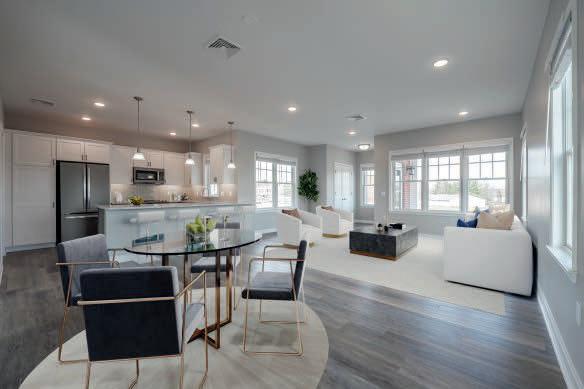


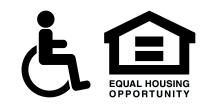



A drive to create. A desire to learn. A yearning to be understood. There is more that unites young people and older adults than divides them.
By focusing on the commonalities between older adults and children and encouraging more exposure and understanding, intergenerational programs can build connections and help participants learn and grow at every age.
Generations United and LeadingAge teamed up with the Retirement Research Foundation to complete Intergenerational Programming in Senior Housing: From Promise to Practice, a report detailing findings from a year-long study on intergenerational programs in senior housing.
The report explains that “[i]ntergenerational practice involves bringing people together in purposeful, mutually beneficial activities that promote

greater understanding and respect between generations and contribute to building more cohesive communities.”
Intergenerational programs tend to focus on shared interests and common goals. The programs typically leverage the resources that the young and the old can offer each other. Programs are designed so that both the older adults and the children or young adults stand to gain knowledge and connections. Intergenerational programs help to
• Simplified pricing andlevelingwithnohiddenfees!
• Award-winning care thathasbeen recognized by Caring.com, A Place for Mom® andU.S.News & WorldReport
• Friendlystaffand compassionate caregivers
• Family-likeatmosphere,whereresidents are proud to call ushome!
• Specialized memory care program,Daybreak,reshapesour approach to supportingresidentswithAlzheimer’sdiseaseanddementia.Visitourrenovated memory care neighborhoodandlearnalltheways we can helpyour loved one. Stop in and see why we are the best in senior living or schedule a personalized tour with Nicole or Libby by calling 215-695-4197.
reduce social isolation and increase self-esteem and wellbeing. They also help individuals better understand and appreciate people who are not the same age as them. Ultimately, the programs help to foster good will and build strong communities.
According to the study, many retirement communities are incorporating intergenerational activities into their programs—and they are seeing positive results for both residents and youth. Retirement community efforts tend to focus on specific intergenerational activities to engage residents and young people, such as art or technology classes or events. The benefit of these short-term events is that they do not require a major commitment from either staff or participants. However, utilizing single events can make it harder for young people and older residents to form

“I


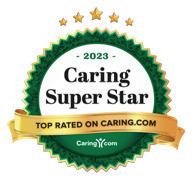 – Murial
– Murial

relationships. While the interaction may be positive, it is not the same as building long-term relationships.
Some of the most promising programs identified by the study included tutoring and mentoring efforts. These programs allow retirement community residents to support young people by providing guidance and professional development opportunities.
Mentoring programs have been particularly effective for helping youth in foster care, special education students, and English as a Second Language students. Older adults can help young people improve their language and literacy skills or run after school homework clubs for youth.
While the report identified several significant challenges to implementing intergenerational programming, the benefits have the potential to far outweigh the challenges. Well-run intergenerational programs can help both older adults and young people feel more connected to their communities and more confident in their own worth and abilities.





Upscale finishes. Gracious gathering spaces. The latest amenities. Refined dining. At Anthology of King of Prussia, you’ll find all the distinctive features you’ve dreamed about for your future. There are so many reasons for choosing our senior living community. What will yours be?
Professional help can make moving easy
Moving can be a daunting task—no matter what your age—but it can be even more overwhelming for older adults who may be leaving a home they have lived in for decades. Luckily, the enormous growth in the senior population has led to the development of a wide variety of professional moving and real estate services designed specifically to help older adults and their families.
Senior Move Managers®, Senior Real Estate Specialists®, and Certified Senior Housing Professionals are just a few of the professionals who are specially trained to help seniors with all the challenges of moving and downsizing.
Senior Move Managers assist older adults and their families with the emotional and physical aspects of relocation. They can also help families who wish to declutter or reorganize
a home to better age in place. These professionals provide a multi-faceted approach to the move process, from space planning in the beginning to post-move support and advocacy. By addressing all aspects of the moving process, ç
From initial planning to downsizing to the physical aspects of moving, Senior Move Managers create a comprehensive plan that includes selling or disposing of unwanted items and setting up the new residence. Many Senior Move Managers are also movers. Others work closely with a reputable local moving company to complete that aspect of the job.
Senior Real Estate Specialists are Realtors who are specially trained to manage the sale of a home for consumers over the age of 50. They bring targeted knowledge, senior experience and marketing savvy

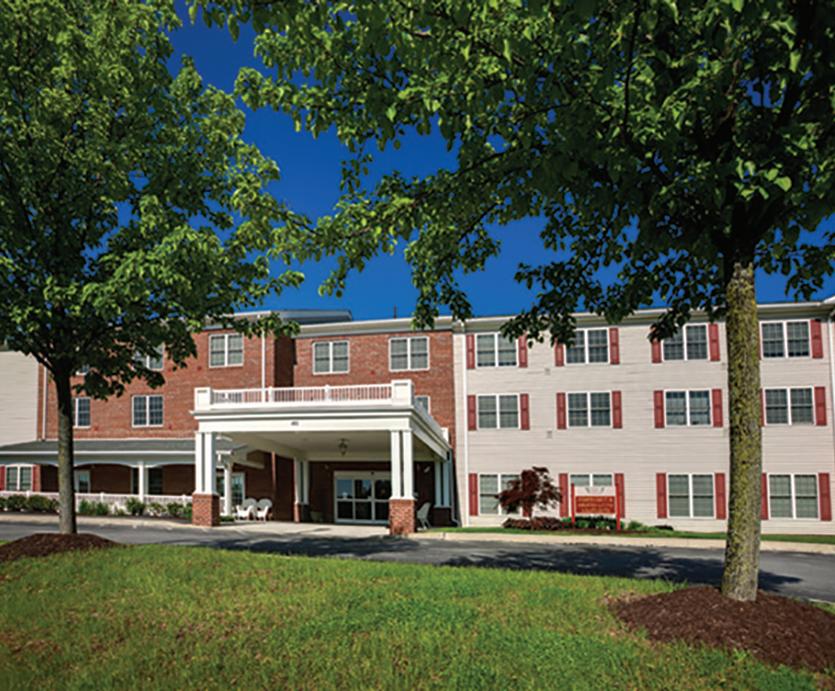
Senior Move Managers minimize the chaos and stress of moving.
to each sale. These specialists have extensive knowledge about everything from reverse mortgages and the importance of universal design to the uses of pensions, 401k accounts and IRAs in real estate transactions.
Finally, Certified Senior Housing Professionals (CSHPs) are real estate professionals who have completed extensive coursework on how best to assist older adults and their families in the home buying or selling process. CSHPs understand that late-in-life
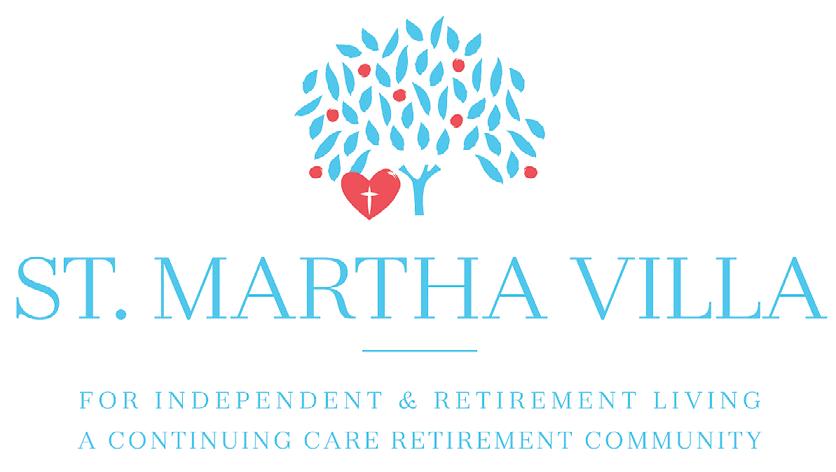

moves can be more complicated and require greater physical and emotional energy than traditional moves. They are trained to help older adults navigate the complexities of moving by addressing their fears, concerns, needs and goals.
The first step in every move process should be to evaluate the current living situation and needs. Then consumers can contact the many local professionals to inquire about services and costs.
Most professionals offer a diverse menu of services, ranging from full service moves to help with particular aspects of moving, buying or selling.
While the moving process may never be fun, there is no longer any reason for it to be difficult. Older adults and their loved ones can now let specially trained professionals handle all the details of selling, buying and moving—from cleaning out the cluttered basement to finding the perfect new place for every piece of treasured furniture. With professional help, every move can be a smooth one.


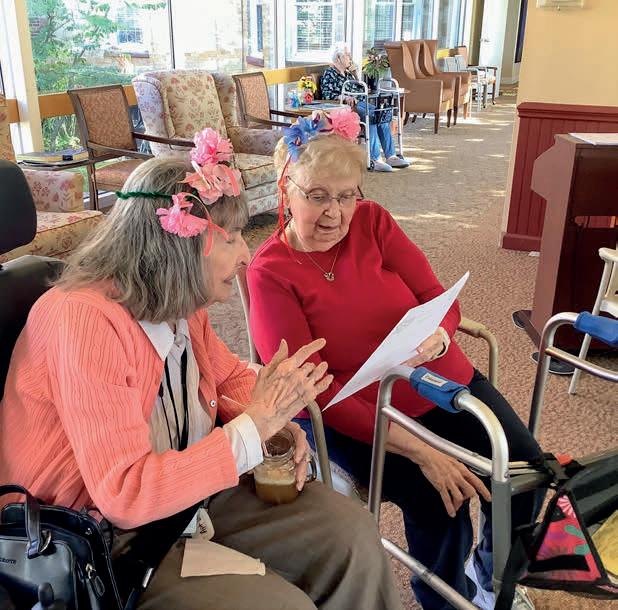

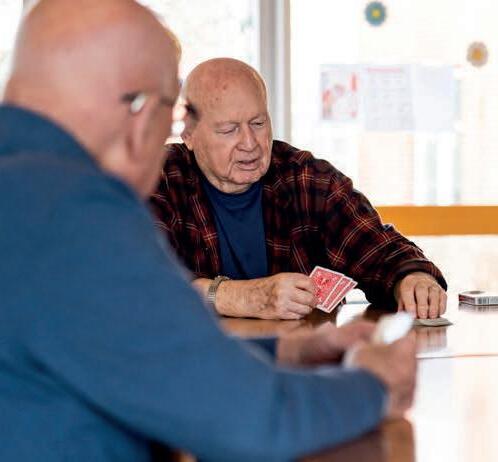

Like most industries, the senior living industry is ripe with acronyms and “insider” terms that can quickly become overwhelming. Sourcebook is filled with articles that will take the mystery out of the industry. This glossary is a compilation of key terms from all of our articles to help readers quickly find—and define—terms they may hear while calling providers or performing additional research.
A seal of approval given by an independent organization to a community or service provider. Communities or providers must meet high standards set by the organization and submit to regular inspections and reviews.
Communities designed for active adults who do not need healthcare services. Communities typically feature an array of amenities and are often adjacent to golf courses. Individuals must be 55 or older to move into these communities.
Activities that are typically performed on a daily basis including eating, bathing, dressing, grooming, toileting, and medication management.
Legal documents that express an individual’s wishes with regard to medical decisions. These can include living wills, powers of attorney and health care proxies. They provide direction to an appointed agent to speak on behalf of a person who is unable to speak for himself.
An agency of the United States Department of Health and Human Services. AoA promotes the wellbeing of older individuals by providing services and programs designed to help them live independently in their homes and communities.
Facilities that offer socialization, activities and necessary supervision for seniors during the day. Assistance may also be available with the activities of daily living.
The idea that seniors can choose to

remain in their home living environments despite the physical and/or mental decline that may occur with aging.
Health and human services specialists who act as a guide and advocate for families who are caring for older relatives or disabled adults. Also known as Geriatric Care Managers.
Organization that represents Aging Life Care Professionals. Members must meet stringent education, experience and certification requirements.
A type of dementia that causes problems with memory, thinking and behavior. Symptoms usually develop slowly and get worse over time, becoming severe enough to interfere with daily tasks.
Organizations that serve senior populations in their local areas. AAAs receive federal funding under the Older
Americans Act and most supplement that funding with additional state and local revenues. AAAs provide a broad range of services for seniors and their families. To find your AAA, visit n4a.org.
Assisted Living/Personal Care Communities
Communities that offer residents housing and supportive services delivered by qualified staff members. Assistance with the activities of daily living (ADLs) is available. Amenities vary widely but all communities offer basic services, including meals, supervision and security. In Pennsylvania, Assisted Living is also known as Personal Care.
The primary person charged with caring for an older adult or individual with a disability. Caregivers can be a family member or a designated healthcare professional.
Certified Senior Housing Professionals (CSHPs)
Real estate professionals who have completed extensive coursework on how
Continued on page
535 Gradyville Road, Newtown Square, PA 19073 • 610-558-5000 www.whitehorsevillage.org
White Horse Village is a friendly and vibrant senior living community situated on 109 picturesque acres neighboring a state park. First-class amenities include a tavern, dining venues, wellness center, indoor pool/ spa, bocce, art studio, woodshop, hiking trails, library, community garden, shuffleboard and more. Our exceptional programs, cultural & performing events, delicious food, and spacious residences cater to a range of lifestyles.
3500 West Chester Pike, Newtown Square, PA 19073 • 610-359-4400 www.dunwoody.org
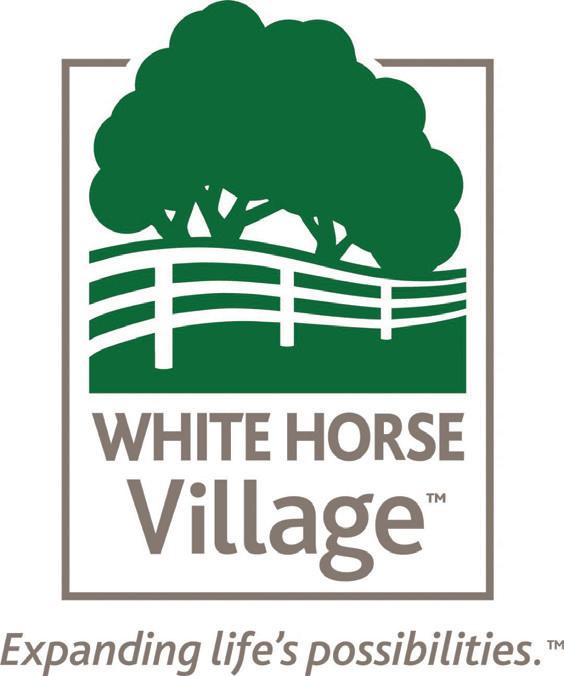
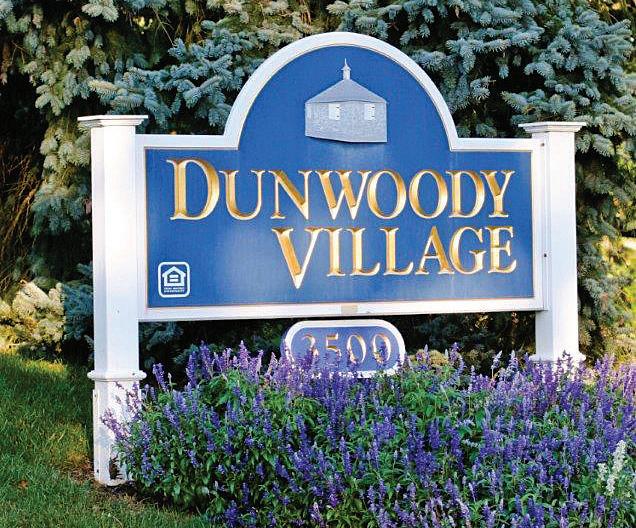
Dunwoody Village is a not-for-profit continuing care retirement community located on 83 picturesque acres in Newtown Square, PA. The expansion and renovation of the community building was completed in 2022, offering brand new amenities – multiple dining venues, auditorium, fitness center, library, arts and crafts studio, woodshop and salon. Other amenities and services include fully enclosed and heated walkways, swimming pool, Jacuzzi, gift shop, weekly housekeeping and flat linen service, transportation and door-to-door mail delivery. Its five-star quality rated healthcare includes 81 private personal care residences and 81 private skilled nursing rooms on the campus, giving residents peace of mind as a topnotch continuing care retirement community for nearly five decades.
www.waverlyheights.org • (610) 645-8600 1400 Waverly Road, Gladwyne, PA 19035
Waverly Heights is a nonprofit Life Plan Community located in the heart of Philadelphia’s Main Line. Beyond the beautiful gardens and lawns, Waverly Heights offers unparalleled service to residents in an atmosphere of classic style and elegance. The comfort, security, health, well-being, and personal enrichment of our residents is of the highest priority and we are proud of the atmosphere we’ve created to help seniors enjoy and embrace life at Waverly!


Continued from page 52
best to assist older adults and their families in the home buying or selling process.
A type of home care delivered by caregivers, or companions, who serve as surrogate family members. Assistance can include meal preparation, medication reminders, laundry, light housekeeping, shopping, transportation and assistance with exercising.
Communities offering long-term contracts that guarantee lifelong shelter and access to specified health care services. Different levels of care are available to residents including independent living, assisted living and nursing care. See also Life Plan Communities.
Spectrum of care available at life plan communities (also known as continuing care retirement communities). This spectrum includes care options ranging from independent living to nursing and rehabilitation care. Residents can move up or down this continuum of care as needed.
Dementia is a general term for a decline in mental ability severe enough to interfere with daily life. Alzheimer’s is the most common type of dementia.
Individuals who specialize in areas of the law that are particularly relevant to seniors and their families. They may receive specialized training and certifications from professional organizations.
The fees paid by residents when entering a retirement community. Entrance fees vary widely depending on the type of agreement selected.
Individuals who are restricted to their residence because of a permanent disability or disease.

Healthcare and supportive services offered by professionals in private homes. Home care can include companion care, home healthcare and skilled nursing care.
Care provided in the home for individuals who are no longer able to perform the activities of daily living alone, but who do not need skilled medical services.
Care that is offered to patients with a terminal diagnosis. Hospice includes supportive services, pain and symptom management, social services, and emotional and spiritual support.
Residential communities for active older adults. Communities offer various amenities and activities. Home and exterior maintenance is included.
Properties offering a combination of living options for older adults, including independent living, assisted living and skilled nursing services. Different levels of care are generally all offered on a single campus. Residents have the option to have all their current or future healthcare needs met without ever leaving campus. See also Continuing Care Retirement Communities (CCRCs).
Federal program designed to provide health coverage for low-income people. States administer their Medicaid programs individually, resulting in variations in coverage across the country.
Federal health insurance program for people age 65 or older. Certain people younger than age 65 can qualify for Medicare, too, including those with disabilities and those who have permanent kidney failure.
Specialized care delivered by communities that are equipped to handle patients with Alzheimer’s disease or dementia.
National Academy of Elder Law Attorneys (NAELA)
A national professional association. Members are attorneys who are experienced and trained in the legal
problems of aging Americans and individuals of all ages with disabilities.
National Elder Law Found. (NELF)
A national organization certifying practitioners of elder and special needs law.
Nursing & Rehabilitation Centers (Skilled Nursing Care Centers)
Facilities that provide care administered by professionals under the direction of a physician. Centers may serve as permanent residences for individuals who are too sick or frail to live at home. Short-term care is also available for those who are rehabilitating from surgery or an injury. Also known as Skilled Nursing Care Centers.
Personal Care
See Assisted Living.


Professionals who assist older adults and their families with the emotional and physical aspects of relocation.
Skilled Nursing Care (In Home)
A type of home care prescribed by a physician and administered by a registered nurse.

VA Benefits
Benefits available for individuals who have served their country in the armed forces. Benefits are provided through the U.S. Department of Veterans Affairs.
(888) 716-4037

Brittany Pointe Estates
Cokesbury Village | Country House
The Evergreens | Granite Farms Estates Gwynedd Estates | Lima Estates
Manor House | Normandy Farms Estates
Southampton Estates | Spring House Estates
Home is a special space. It’s more than four walls and a roof. It is a feeling.
Whether home is defined by the people you are with or the natural surroundings out your window, that old cliché about home being where the heart is rings true.
Home may very well be where the heart is, but it’s also where the amenities, friends, and activities are, according to residents of Cornwall Manor, a continuing care retirement community (CCRC) in central Pennsylvania.
Cornwall Manor is located on 190-acre campus ripe with history and surrounded by natural beauty. Formerly the home of the Coleman family who owned and operated the Cornwall Iron Furnace, a large iron ore furnace dating back to the 1700s, the campus features a mix of historic buildings that have been preserved and enhanced, as well as modern buildings and amenities to accommodate the lifestyle of its residents.
A variety of housing and floor plan options are available, and residents can transition from independent living to personal care and nursing care, as needed.
After taking care of her ailing mother, Jo and Henry Kim knew they wanted to do things differently.
“My mom got so sick, and she was isolated in Nebraska on a huge farm. It was so hard getting her to a lawyer and getting her affairs in order,” Jo said. “The whole process was difficult and sad. That really made an impression on me. I knew I didn’t want to do that to our boys.”

Jo and Henry Kim quickly discovered how friendly and welcoming Cornwall Manor can be when their neighbors pitched in to help them get settled despite a moving delay.
Henry agreed. “We knew we wanted to move to a CCRC because you already have the facilities available for the next level of care if you need it. You don’t have to search for it, and neither do your children.”
When it came time to pick a
retirement community, the Kims, who have moved around quite a bit, were open to several areas. However, it was their children who drew them from the mid-West back to the East Coast.
The Kims began looking at
Continued on following page
Continued from previous page
communities in the mid-Atlantic, and they were immediately drawn to Cornwall Manor. Even before they visited the community in person, they knew that the lifestyle would appeal to them.
“When we got to the campus tour at Cornwall Manor, we were already interested, but I actually questioned if the people we spoke with were planted because everyone was so happy,” Jo recalled. “We quickly learned that the people here really are that happy and welcoming.”
After the moving truck with all their belongings broke down on the way from Nebraska, the Kims were amazed by the generosity of their neighbors. The community quickly pulled together air mattresses, folding

When we got to the campus tour at Cornwall Manor, we were already interested, but I actually questioned if the people we spoke with were planted because everyone was so happy. We quickly learned that the people here really are that happy and welcoming.”
tables, and kitchen essentials, so that the Kims could “camp” in their home while waiting for the muchdelayed truck to arrive.
Despite the hiccups of moving, the Kims settled in nicely. An avid singer, Henry is involved in several choral groups and a band. Jo, who prides herself on her green thumb, volunteers in
Jo Kim, Cornwall Manor residentthe community’s garden and at Cornwall Manor’s “Trailside” organic farm. She is also a member of the greenhouse and gardens committee.
After only four months in residence at Cornwall Manor, Jo and Henry Kim are sure they made the right decision—and they feel right at home.



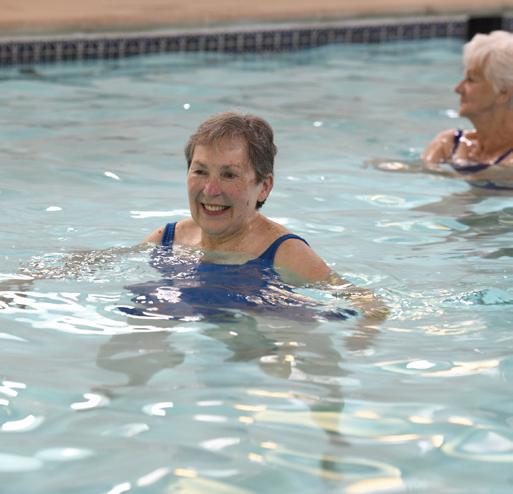
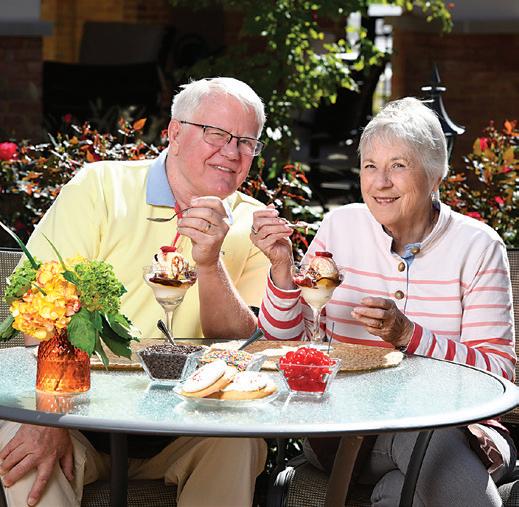
Life Plan Communities are properties offering a combination of living options for older adults. These communities offer an active lifestyle for residents, as well as a wide array of amenities and services.
Life Plan Communities were formerly known as Continuing Care Retirement Communities (CCRCs). Following a two-year research and review process, a task force led by LeadingAge and Mather LifeWays, identified a new name for CCRCs that would resonate with the boomer target audience. The new name better reflects the communities and their residents— individuals who are active, engaged and focused on the future.
Living options available at Life Plan Communities may include independent living, assisted living and skilled nursing services. These different levels of care are all offered

on a single campus. Residents have the option to have all their current or future healthcare needs met without ever leaving campus.
Life Plan Communities afford residents endless opportunities to remain active and involved. These communities generally appeal to young, healthy older adults. Amenities vary widely but often include swimming pools, fitness centers, gardening areas, and golf courses or putting greens.
You want to move to a senior living community, but that’s just the first of many decisions you’ll need to make. No matter which community you move to, you’ll have to sign a contract that stipulates the services you’ll receive and what you’ll pay—now and down the road.
This guide can help you navigate the different contracts you may encounter as you embark on your search for a new home. Life plan communities, also known as continuing care retirement communities (CCRCs), offer multiple levels of care all on one campus. This setting is generally attractive to seniors who like to plan ahead. Life Plan Communities are most useful for seniors who can come in at the independent living level and move through higher levels of care as needed over time.
1. Type A (Life Care Agreements). According to the Commission on Accreditation of Rehabilitation Facilities, Type A contracts include overall housing, residential services (amenities) and unlimited healthrelated services. Type A contracts provide a sense of stability, as future costs are much more predictable regardless of any changes in needed services or care. Residents pay a much larger entrance fee compared to other contract types, but the monthly fee is flat through all levels of care.
2. Type B (Modified Agreements).
As with Type A, Type B contracts include housing and residential services. Unlike Type A, Type B does not cover all future health care needs but does offer discounted or waived rates for those services.
While Type B contracts have a
Additionally, residents have access to hundreds of clubs and activities—from art classes to yoga classes and from drama clubs to walking groups. Residents are also very involved in the operation and management of Life Plan Communities through resident boards or councils.
Finally, Life Plan Communities are generally integrated into the larger community. With active residents, these communities can focus on giving back and acting as a socially responsible neighbor.
Life Plan Communities give older adults the freedom and security to live active, healthy lives. They are the perfect option for individuals who want to plan ahead for future care needs, while focusing on enjoying every day.
Source: lifeplancommunity.org
lower entrance fee than Type A, should an increase in care become necessary, it would be the resident’s responsibility to cover costs.
3. Type C (Fee-For-Service Agreements). Like both A and B, Type C contracts cover housing, residential services and health care. “Basically, it’s pay as you go,” says Mark Herrera, vice president of skilled nursing administration and risk management at be.group. Residents pay a smaller entrance fee in the beginning. Then, if you don’t need to use higher levels of care, there is no additional cost to you beyond your monthly service fee for using amenities like transportation or activities. While Type C contracts will save you on up-front costs, the resident risks the potential for large costs down the road if there is a sudden need for care.

Life plan community residents want to be informed and involved in their communities. While this can make decision making more complicated for community administrators and boards, involving residents often leads to a better experience for both residents and staff. In fact, increased resident engagement is associated with improved relationships with management and greater overall satisfaction, according to a national survey from Mather LifeWays Institute on Aging.
The survey concluded that to increase resident engagement and satisfaction communities should focus on greater transparency and increased application of resident input.
Life plan community residents crave information. They have made a major investment, and they want to be involved in how their communities are managed. Life plan communities can increase transparency by focusing on building trust with residents and expanding efforts to share information.
One key approach that has proven successful is to diversify communication efforts, using both written and oral mediums to reach the maximum amount of residents.
The survey found that regular “town hall” meetings are a good way to ensure that residents are informed. Open to all residents, these meetings typically include presentations by community executives on operational information. They also feature time for residents to interact directly with management and ask questions, encouraging open lines of communication.
The survey also showed the importance of resident groups
Survey respondents reported that more transparency resulted in:
91% - a greater sense of trust in management
88% - enhanced relationship between management and residents
83% - increased resident satisfaction
Life plan communities can increase transparency by focusing on building trust with residents and expanding efforts to share information.
to increasing transparency. Resident groups can be involved in management decisions, serving on committees and advisory boards.
There are many advantages of greater transparency, according to survey respondents. They include a greater sense of trust in management (91%), an enhanced relationship between management and residents (88%), and increased resident satisfaction (83%).
While there are many benefits to enhanced transparency, life plan community management also reported some disadvantages that need to be addressed. These included requests for information that cannot be fulfilled and increased levels of complaints.
In addition to providing more
information, the other key to increasing and maintaining resident satisfaction is incorporating resident input. Residents want to be informed, and they also want to be listened to.
Survey respondents suggested many different methods for successfully incorporating resident input including developing a sense of trust with residents, utilizing resident councils and committees, and providing structured processes for resident engagement.
Survey respondents also recommended different approaches to addressing the disadvantages of involving residents in operational decisions. To address potential conflicts of interest, the respondents recommended establishing “guardrails,” or clear boundaries on the extent of resident input allowed. They also suggested presenting a small number of solutions for resident discussion. Despite potential drawbacks, more than 70 percent of respondents reported that resident representation on the board positively affects operations.
By keeping residents informed and using their input, life plan communities can keep residents engaged—and make their communities even more engaging.
For complete survey results, visit matherlifewaysinstituteonaging.com .
Most life plan communities require payment of a one-time fee, usually called the entrance fee, before moving to the community. The entrance fee amount often depends on the level of care at the time of entry, type of housing chosen (with larger units requiring a larger fee) and agreement type. The entrance fee allows the life plan community to offer lower monthly fees and provide for the future needs of residents. State regulations can impact the terms of the entrance fee and in some states, refunds are called rebates. Entrance fees are typically structured in one of three ways:
, also known as amortizing entrance fees, specify a period of time in which the entrance fee will be refundable to the resident on a declining basis. For example, if an entrance fee under this
arrangement declines at the rate of 1 percent each month, after 6 months 94 percent of the entrance fee is refundable.
PARTIALLY REFUNDABLE entrance fees guarantee a specific percentage of the refund that will be returned within a certain period of time regardless of the term of residency. For example, 50 percent of the entrance fee may be refundable upon termination of the contract or to the estate upon the resident’s death.
FULL REFUNDS offer just that, a full refund of the entrance fee. A fixed charge may be deducted before the refund is made, and the agreement generally states how long the refund is valid and under what conditions a refund is due. Entrance fees that offer full refunds

are typically more expensive than those without refunds or those that are partially refundable or refundable on a declining basis.

Nationally, only 15 percent of all Continuing Care Retirement Communities have earned the "seal of approval" from the nonprofit CARF Continuing Care Accreditation Commission. The CARF is the nation's only system for accrediting continuing care retirement communities.
We are proud that our communities:
■ voluntarily meet the HIGHEST STANDARDS of excellence
■ submit to regular inspections and reviews
■ care about our residents' well-being and our staffs' training
■ maintain financial accountability and competent administration
We invite you to call or visit us to see what makes us different!
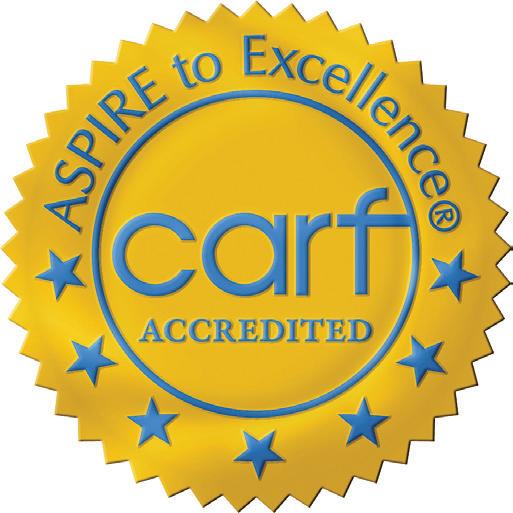
Waverly Heights 1400 Waverly Road Gladwyne, PA 19035 (610) 645-8600 waverlyheightsltd.org
Landis Homes 1001 East Oregon Road Lititz, PA 17543 717-381-3550 landishomes.org
Kendal~Crosslands Communities PO Box 100 Kennett Square, PA 19348 800-814-8133 kcc.kendal.org
Medford Leas 1 Medford Leas Way Medford, NJ 08055 866-407-5047 medfordleas.org
For more information or a nationwide list of accredited communities contact: CARF Continuing Care Accreditation Commission www.carf.org
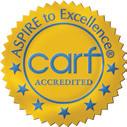


Use this checklist to review options:
Is the community clean and well maintained?
Is ample parking available for residents and visitors?
Are exterior maintenance, snow removal and landscaping included in the monthly fees?
Are there multiple floor plans available?
Can residents decorate their cottages, condos or apartments according to their personal tastes?
Is the community pet friendly?
What levels of care does the community offer?
Independent living?
Assisted living?
Skilled nursing care?
Short-term rehabilitation?
Memory care?
Do residents have access to in-home care should it be needed?
Is the community well staffed overnight?
How does the community handle residents who need additional care and support?
Do staff members undergo screenings and background checks prior to employment?
Are housekeeping and laundry provided?
Are transportation services available?
Do caregivers interact with residents in positive ways?
What is the staff-to-resident ratio for each level of care?
What services are included in the monthly fee?
What services are available for an additional fee? What are the fees?
How often do resident rate increases occur?
Are there multiple contract options?
Do some contract options offer entrance fee refunds?
Does the dining room look and smell inviting?
Are the dining room tables, chairs and linens in good condition?
Are residents allowed to invite guests for meals?
Can residents select their own meal times, or are there designated meal times?
Are three daily meals, snacks and beverages included in the monthly rate?
Does the resident committee work with the dining staff to develop menus?
Can the community accommodate special dietary needs?
Is there a dietician or nutritionist involved in meal planning?
Is the community conveniently located for friends and family to visit?
Is the community in a safe neighborhood?
Are there shopping, dining and entertainment options near the community?
Is the community near preferred medical providers?
Does the community look and feel like a place you could call home?
Source: www.whereyoulivematters.org, a senior living resource powered by the American Seniors Housing Association (ASHA)


Independent living communities are residential communities for active older adults who want an enjoyable lifestyle free of the worries of home maintenance. They are similar to any apartment, condominium or singlefamily development, except that they provide special services, including security. Most independent living communities are fully secured with staff members greeting and screening all visitors around the clock.
As many individuals at this stage in their lives are looking to pursue new hobbies and interests, the activities and amenities available at a community are a major factor for potential residents. Most independent living communities provide a full range of activities such as shopping trips, outings to cultural events, organized gatherings and an array of clubs. Some communities also have tennis courts, swimming pools and other amenities.
Independent living communities

typically offer a variety of meal plans. Residents also have the option of preparing their own meals.
Most independent living communities do not offer health care services. However, some communities are affiliated with health care facilities that can
provide such care when it is needed. Residents also have the option of purchasing home health care services from outside providers.
Most independent living communities are rental communities, but some are condominiums or single-family communities in which residents purchase their units or homes. Costs and services vary widely. In some communities, a monthly fee covers many services, while in others a fee-for-service system is used. A few communities offer subsidies based on strictly defined need. To learn more, contact your local Area Agency on Aging.
Consumers should carefully research the independent living community options in their target areas or neighborhoods. After requesting and reviewing information from communities, prospective residents should plan on-site visits to each community they are considering.
According to LeadingAge, a person can rent an apartment either at the market rate or, if his or her income level qualifies, at a lower rate. These apartments are often designed with seniors in mind. For example, there may be railings in bathrooms or power outlets higher up on the wall. Many communities also offer a 24-hour emergency call service and some may also provide different kinds of services such as meals, transportation, social activities and other programs.
The U.S. Department of Housing and Urban Development (HUD) funds several rental assistance programs for seniors who qualify. These programs include public housing or low-income housing that is owned and operated by a local housing authority. To
apply for public housing or Section 8 certificates or vouchers, you must go to your housing authority. Each housing authority has a system for accepting applications. Their representatives can explain their system and how to find an available apartment.
HUD’s Section 202 program includes apartments where the government provides subsidies directly to owners of qualified properties developed with loans or grants from the federal government. The owners pass along the federal rental assistance subsidy to qualified residents to cover the gap between the resident payment, generally 30 percent of adjusted income, and rent costs.
To apply for housing in a privately-owned affordable housing community, a person will have to visit the management office for each community. Contact your local HUD office to get a list of privately-owned communities near you.

Use this checklist to review options:
Is the community clean and well maintained?
Is ample parking available for residents and visitors?
Are exterior maintenance, snow removal and landscaping included in the monthly fees?
Are there multiple floor plans available?
Can residents decorate their cottages, condos or apartments according to their personal tastes?
Is the community pet friendly?
Does the community have safety features, such as handrails and grab bars?
Do individual residences include safety features, such as emergency alert and fire suppression systems?
Is the community well staffed overnight?
How does the community handle residents who need additional care and support?
Do staff members undergo screenings and background checks prior to employment?
Are housekeeping and laundry provided?
Are transportation services available?
Do caregivers interact with residents in positive ways?
What is the staff-to-resident ratio?
What services are included in the monthly fee?
What services are available for an additional fee? What are the fees?
How often do resident rate increases occur?
Are subsidies available? How do residents qualify for subsidies? Is there a waiting list?
Does the dining room look and smell inviting?
Are the dining room tables, chairs and linens in good condition?
Are residents allowed to invite guests for meals?
Can residents select their own meal times, or are there designated meal times?
Are three daily meals, snacks and beverages included in the monthly rate?
Does the resident committee work with the dining staff to develop menus?
Can the community accommodate special dietary needs?
Is there a dietician or nutritionist involved in meal planning?
Are activities scheduled throughout the day and evening?
Are fitness classes offered?
Are there dedicated spaces for resident clubs and informal gatherings?
Does the community offer regular outings to local restaurants, theaters, museums and other destinations?
Are there outdoor spaces available for walking, gardening and recreation?
Are volunteer programs available?
Do the residents appear engaged and energetic?
Is there public transportation nearby?
Is the community in a safe neighborhood?
Are there shopping, dining and entertainment options near the community?
Is the community near preferred medical providers?
Does the community look and feel like a place you could call home?
Talk with residents and their family members. What do they like about the community?
Can they recommend it?
Did they consider other options when searching for a community?
Why did they choose this community?
Keys Village - The Brethren Home Comm.
Park
Park
Park
Phoebe Allentown
Phoebe
PENNSYLVANIA (continued)

Assisted living/personal care communities—frequently known as Personal Care Communities in Pennsylvania—offer a vital option for older adults who need some assistance with daily living. While the specific amenities will vary, all assisted living/personal care communities offer basic services including meals, supervision, security and help with personal care needs. For many residents, the help available at an assisted living/personal care community can allow them to continue to live their best life.
In most states, assisted living/ personal care communities are registered, licensed or certified by an appropriate department or agency of the state that has a process for issuance of initial licenses and for renewing existing licenses. This process provides basic protections for consumers.

Residents of assisted living/ personal care communities are generally seniors who need some
with
Continued on page 89
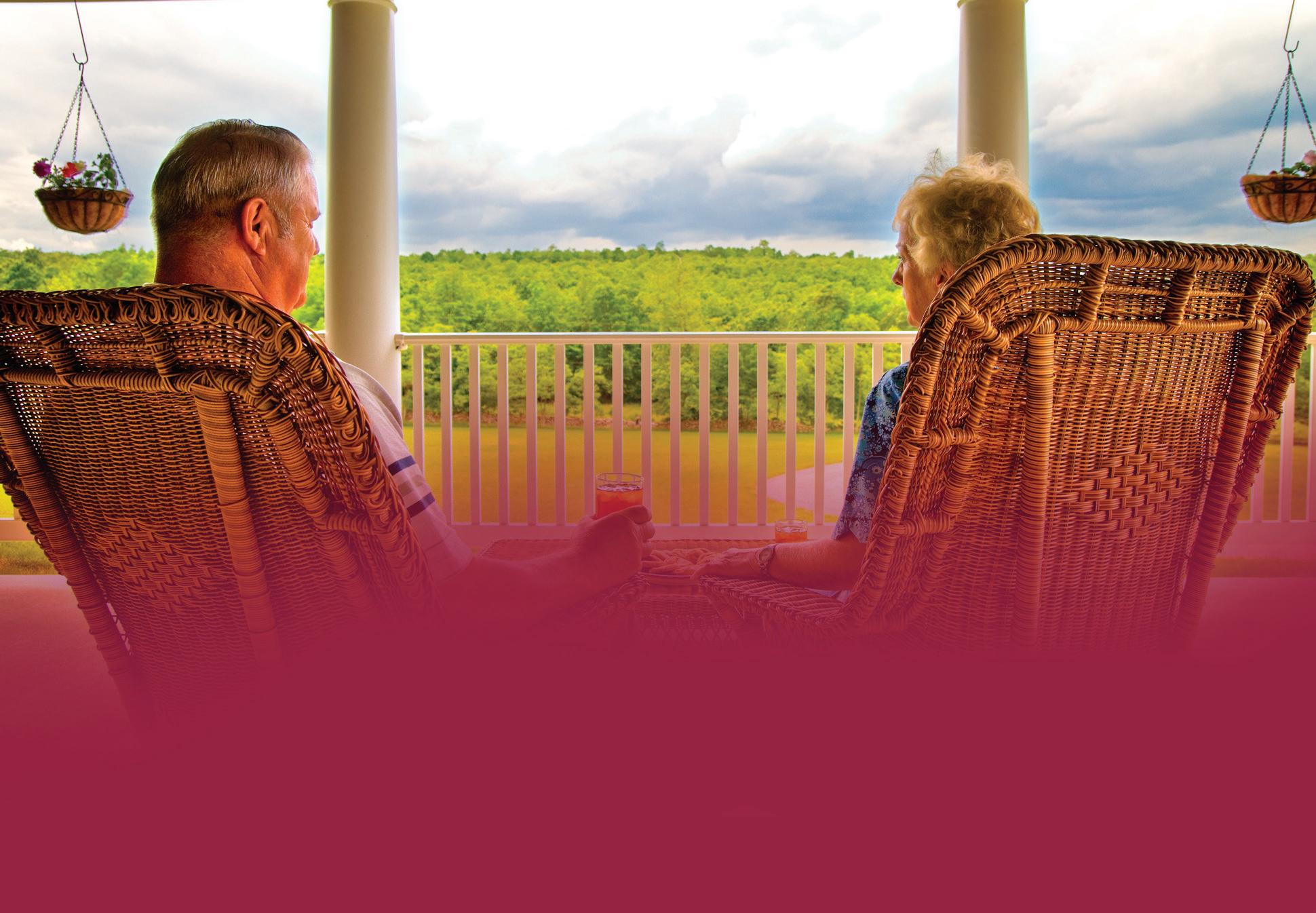
Use this checklist to review options:
Is the community clean and well maintained?
Are there multiple floor plans available?
Can residents decorate their apartments according to their personal tastes?
Is the community pet friendly?
Does the community have safety features, such as handrails and grab bars?
Do individual residences include safety features, such as emergency alert and fire suppression systems?
What is the staff-to-resident ratio?
Is the community well staffed overnight?
How does the community handle residents who need additional care and support?
Do residents have access to in-home care should it be needed?
Do staff members undergo screenings and background checks prior to employment?
Is the staff screened and evaluated for their ability to work with older adults in the assisted living setting?
Does the community have its most recent survey results posted or displayed for families to review?
Are staff trained and retrained at regular intervals?
Are housekeeping and laundry provided?
Are transportation services available?
Does the dining room look and smell inviting?
Are the dining room tables, chairs and linens in good condition?
Are residents allowed to invite guests for meals?
Can residents select their own meal times, or are there designated meal times?
Are three daily meals, snacks and beverages included in the monthly rate?
Does the resident committee work with the dining staff to develop menus?
Can the community accommodate special dietary needs?
Is there a dietician or nutritionist involved in meal planning?
What services are included in the monthly fee? What services are available for an additional fee? What are the fees?

How often do resident rate increases occur?
How much notice do residents receive prior to a rate increase?
Are activities scheduled throughout the day and evening?
Are fitness classes offered?
Are there dedicated spaces for resident clubs and informal gatherings?
Are there outdoor spaces available for walking, gardening and recreation?
Are volunteer programs available?
Do the residents appear engaged?
Is the community conveniently located for friends and family to visit?
Is the community in a safe neighborhood?
Are there shopping, dining and entertainment options near the community?
Is the community near preferred medical providers?
Source: www.whereyoulivematters.org, a senior living resource powered by the American Seniors Housing Association (ASHA)









PENNSYLVANIA - PHILADELPHIA (continued)
PENNSYLVANIA (continued)
1. Make an accurate and honest assessment of your physical, financial, mental and lifestyle needs.
2. Visit as many facilities as you can to get a sense of the choices in your area.
3. Narrow down your selection to the top two or three choices and return to those facilities and ask lots of questions.
4. Ask to review a copy of the Resident Agreement (facility contract).
5. Ask to review the licensing or certification inspection report.
6. Call the Long Term Care Ombudsman program and ask if there are complaints about the facilities you are interested in. Contact the ElderCare Locator at 1-800-677-1116 or www.eldercare.gov to find your local ombudsman who serves as an advocate for assisted living/personal care and nursing home residents.
7. Make an unannounced visit to the facilities you are interested in. Talk with the residents and their family members about the facility.
8. Ask what conditions or circumstances may result in the need to relocate to another facility.
9. Ask what the baseline fee is and what services are included in that fee. Ask what additional charges apply for services/products.
10. Choose the facility that comes closest to your needs.
From
Continued from page 78
living (or ADLs). Some communities may accept residents with Alzheimer’s disease and other forms of dementia. In fact, some communities may specialize in serving individuals with specific medical conditions, including dementia. A few communities serve individuals of any age with developmental disabilities. When reviewing assisted living/personal care communities, consumers should ask about any specializations the community may have.
The services and activities provided in these communities help to promote the quality of life and independence of the residents. One key offering is 24-hour supervision of the residents and the property. Resident safety and security is a priority at all assisted living /personal care communities.
All communities also offer three meals a day in a group dining room. However, dining options can vary dramatically in terms of the meals available and the costs associated with meal plans.
Finally, all assisted living/personal care communities offer personal care services, also known as help with the ADLs. These services include assistance with bathing, dressing and toileting.
Other services and activities available at some assisted living/
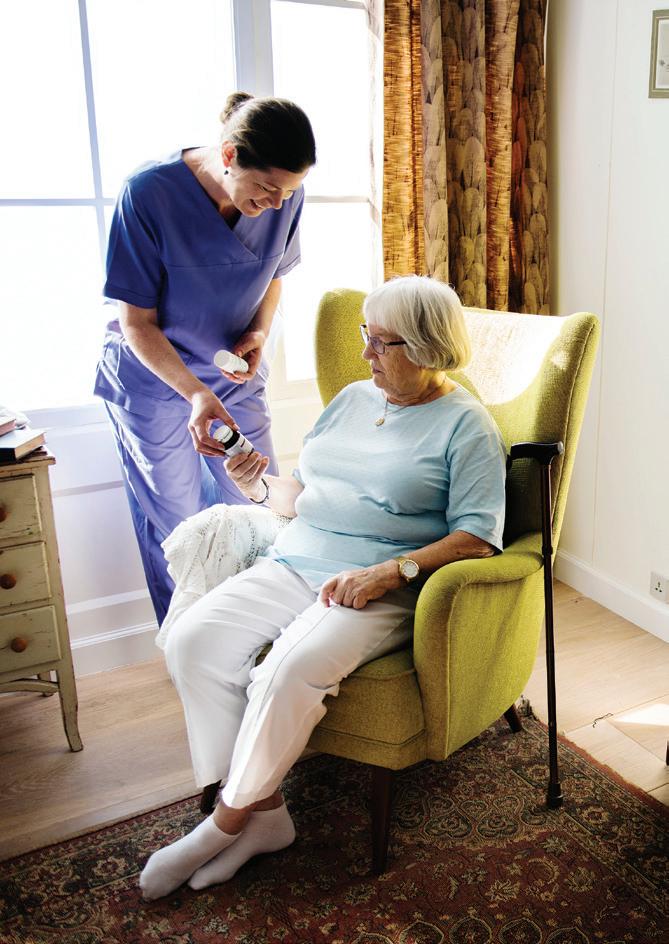
personal care communities include:
• Medication management, or assistance with self-administration of medicine
• Coordination of services by outside health care providers
• Assistance with arranging medical, health and dental care services
• Social services
• Transportation services
• Outdoor areas for walking or gardening
• Supervision and assistance for persons with Alzheimer’s or other dementias and disabilities
• Recreational and spiritual activities
• Exercise and wellness programs
• Laundry and linen service
• Housekeeping and maintenance
• Individualized services
While assisted living/personal care communities do provide a high level of care, it is important to consider what is not provided at these communities before selecting one. Assisted living/ personal care communities are a bridge between living at home and living in a nursing home. Assisted living/personal care communities do not typically provide the level of continuous skilled nursing care found in nursing homes and hospitals. For instance, if a prospective resident needs constant care, a nursing home may be a more viable option. There is no set standard for assisted living accommodations. Therefore, options can vary greatly from one assisted living community to the next. For instance, some communities offer private rooms featuring kitchenettes and private bathrooms, while others offer shared units or shared bathrooms. Consumers must consider the prospective resident’s personal needs, financial means and personal preferences before selecting a community.
Source: www.ahcancal.org
Memory loss that disrupts daily life is not a typical part of aging. It may be a symptom of Alzheimer’s, a fatal brain disease that causes a slow decline in memory, thinking and reasoning skills. Every individual may experience one or more of these signs in different degrees. If you notice any of them, it is recommended you see a doctor.
1. Memory loss that disrupts daily life
One of the most common signs of Alzheimer’s is memory loss, especially forgetting recently learned information. Others include forgetting important dates or events; asking for the same information over and over; and relying on memory aides (e.g., reminder notes or electronic devices) or family members for things they used to handle on their own.
What’s typical? Sometimes
forgetting names or appointments, but remembering them later.
2. Challenges in planning or solving problems
Some people may experience changes in their ability to develop and follow a plan or work with numbers. They may have trouble following a familiar recipe or keeping track of monthly bills. They may have difficulty concentrating and take much longer to do things than they did before. What’s typical? Making occasional errors when balancing a checkbook.
3. Difficulty completing familiar tasks at home, at work or at leisure
People with Alzheimer’s often find it hard to complete daily tasks. Sometimes, people may have trouble driving to a familiar location, managing
For older adults with Alzheimer’s disease or another form of dementia, moving to a residential memory care facility may be the best option. These communities can offer varying levels of care, depending on the needs of the patient. They also offer valuable peace of mind for family members and caregivers, who may no longer be able to provide care at home.
Most retirement living communities offer options for individuals with memory care needs. Before selecting a community, potential residents and their families should carefully evaluate their current and future care needs. Consumers should also familiarize themselves with the wide variety of community options available. More information about housing options is available throughout the Sourcebook
These communities provide a full range of care options from independent living to nursing care. Residents with memory care needs would generally move in while they are still healthy and progress to higher levels of care.
a budget at work or remembering the rules of a favorite game.
What’s typical? Occasionally needing help to use the settings on a microwave or to stream a television show.
4. Confusion with time or place
People with Alzheimer’s can lose track of dates, seasons and the passage of time. They may have trouble understanding something if it is not happening immediately. Sometimes they may forget where they are or how they got there.
What’s typical? Getting confused about the day of the week but figuring it out later.
Information from the Alzheimer’s Association website. Visit www.alz.org or call 1.800.272.3900 for information, referrals and support.
Assisted living facilities offer additional support for residents, including assistance with the activities of daily living. Many assisted living facilities offer services specifically designed for people with dementia.
These communities offer round-the-clock care for patients. Some nursing homes have specialized units and specially trained staff to accommodate the needs of patients with dementia.
Special Care Units, or SCUs, are also called memory care units and are designed to meet the specific needs of individuals with Alzheimer’s and other dementias. These units are often located within other residential care options. Some of these units are locked or secured for the safety of residents. SCUs generally offer other specialized services, including highly trained staff and activities designed for individuals with varying stages of dementia.
Source: Information adapted from the Alzheimer’s Association (www.alz.org).
Use this checklist to review options:
STEP 1 – Call Facilities and Ask Questions
Are families encouraged to participate in care planning?
Do staff members communicate openly with families?
Are families informed of changes in the resident’s condition or care needs?
Is personal care and assistance provided?
Is medical care provided?
Is care personalized to meet specific resident needs, abilities and interests?
Is the staff specifically trained in dementia care?
Is there a physician and/or nurse practitioner on the premises and a registered nurse on site at all times?
What is the ratio of residents to staff?
Is staff equipped to handle challenging behaviors?
Are planned activities scheduled, and do they actually take place?
Are activities designed to meet specific needs, interests and abilities of residents?
Are activities available on the weekends or in the evenings?
Is transportation available for medical appointments or personal shopping?
Is physical, occupational, speech and recreational therapy available?
STEP 2 – Visit Facilities and Observe
Do residents appear comfortable, relaxed and involved in activities?
Are residents well groomed, clean and dressed appropriately?
What is the rate of falls for residents?

Is the facility free of unpleasant odors?
Is there indoor space available for residents to move around freely?
Are both the indoor and outdoor areas safe, secure and monitored?
Is there a designated family visiting area?
Are the resident rooms clean and spacious?
Are residents allowed to bring personal items with them, such as photos and bedding?
Is the food appetizing?
Is the dining area a pleasant environment?
Can family and friends join residents for mealtime?
Can the facility accommodate special dietary needs?
Does staff provide assistance with feeding if necessary?
STEP 3 – Ask More Questions and Decide
Are family and friends able to participate in resident care?
What is the discharge policy? Ask about any situation or condition that would lead a resident to be discharged, including behavior changes and financial circumstances.
Is staff available to escort residents to the Emergency Room, if needed?
Is end-of-life/hospice care available on site?
Source: Information adapted from the Alzheimer’s Association. For additional assistance with care decision making, contact the Alzheimer’s Association 24/7 Helpline at 800.272.3900 or visit www.alz.org.
At a nursing care center, care is administered by professionals under the direction of a physician. Many facilities also offer sub-acute, respite, rehabilitation and other short-term care. Rehabilitation services can be especially helpful for individuals who are recovering from surgery, an illness or any other life-changing event.
These communities serve as permanent residences for individuals who are too sick or frail to live at home, or as temporary facilities during a recovery period. Some residents enter a nursing care center for a short-term stay after a surgery or illness, while others enter on a more permanent basis.
Medicare, Medicaid, private
insurance and personal assets are all used under various circumstances to pay for services in a nursing care facility. If a facility is not certified by Medicare and Medicaid, the care will have to be paid for entirely with personal funds.
In general, Medicare pays for skilled nursing care following hospitalization for the same illness or condition at 100 percent of the cost for days 1 – 20. Some long-term care insurance pays for nursing care centers; insurance payments are usually a fixed amount for a specified number of qualified days.
The basic daily rate is the standard charge the nursing care center bills to all residents, which covers the fundamental services every resident receives, including rent for the room, housekeeping, meals and general nursing care. It is important to understand all the services and
A long-term care ombudsman is an advocate who strives to improve the quality of life for individuals receiving long-term care services. Ombudsmen resolve complaints against long-term care providers through counseling, negotiations and investigations. They can also provide vital information about long-term care providers to help consumers make informed decisions.
Using trained volunteers, ombudsman programs make regular visits to long-term care facilities to interact with residents and staff. Finally, ombudsmen strive to educate the community about long-term care issues, train longterm care staff and consult with long-term care providers.
The ombudsman program is federally mandated and located in every state. Operated by the Administration on Aging, the
ombudsman program has 7,734 volunteers certified to handle complaints and 1,300 paid staff.
How can an ombudsman help me?
An Ombudsman can offer advice on housing and help with complaint counseling, negotiations, investigations and resolutions. Ombudsmen stand with residents of long-term care communities, ensuring that their voices are heard and their complaints and concerns are addressed.
For families who are searching for a nursing facility or an assisted living facility, Ombudsmen can provide vital information about facilities, services, complaint histories, inspection reports, and features to look for while searching for a community.
As a consumer of long-term care, Ombudsmen can help you voice any concerns you may have
It is important to understand all the services and amenities that are not included in the basic daily rate.
amenities that are not included in the basic daily rate.
Before choosing a community, contact the Long-Term Care Ombudsman Program of your Area Agency on Aging. Ombudsman programs promote the highest quality of life and care for residents of nursing facilities and can help families and staff with inquiries and complaints.
about current providers. They can also take you through the steps necessary to resolve any complaints. This generally starts with negotiation, during which the two parties sit down to discuss the concern and the Ombudsman serves as a facilitator. In many cases, both parties are able to agree to a solution.
If negotiation is not successful or appropriate, Ombudsmen can launch a formal complaint investigation aimed at achieving a resolution to support the resident. Ombudsmen will accept anonymous complaints. In cases where names will be used, residents and/or their families must sign a waiver of the right to confidentiality.
For more general information about the program or to find programs in your area, visit Ltcombudsman.org.
Use this checklist to review options:
PHYSICAL ENVIRONMENT
Are public areas and resident rooms clean and comfortable?
Is ample parking available for visitors?
Are private rooms available?
Does the community have a pet?
Does the community have safety features, such as handrails and grab bars?
Are the exits clearly marked?
RESIDENT AND STAFF INTERACTION
How many Registered Nurses (RNs) and Certified Nursing Assistants (CNAs) are on staff? What type of education and training do staff members have?
Do all staff members undergo screenings and background checks prior to employment?
How does the community handle residents who need additional care and support?
Is there a care plan developed for every resident?
Are care plans reviewed and updated by providers and family members?
Is the interaction between residents and staff members warm and respectful?
What is the staff-to-resident ratio for each level of care?
Do staff members respond to residents’ requests for assistance promptly?
What is the staff-to-resident ratio at night and on weekends?
CERTIFICATION AND LICENSURE
What levels of care does the community offer?
Skilled nursing care?
Short-term rehabilitation?
Memory care?
Is the facility Medicare and Medicaid certified? Are the home and its current administrator licensed?
FEES AND COSTS
What services are included in the daily rate? What services are available for an additional fee? What are the fees? How often do rate increases occur?
DINING SERVICES
Does the dining room look and smell inviting? Are there enough staff members available to assist residents during meals?
Are the dining room tables, chairs and linens in good condition?
Are residents allowed to invite guests for meals? Can residents select their own meal times, or are there designated meal times?
ACTIVITIES AND PROGRAMS
Are activities scheduled throughout the day and evening?
Are fitness classes offered?
Are there dedicated spaces for resident clubs and informal gatherings?
LOCATION
Is the community conveniently located for friends and family to visit?
Is the community near preferred medical providers?
OVERALL IMPRESSION
Does the community look and feel like a place you could call home?
Sources: www.whereyoulivematters.org, a senior living resource powered by the American Seniors Housing Association (ASHA) and www.medicare.gov, Medicare’s Nursing Home Checklist


PENNSYLVANIA
PENNSYLVANIA
PENNSYLVANIA - PHILADELPHIA (continued)
Phoebe
OTHER
(continued)
Home care can include a wide variety of healthcare and supportive services from professional nursing and home health aide services to physical, occupational, respiratory and speech therapies. An advancing industry, home healthcare is essentially skilled nursing care and certain other forms of healthcare that you get in your home for the treatment of an illness or injury. It is an important option to consider regardless of one’s age or health conditions.
An incredibly diverse field, home care includes companion care, home healthcare or skilled nursing care.
COMPANION CARE is provided by caregivers or companions, who serve as surrogate family members, performing many of the
tasks that family members would typically complete. Assistance from companion caregivers can include meal preparation, medication reminders, laundry, light housekeeping, shopping, transportation and assistance with exercising. The overall goals of companion care providers are to ensure that the home environment remains safe and that the individual has a companion to spend time with when family is not available.

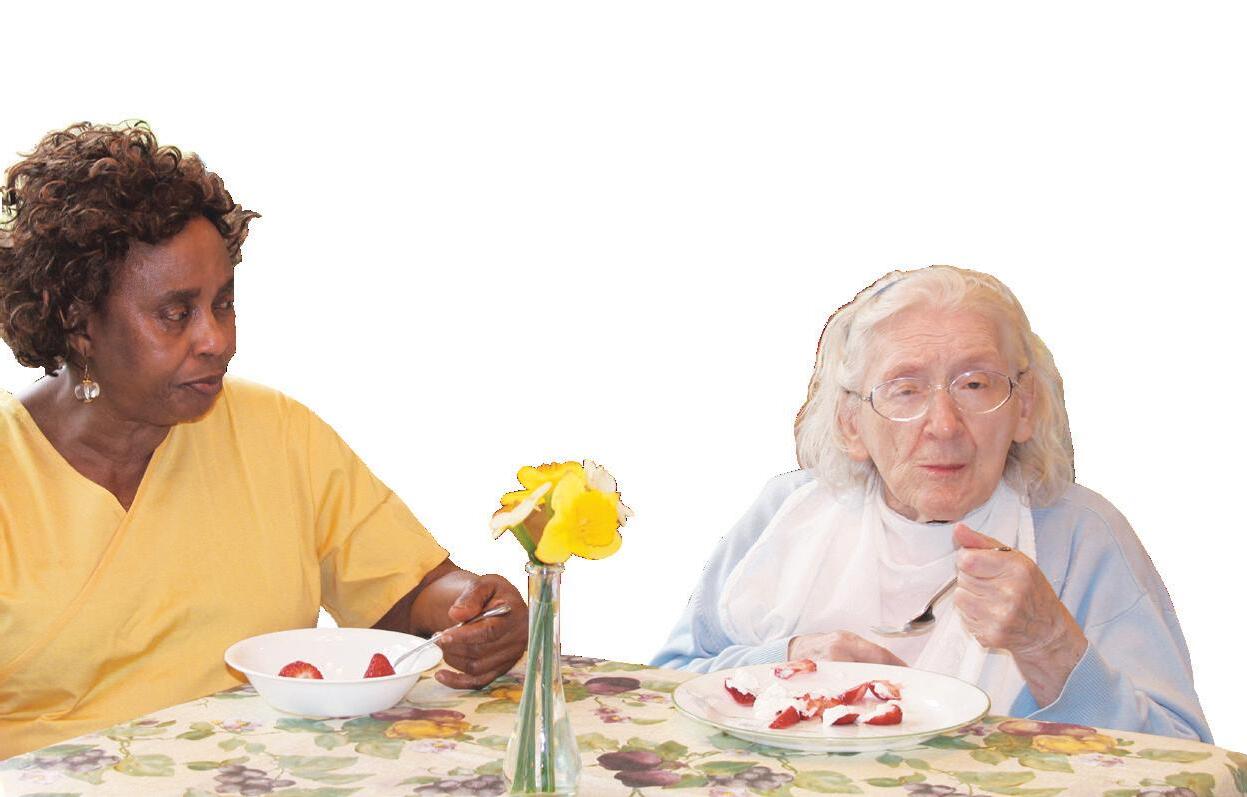
HOME HEALTHCARE is for those who are no longer able to perform all of the functions of daily living by themselves but who do not require skilled medical services. A home health aide can help with activities of daily living (ADLs), which include bathing, dressing, transferring, eating and toileting. Additional services generally include meal preparation, mobility exercises, housekeeping, laundry, medication reminders and transportation.
SKILLED NURSING CARE is prescribed by a physician and is administered by a registered nurse. The services provided by skilled nurses include: administering injections, administering medications, wound care, IV monitoring, blood tests, catheter care, respiratory therapy, physical therapy, feeding tube administration and more.
When it comes to understanding Medicare coverage, many individuals can find themselves confused by a complex web of information. This especially applies to those who want to know if they are eligible for Medicare coverage when entering a nursing home or receiving home health care. Below is some helpful information on whether you can use your home health care benefits if you have Medicare and what services and products it will cover.
First, you can use your home health care benefits if all of the following applies to your situation. Your doctor must prescribe that you need medical care at home and create a care plan. The care you need has to be intermittent and in the form of skilled nursing care, physical therapy, occupational therapy or speech therapy. The home health agency must be Medicare-certified and you must be homebound, or unable to leave the home unassisted.
Once you have established those requirements, it is important to understand what Medicare will actually cover, which includes the following:
• Home health aide services on a part-time or intermittent basis, as long as there is a skilled need
• Medical social services
• Certain medical supplies
• Durable medical equipment (wheelchair, walker, bedside commode, etc.)
Given the services and products that Medicare does cover, it is also valuable to take note of what is not covered. Care that is required 24 hours a day will not be covered. Other services not covered include personal care provided by home health aides such as bathing and dressing, along with homemaker services like cleaning and laundry. Also not included are home-delivered meals.
If you require care that goes beyond intermittent visits for a limited amount of time, or if your needs are not covered by Medicare,
Use these questions to interview providers:
How long has this provider been serving the community?
How does this provider select and train its employees?
Does it protect its workers with written personnel policies, benefits packages and malpractice insurance?
Do they consult the patient’s physicians and family members?
How does the agency follow up on and resolve problems?
Does this provider include the patient and his or her family members in developing the plan of care?
Are nurses or therapists required to evaluate the patient’s home care needs? If so, what does this entail?
Are patients involved in making care plan changes?
Does this provider supply literature explaining its services, eligibility requirements, fees and funding sources? Many providers furnish patients with a detailed “Bill of Rights” that outlines the rights and responsibilities of the providers, patients and caregivers.
Is the patient’s course of treatment documented, detailing the specific tasks to be carried out by each professional caregiver? Does this provider take time to educate family members on the care being administered to the patient?
Does this provider assign supervisors to oversee the quality of care patients are receiving in their homes? If so, how often do these individuals make visits?
Who can the patient and his or her family members call with questions or complaints?
What are the financial procedures of this provider?
Does the provider furnish written statements explaining all of the costs and payment plan options associated with home care?
What procedures does this provider have in place to handle emergencies? Are its caregivers available 24 hours a day, seven days a week?
Source: Information adapated from the National Association for Home Care & Hospice (NAHC). For more information, visit www.nahc.org
an important option to consider is private duty home care. For more information on Medicare coverage,
visit medicare.gov. Information Provided by Family & Nursing Care and adapted from medicare.gov.
PENNSYLVANIA
We are all familiar with the “I’ve fallen and I can’t get up” commercial advertising wearable pendants that can be pressed when a person needs help. But there is so much more available today.
There are currently devices available that can visually and audibly alert individuals when it is time to take their medication. Given the fact that approximately 40 percent of nursing home admissions are the result of individuals being unable to take medication without supervision, these devices can help more seniors remain at home. Sold in varying shapes and sizes, holding large to small pills, medication management devices can beep, flash, and text patients and caregivers when it is time to take a medication or text
when a medication is missed. They can be purchased with monthly services to allow distant caregivers the ability to manage medications. Devices range from $299.00 to $999.00.
Tracking devices are also available that allow people to be found quickly if they wander. These tracking devices can be worn as watches, placed in a shoe as an insert, worn on a belt or worn around the neck as a pendant. According to the Montgomery County Police – Project Lifesaver, it is imperative that an individual is found quickly, because for each moment lost, the search grid expands to a size that makes it almost impossible for individuals to be found. With that in mind, when choosing a tracking device, it is important to know how soon the
device will notify caregivers the person is wandering. Very few of the devices currently on the market can give an exact location. Newer models also include two-way voice communication. The assistive technology market also includes devices that can monitor health, sleep patterns and movement in the house. House sensors can monitor water leakage, movement in the bathroom, movement in and out of a bed or a chair, as well as the opening and closing of cabinets or doors. Finally, there are sensors that can turn off appliances if there has been no movement in a certain amount of time. Using the power of new technologies, caregivers can provide independent, safe living environments for their parents or other loved ones and still have peace of mind. By working with loved ones and professionals, seniors can create secure environments while aging in place.
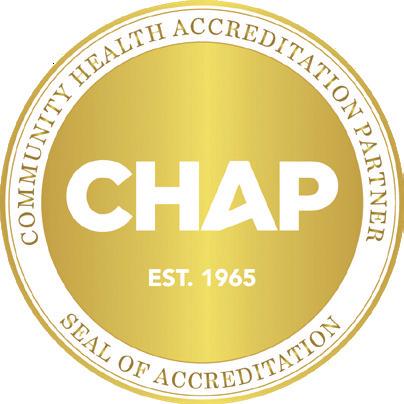


Adult Day Centers are an important option for family caregivers, as they offer socialization, activities, and necessary supervision to those who are socially isolated or need care and assistance.
Caregivers can feel confident that their loved one is safe and well cared for at an adult day center while they are at work or performing other necessary tasks. Centers offer a variety of programs and amenities, including exercise programs and a diverse schedule of engaging activities.
Assistance with the activities of daily living, including eating, walking, toileting and medication management may also be available. Additionally, many centers offer physical, speech and occupational therapies to their participants. All licensed centers provide nutritious meals and snacks on a daily basis.
Choosing a provider
After locating nearby providers,
Caregivers can feel confident that their loved one is safe and well cared for at an adult day center while they are at work or performing other necessary tasks.
call them to request flyers, brochures, calendars and application information. While reviewing this information, pay careful attention to how many years the provider has been in business and their licensures and certifications. Be sure to understand the staff credentials, staff-to-participant ratio, and the medical conditions the facility and its staff are equipped to
Use this checklist to review
Use the following questions to guide your visits to adult day centers. Be sure to get all your questions answered and do not hesitate to ask follow-up questions if anything seems unclear.
How many years has the center been in operation?
Is the center licensed, certified or accredited?
What are the days and hours of operation?
If needed, is assistance provided with eating, toileting and dispensing medication?
What types of activities are provided?
Do participants help plan activities?
Are meals or snacks provided?
Can special dietary needs be accommodated?
Do participants have individual service plans? How often are they updated?
What is the staff-to-participant ratio?
What type of training do staff members receive?
handle. Inquire about the availability of transportation to and from the program if it is necessary. The types of activities offered and the menu variety should be considered as well. Specific costs and any financial assistance that is available should be clearly outlined in the information packet.
Reviewing printed materials and asking questions over the phone can help narrow the choices, but the final decision of which adult day center to use must be made in person. During the visit, staff members should be able to provide clear and easy-tounderstand information about the services and activities provided at the center. Checking references from individuals who are currently using this provider or have used them in the past is the final step in the decisionmaking process.
Source www.nadsa.org
Are fees charged hourly, daily or monthly? What will the total fee be for services?
How are payments accepted?
Is a deposit required?
Is financial assistance available?
Are special care options available for participants with certain conditions, such as memory loss?
Are transportation services available? What is the additional fee?
Is physical or occupational therapy available on site? Is there an additional fee?
Is the facility easily accessible?
Is the facility clean and pleasant?
Do staff members and participants seem to interact frequently?
Are staff members welcoming and engaging?
Do participants appear happy and engaged?
Source www.nadsa.org.
ADULT
CENTERS & SERVICES FEATURED ON PAGE PHONE
Active Day of Newark
Riverside AD Prog. - Wilmington
Active Day of Bristol
Active Day of Broomall
Active Day of Center City
Active Day of Chestnut Hill
Active Day of Clifton Heights
Active Day of Crozer
Active Day of Exton
Active Day of Horsham
Active Day of Kennett Square
Active Day of Overbrook Park
Active Day of Plains
302-533-3543
302-765-4175
215-788-2408
610-325-1600
267-773-8135
215-242-4501
610-626-4270
484-768-2110
610-363-8044
215-443-5300
610-388-1166
215-877-0202
570-823-5161
Active Day of the Northeast 215-676-7800
Active Day of Warminster
215-343-6250
Adult Day Srvs Souderton Ctr - Souderton 215-703-0523
Adult Day Service at Westminster Village 610-782-8390
Chandler Hall Health Services - Newtown 215-860-4000
Delta Community Supports - Levittown 215-943-9230
Elderwatch Plus - Philadelphia 215-877-0202
Evergreen Adult Day Program - Wyndmoor 215-233-6309
Homelink, Inc. - Philadelphia 286-951-4321
Kit’s Corner - Frederick 610-754-7878
Landis Adult Day Services 7 717-581-3939
LifePath, Inc. - Sellersville 215-257-8687
Lifespan Adult Day Care Srvs - Pennsburg 215-679-2659
Lifespan Adult Day Care Srvs - Quakertown 215-536-6016
Main Line Adult Day Center - Bryn Mawr 610-527-4220
Cognitive
Physical
Entertainment
Chair Exercises
Registered
Manatawny Manor Adult Day Srvs 610-705-3749
Menno Haven ADC - Chambersburg 800-222-6695
Mid County Senior Srvs - Newtown Square 610-353-6642
Montgomery Adult Day Living Ctr - Lansdale 215-855-7997
Narberth Adult Day Care Center - Narberth 610-617-7850
North Penn VNA Adult Day Srvs - Lansdale 215-855-8296
North Penn VNA Adult Day Srvs - Souderton 215-703-0523
Northeast Adult Day Care - Philadelphia 215-671-0200
Riverview Adult Day Health Svrs - Royersford 610-792-2399 SarahCare Adult Day
Bathing



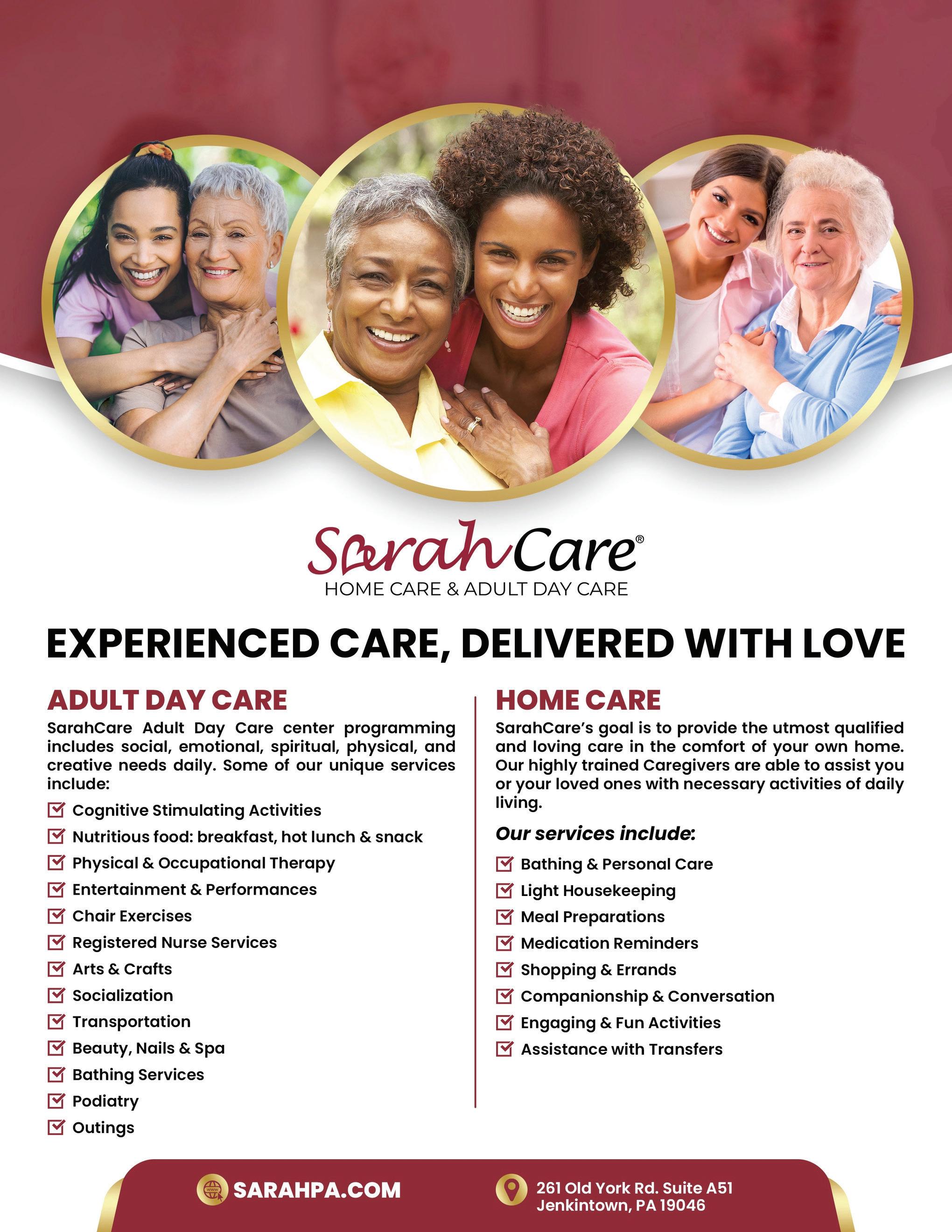

Copyright ©2024 by Regrad Solutions, LLC. Phone 1-800-394-9990. The contents of this publication may not be copied or reproduced in any manner without express written permission of the publisher. Every effort has been made to assure the accuracy of all information published in the Retirement Living Sourcebook Regrad Solutions assumes no liability for damages arising from errors or omissions. For information about advertising, circulation, or editorial content, call toll-free: 1-800-394-9990.
All property advertisements in the Retirement Living Sourcebook are subject to the federal Fair Housing Act, which makes it illegal to advertise any preference, limitation, or discrimination because of race, color, religion, sex, handicap, familial status or national origin, or intention to make any such preference, limitation, or discrimination. State and local laws forbid discrimination based on factors in addition to those protected under federal law. Retirement Living Sourcebook will not knowingly accept any advertising for real estate which is in violation of the law. All persons are hereby informed that all dwellings advertised are available on an equal opportunity basis.
We are pledged to the letter and spirit of U.S. policy for the achievement of equal housing opportunity throughout the nation. We encourage and support an affirmative advertising and marketing program in which there are no barriers to obtaining housing because of race, color, religion, sex,
or national origin.

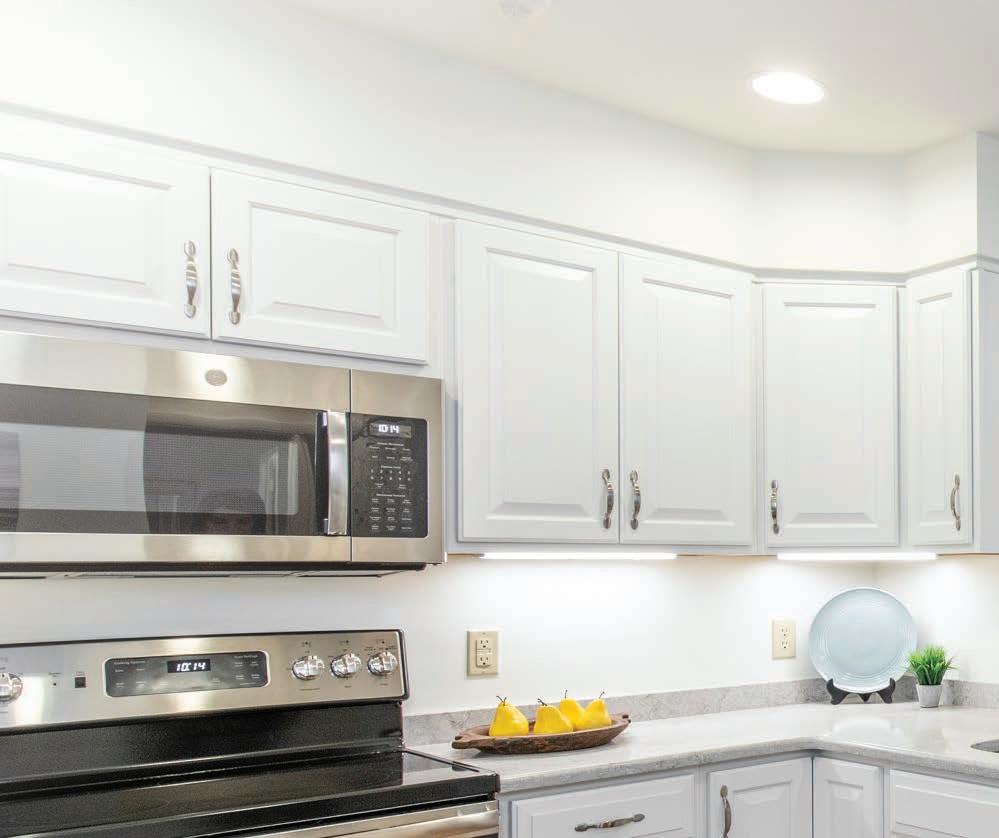
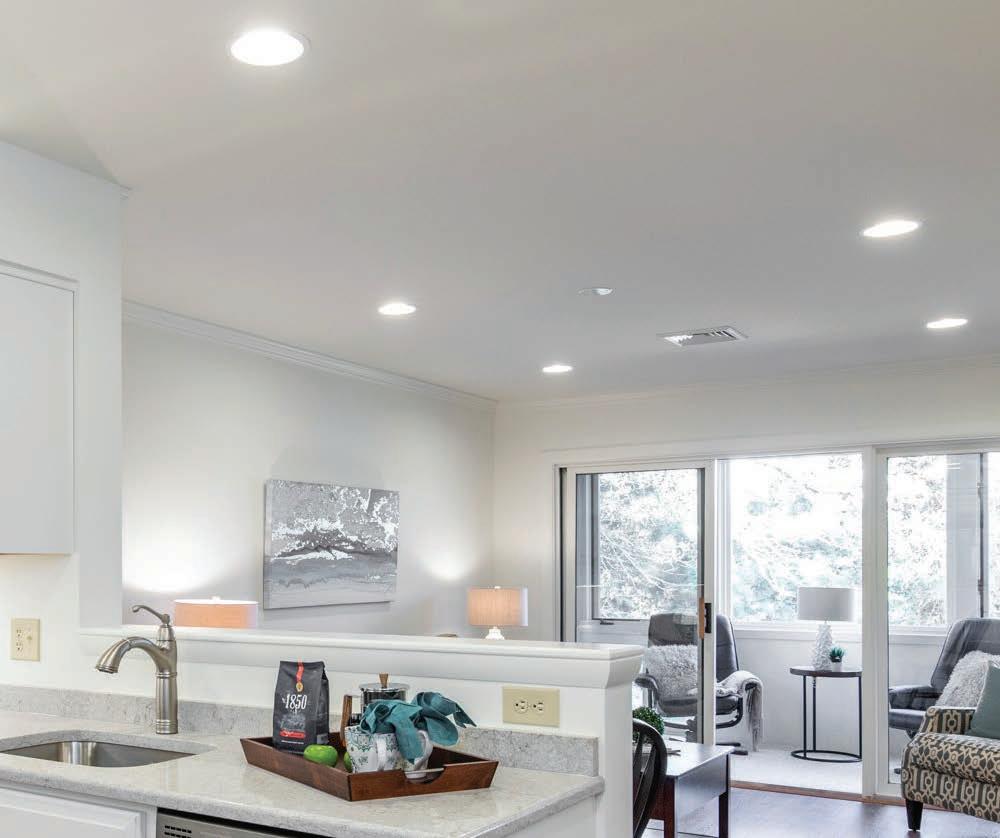
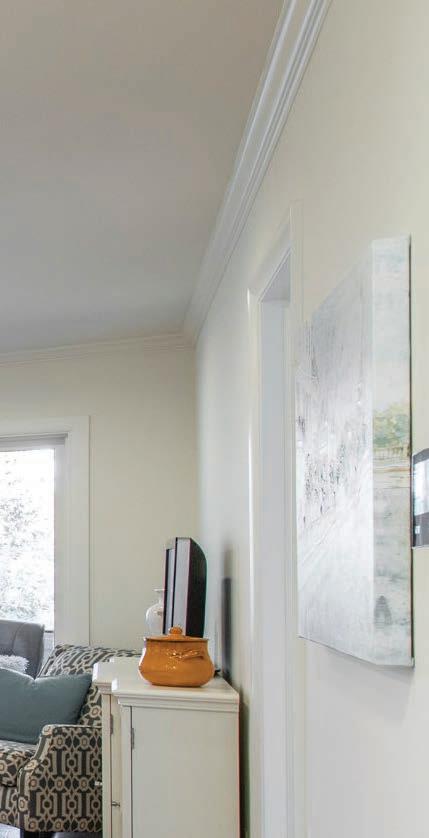
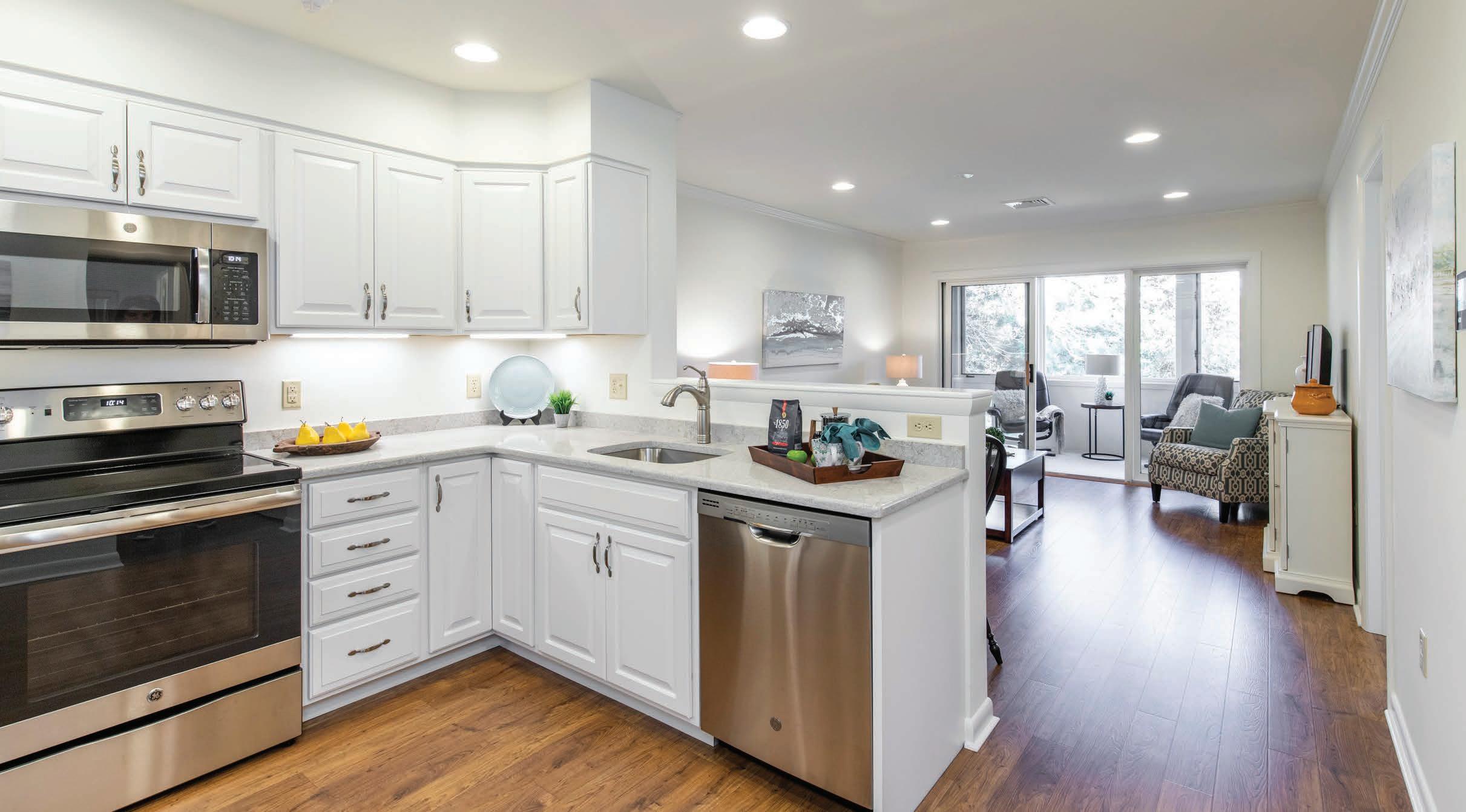
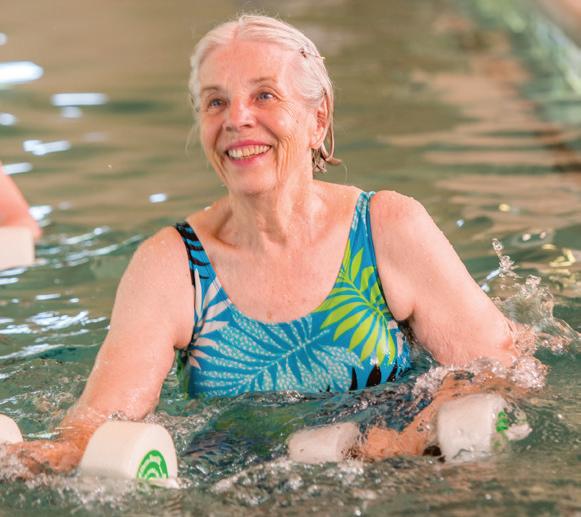
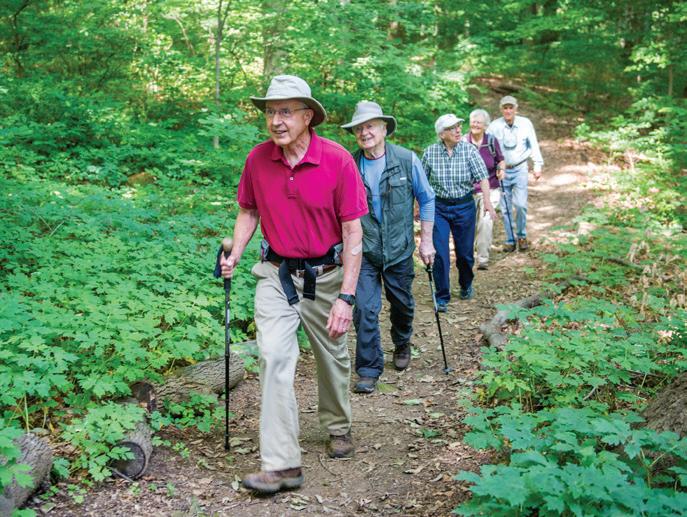
With over 100 resident committees and a 500 acre campus, live with purpose at Kendal~Crosslands Communities. From exercise classes to pottery and from hiking to gardening, you’ll have the freedom to pursue your interests in our communities adjacent to world-renowned Longwood Gardens. And, with a solid plan in place, you’ll have peace of mind. Experience a vibrant life at Kendal-Crosslands and take advantage of the many options available when designing your new home.


Contact us to learn more about currently available homes—don’t miss out, call today!
info.kendal-crosslands.org/
800.216.1920